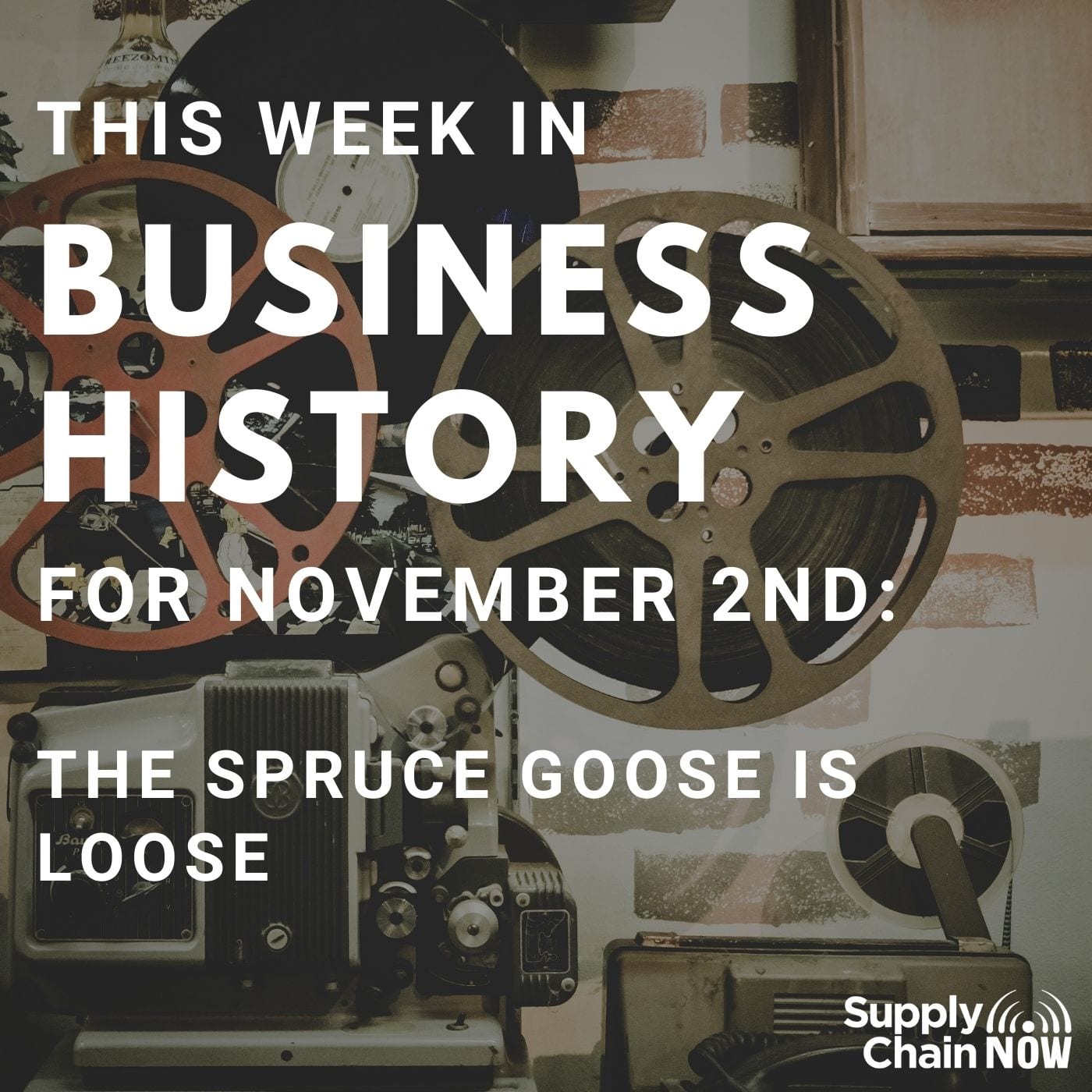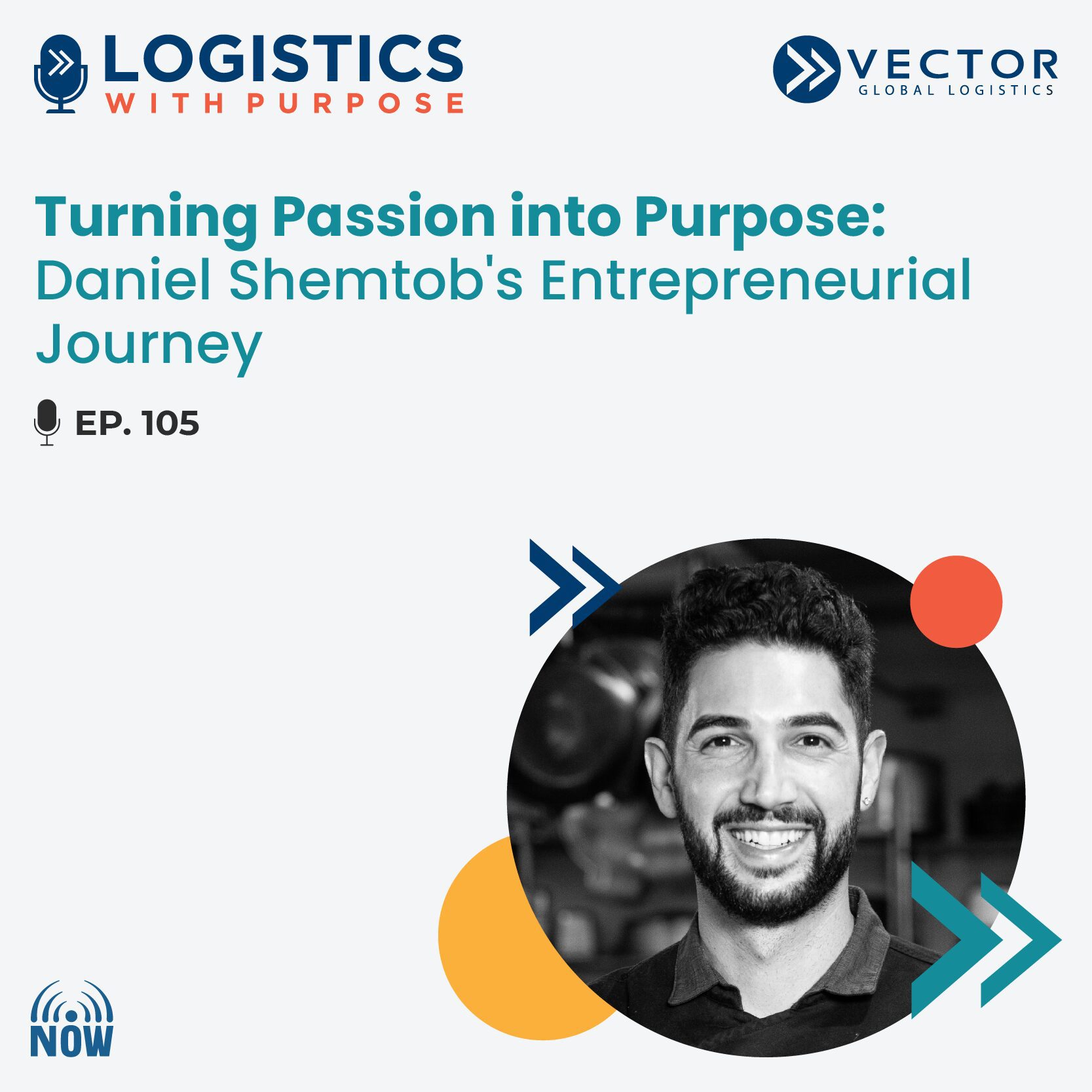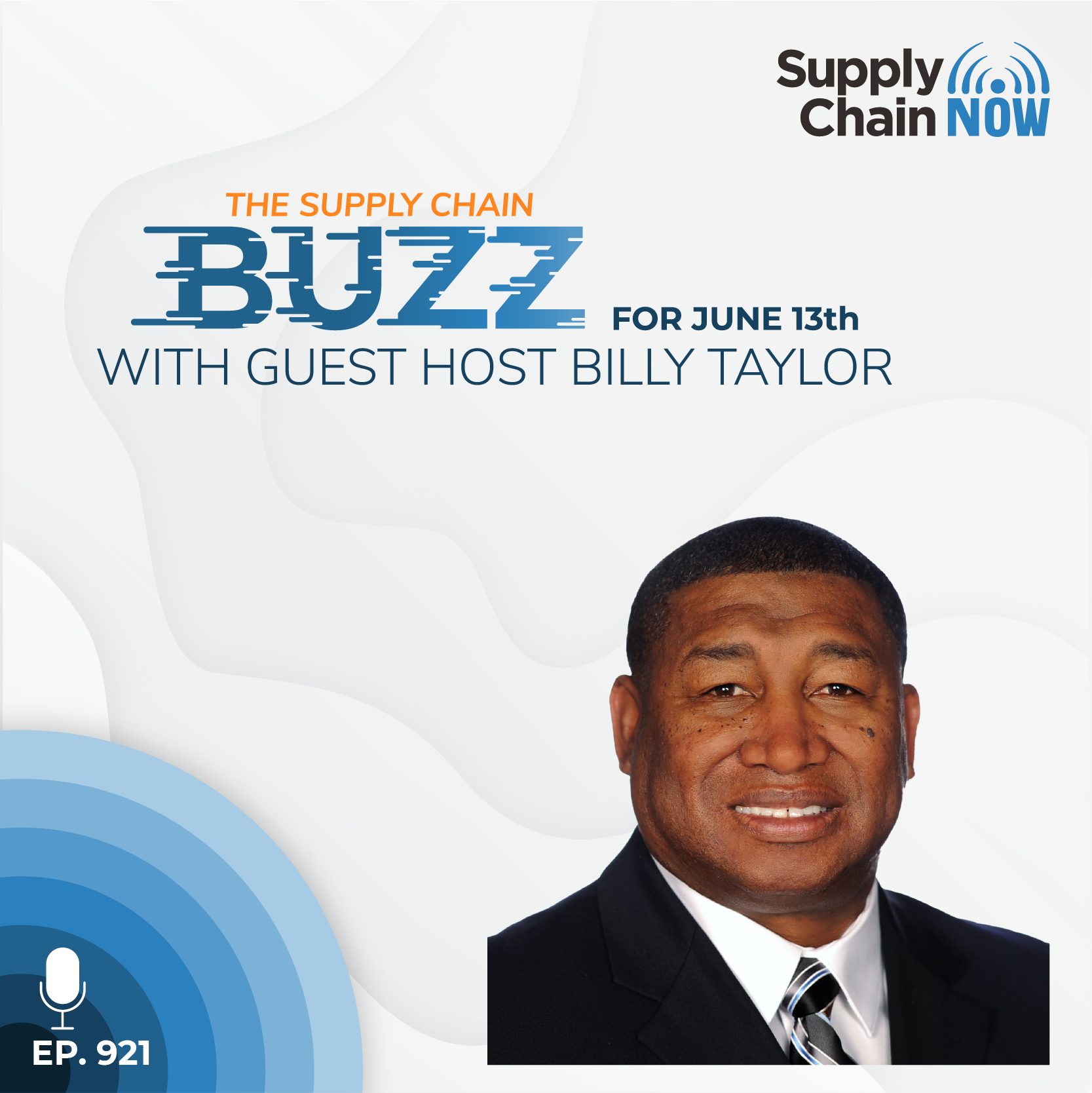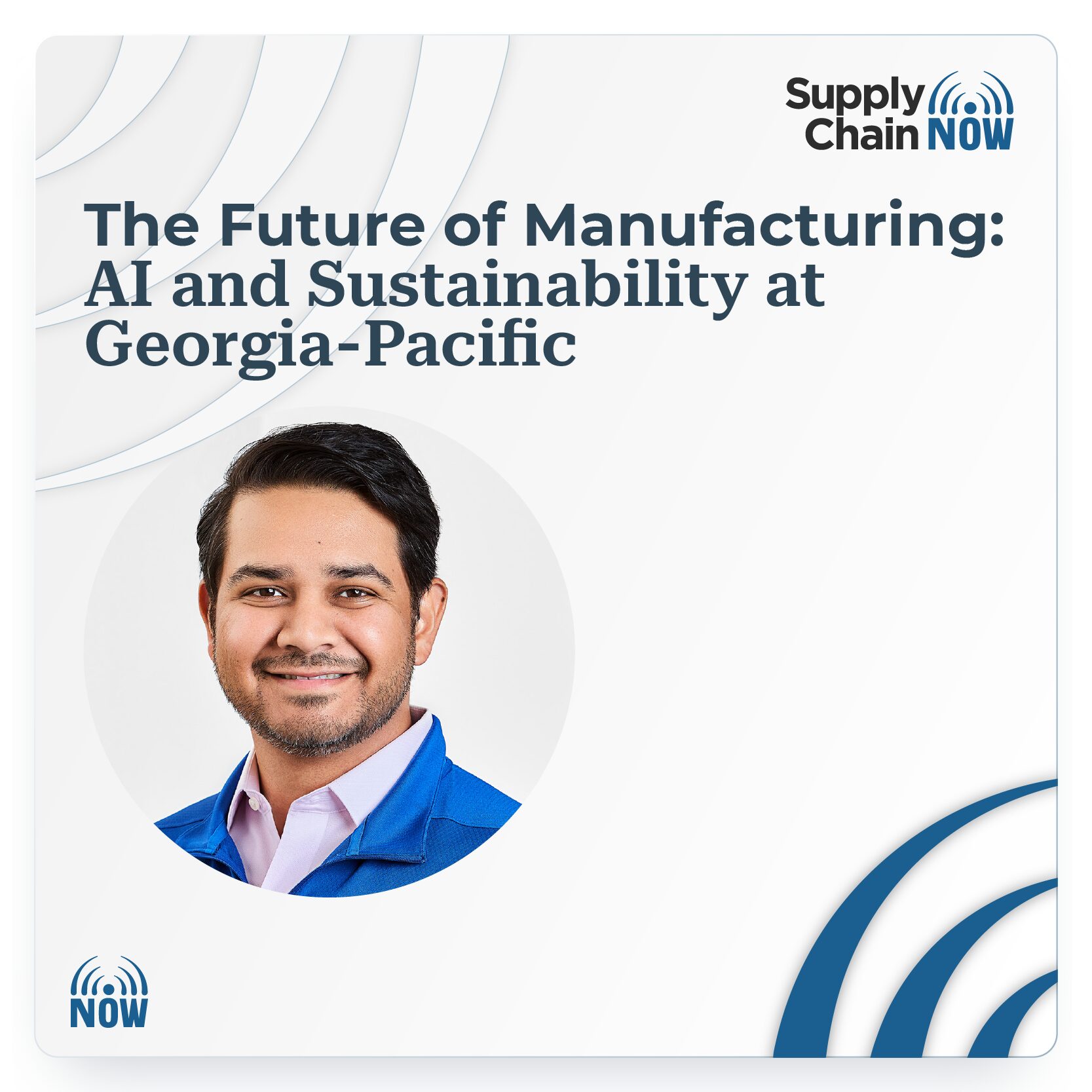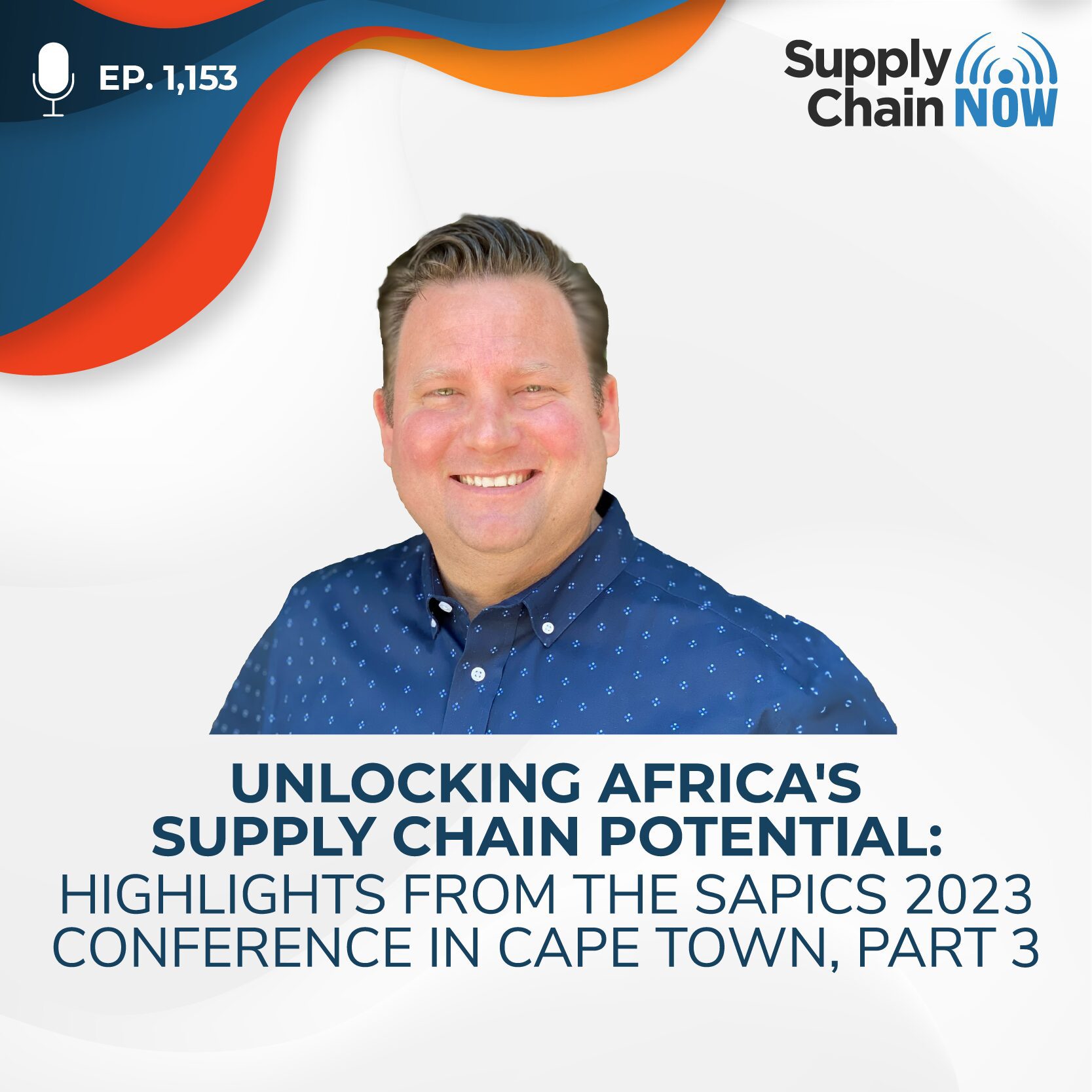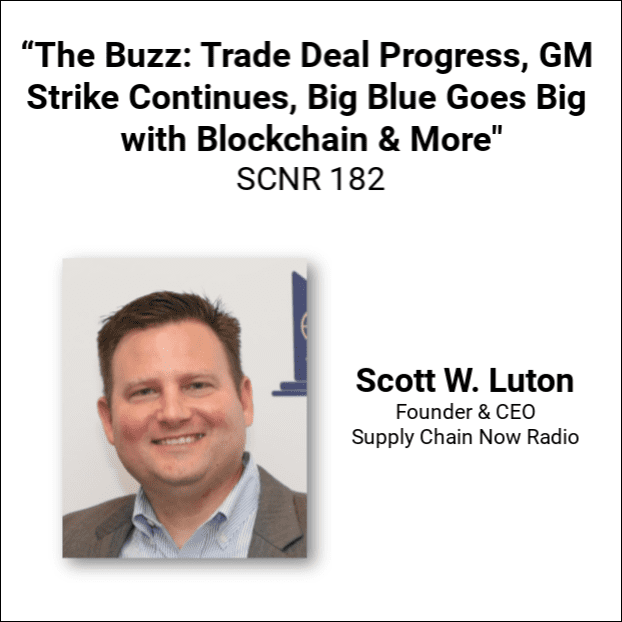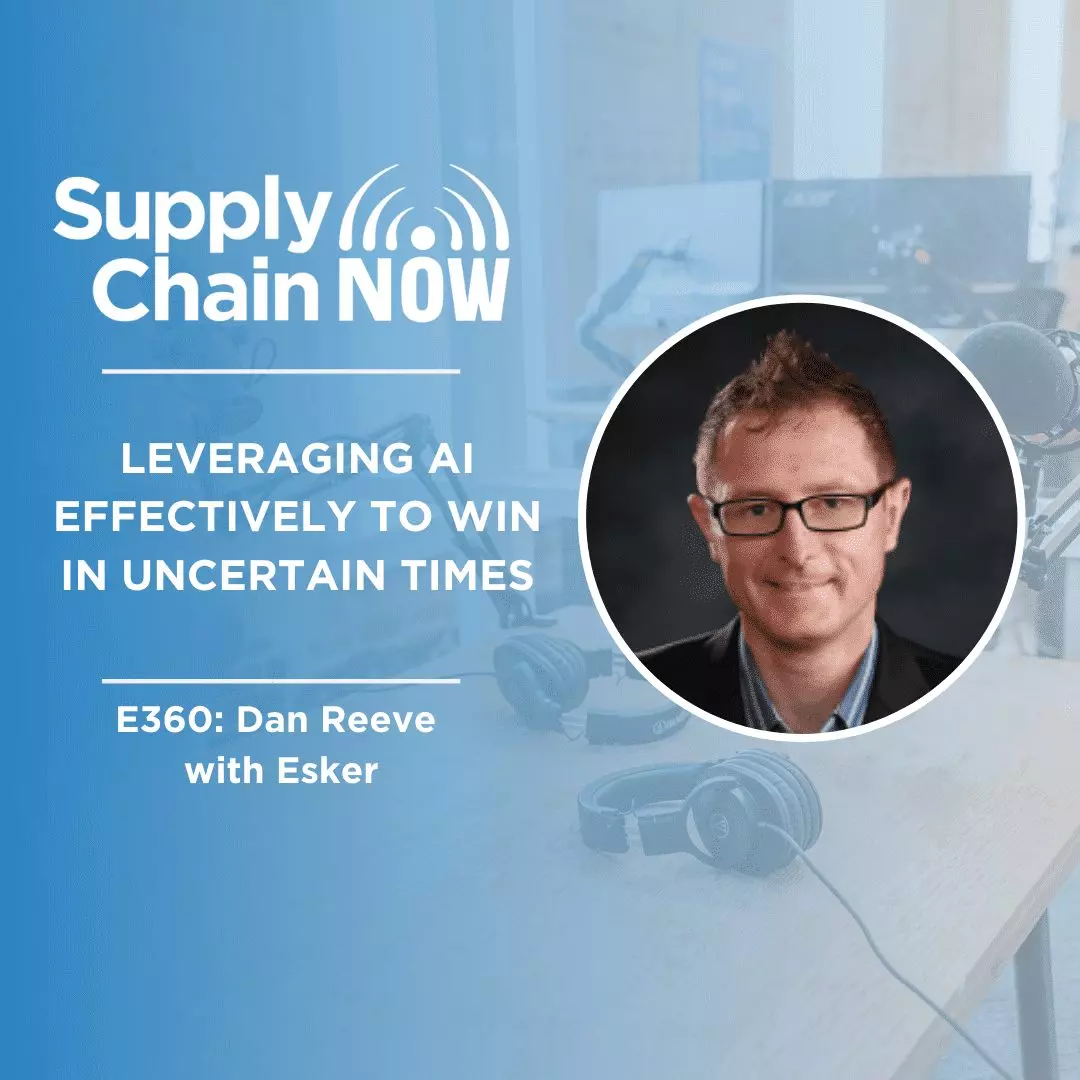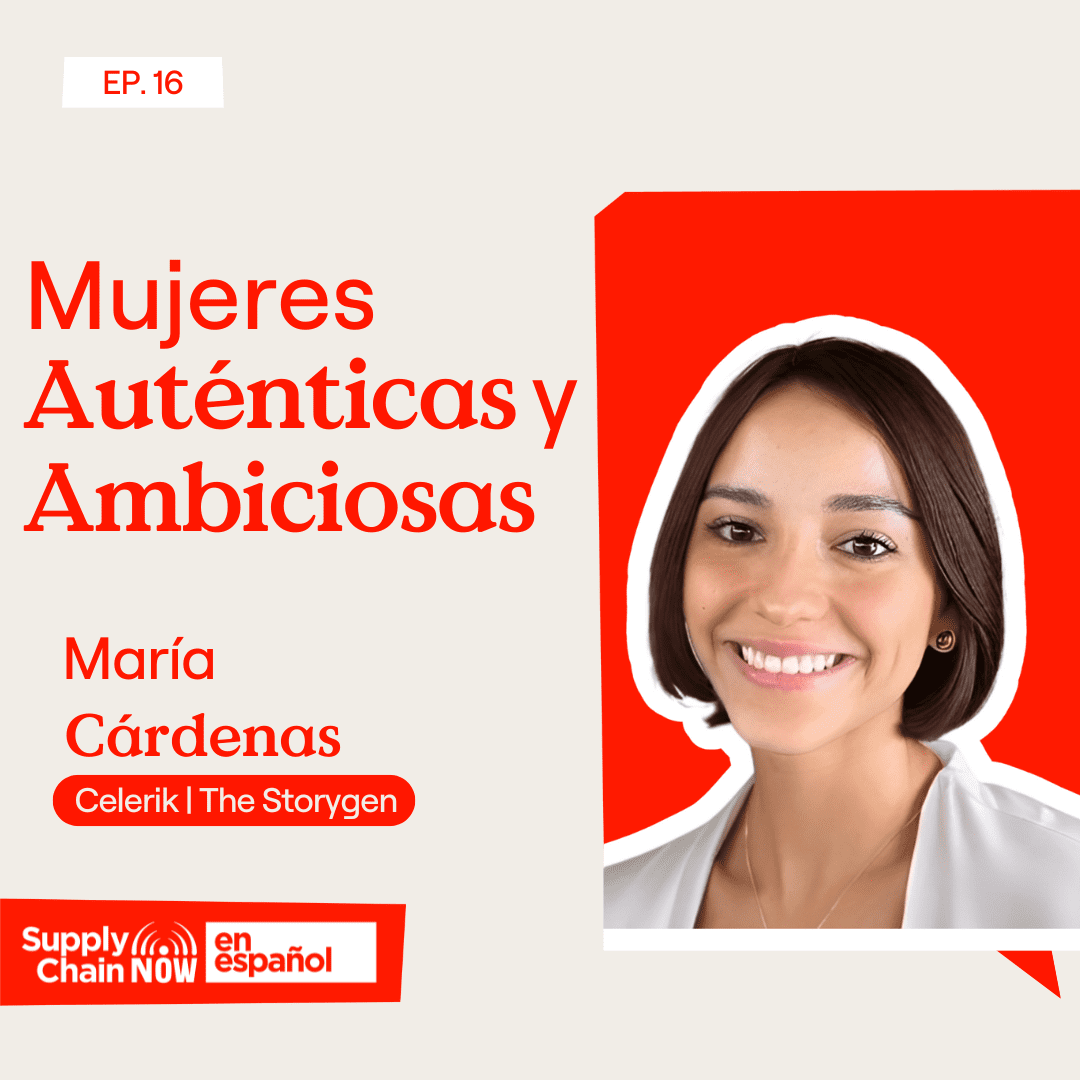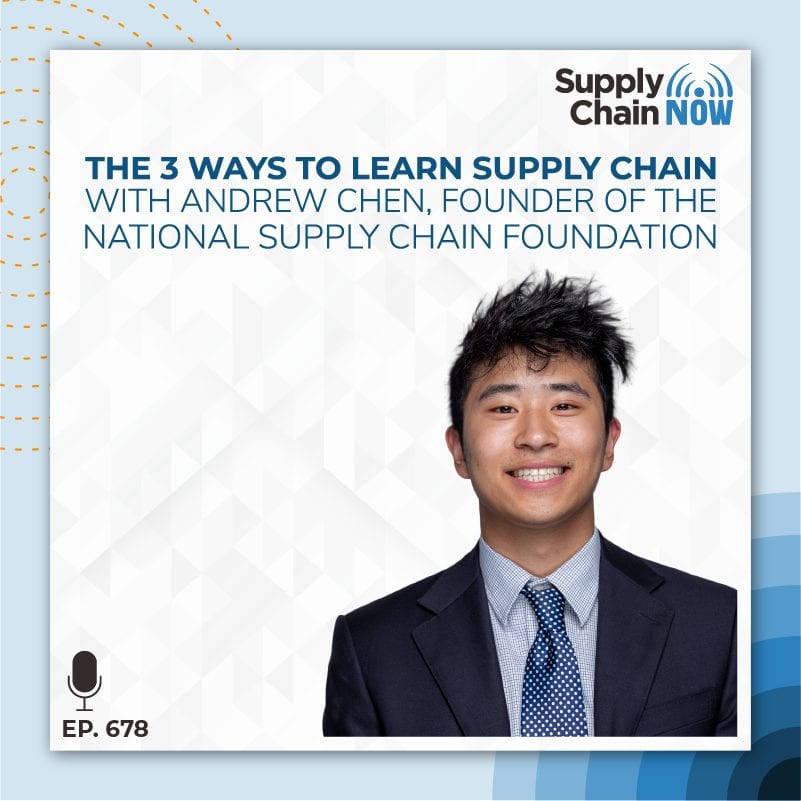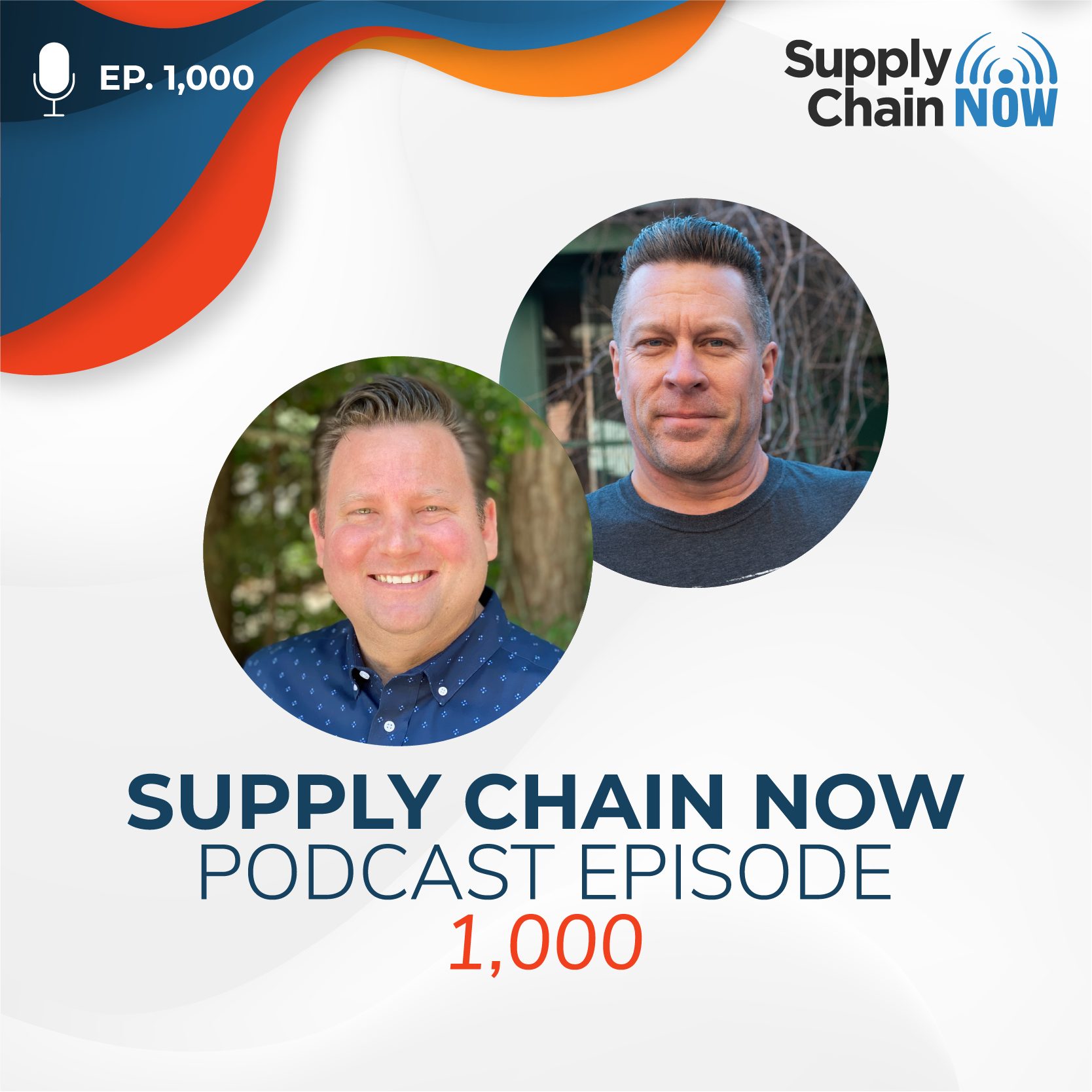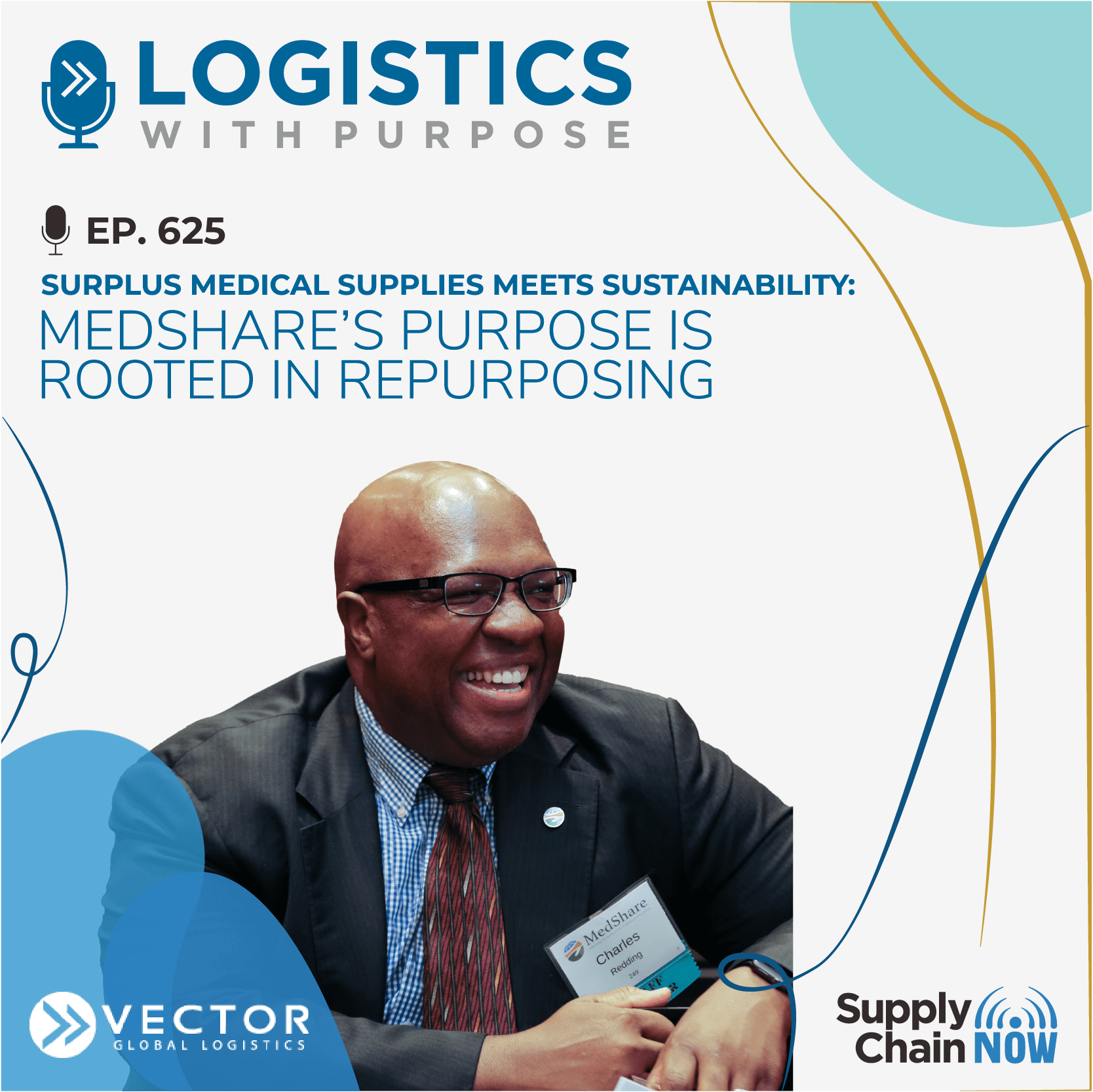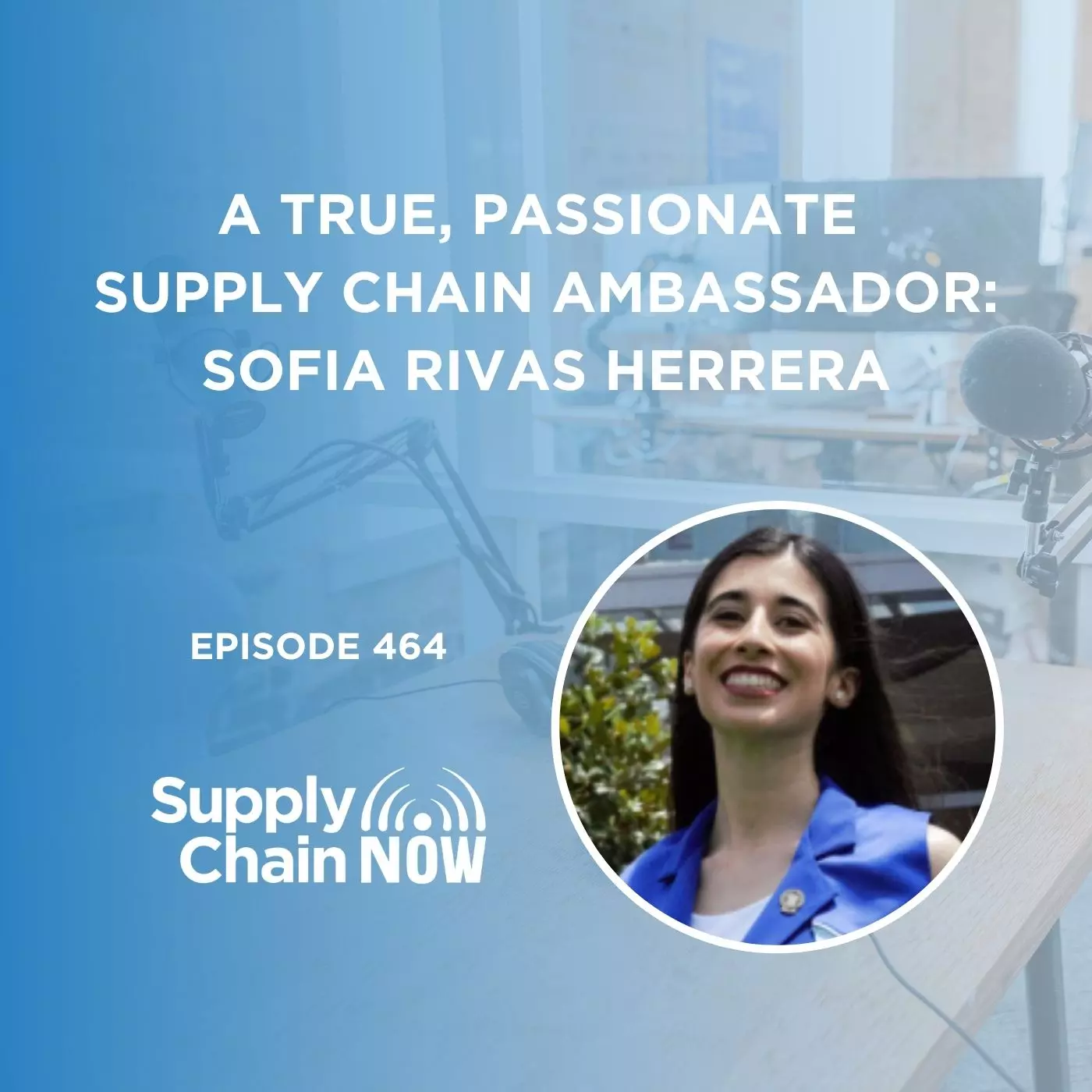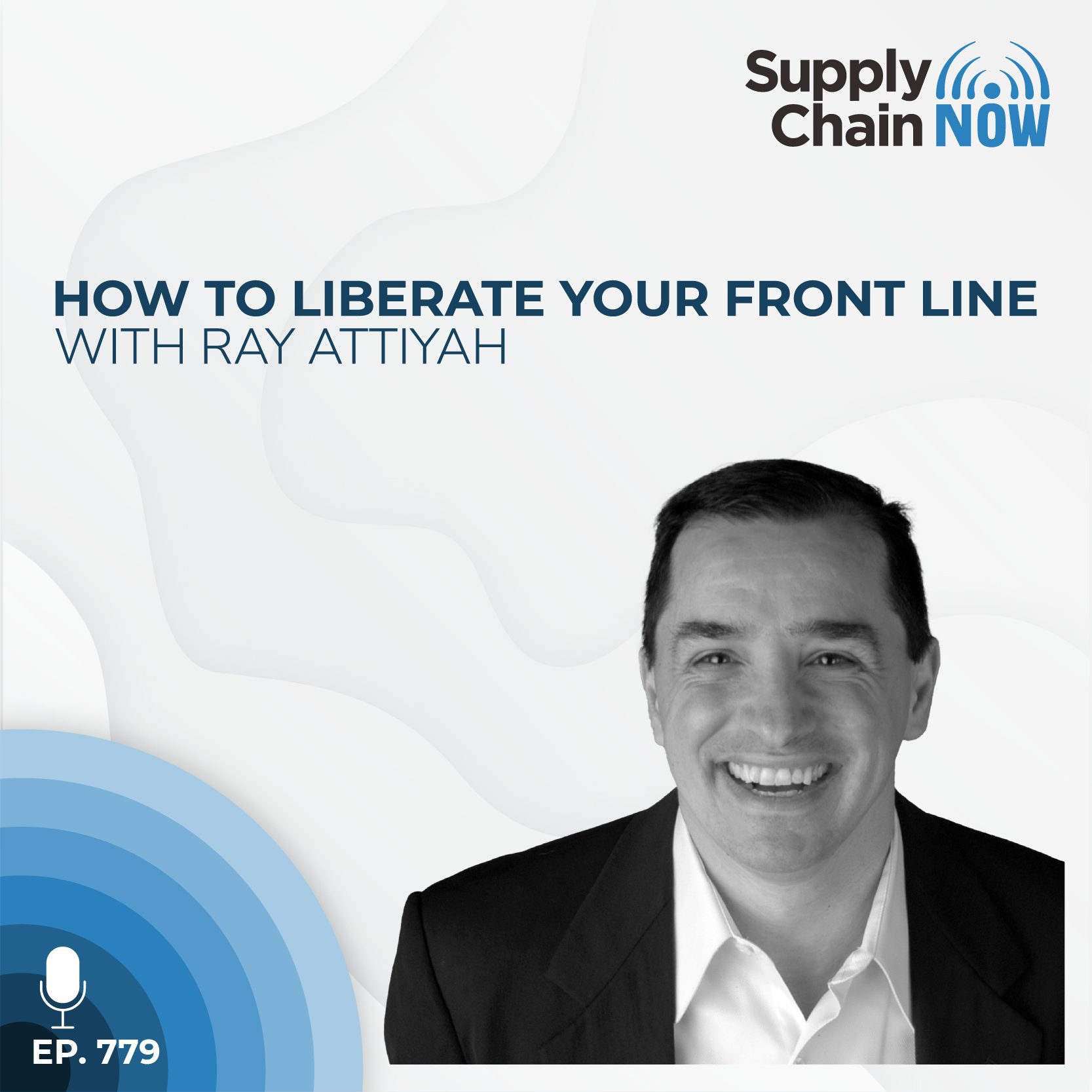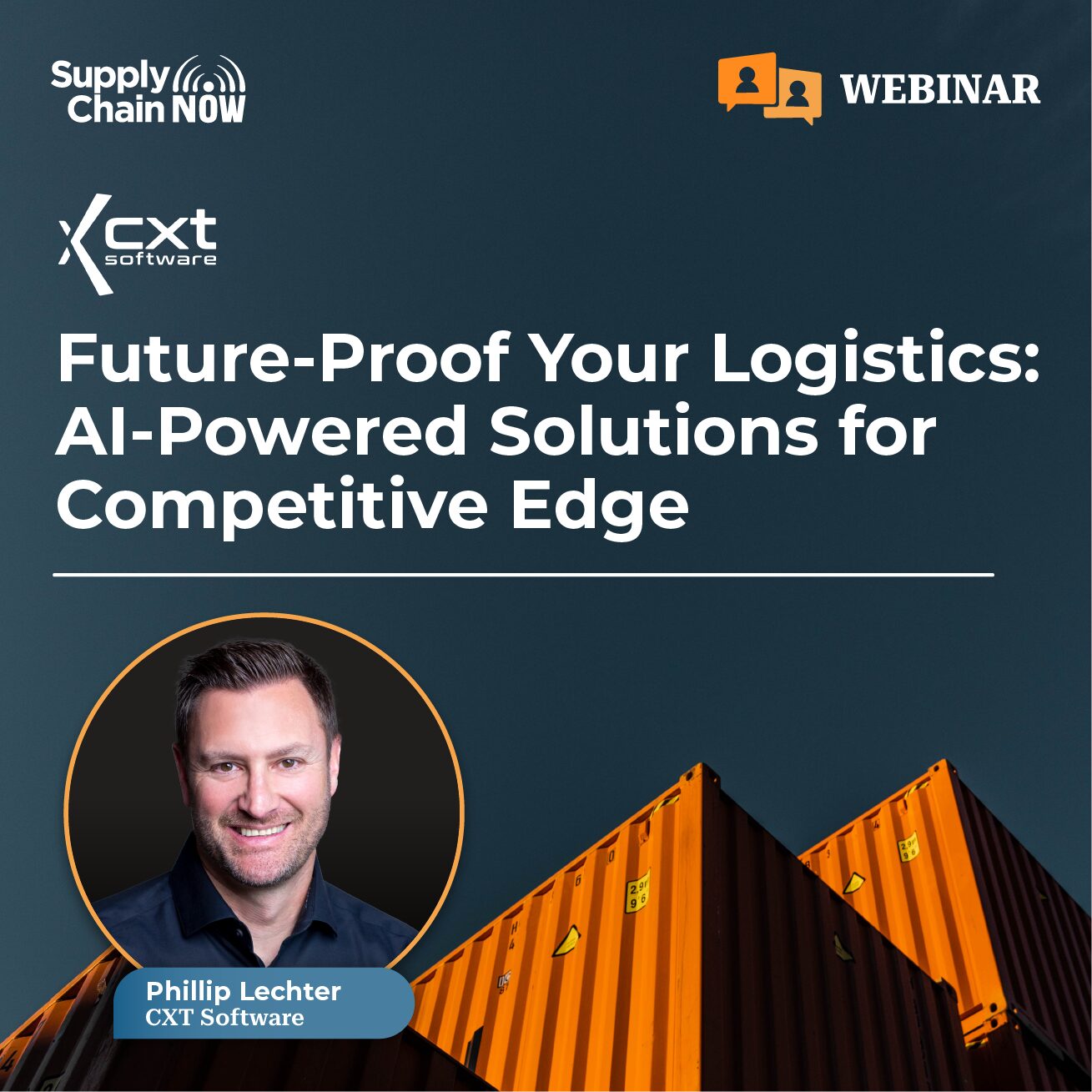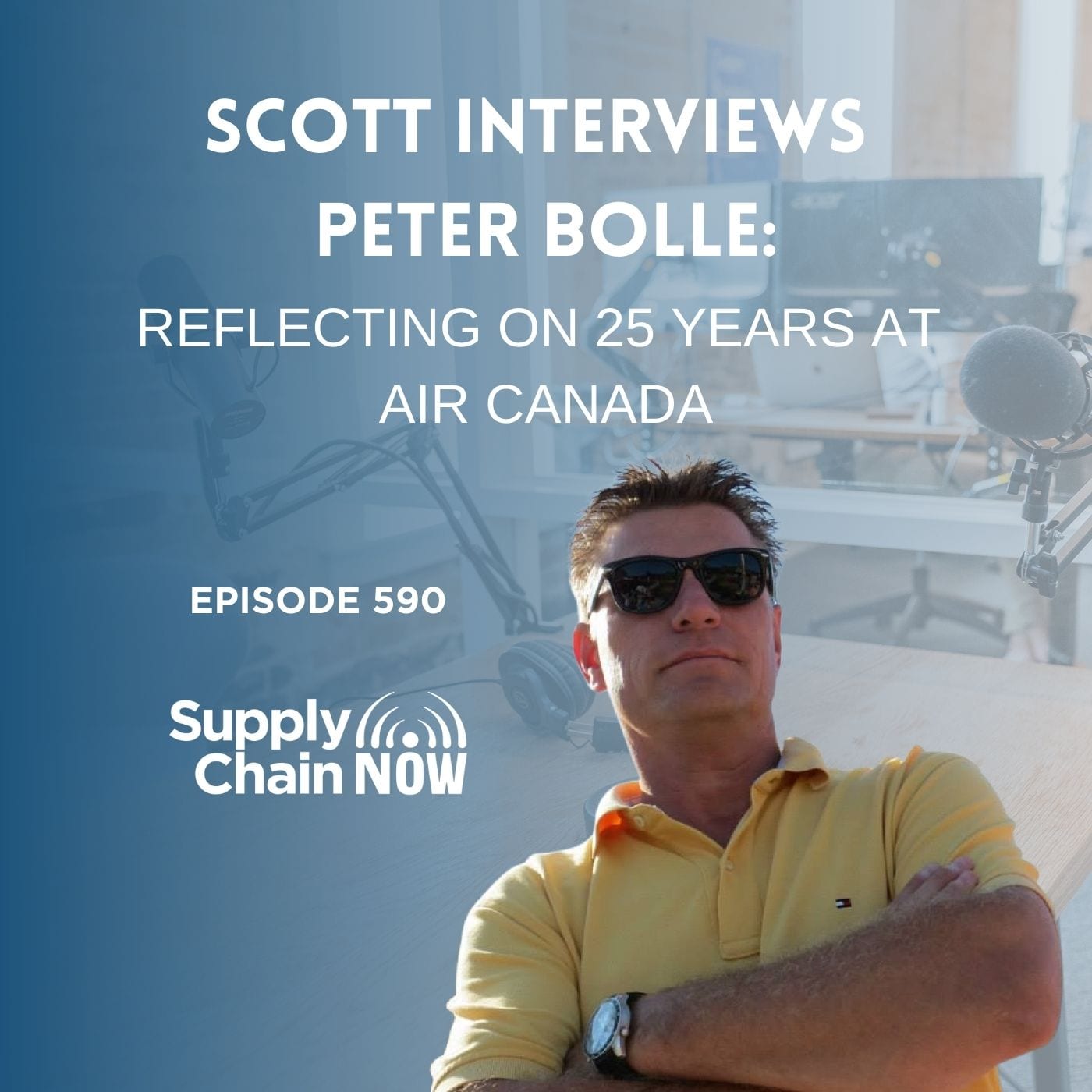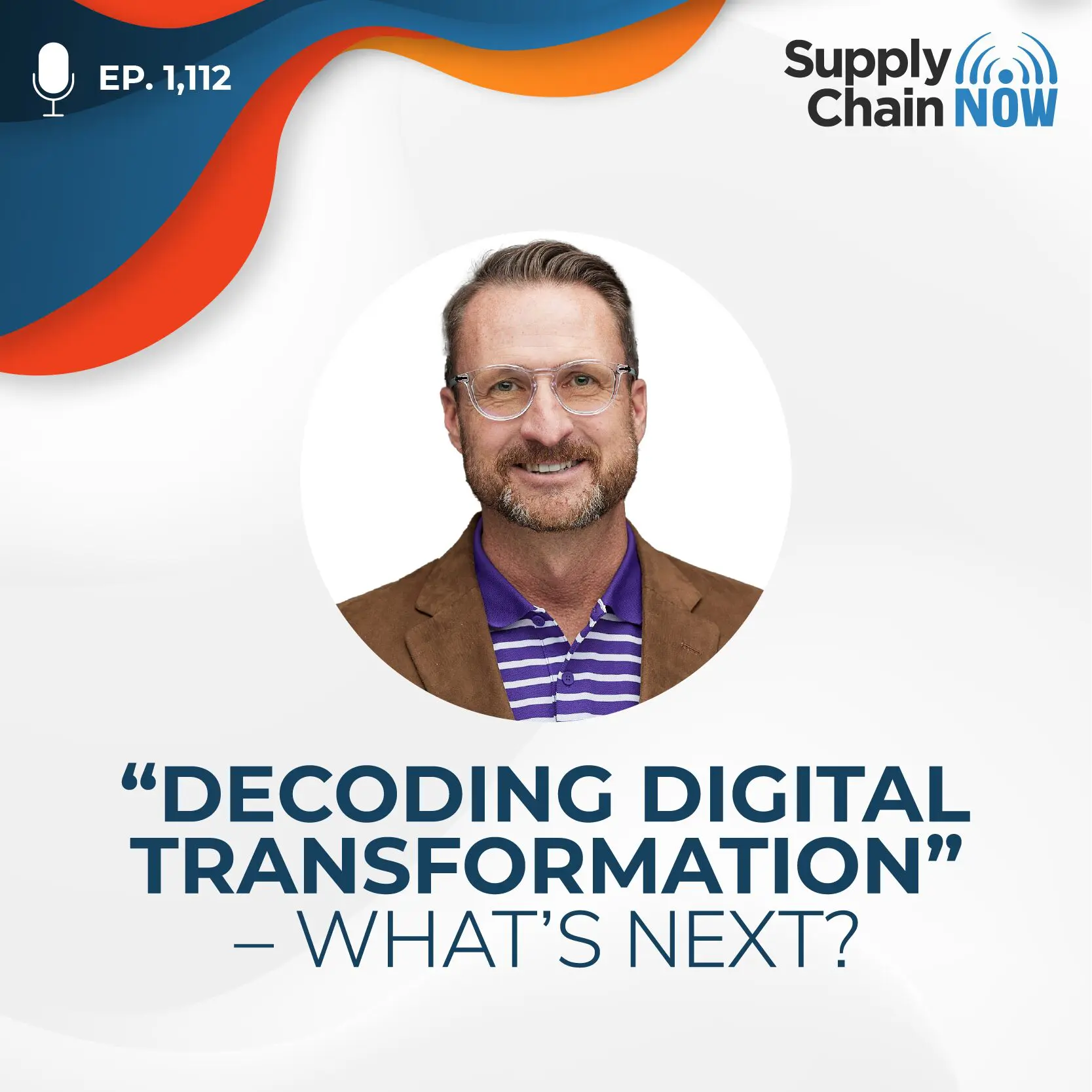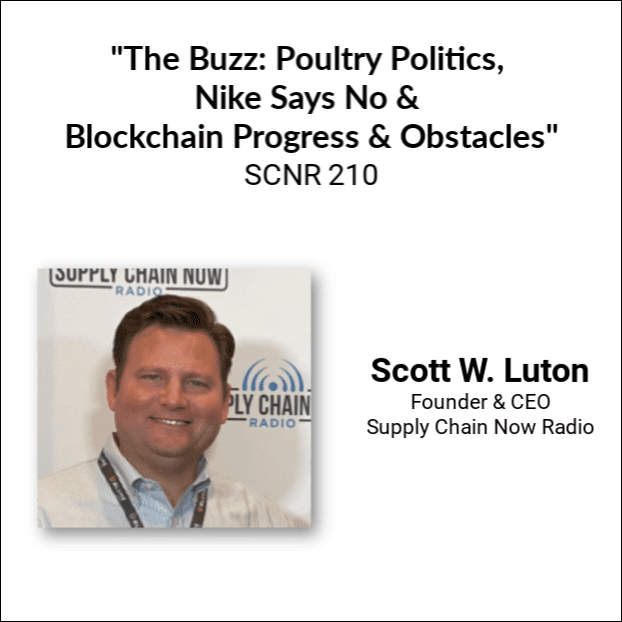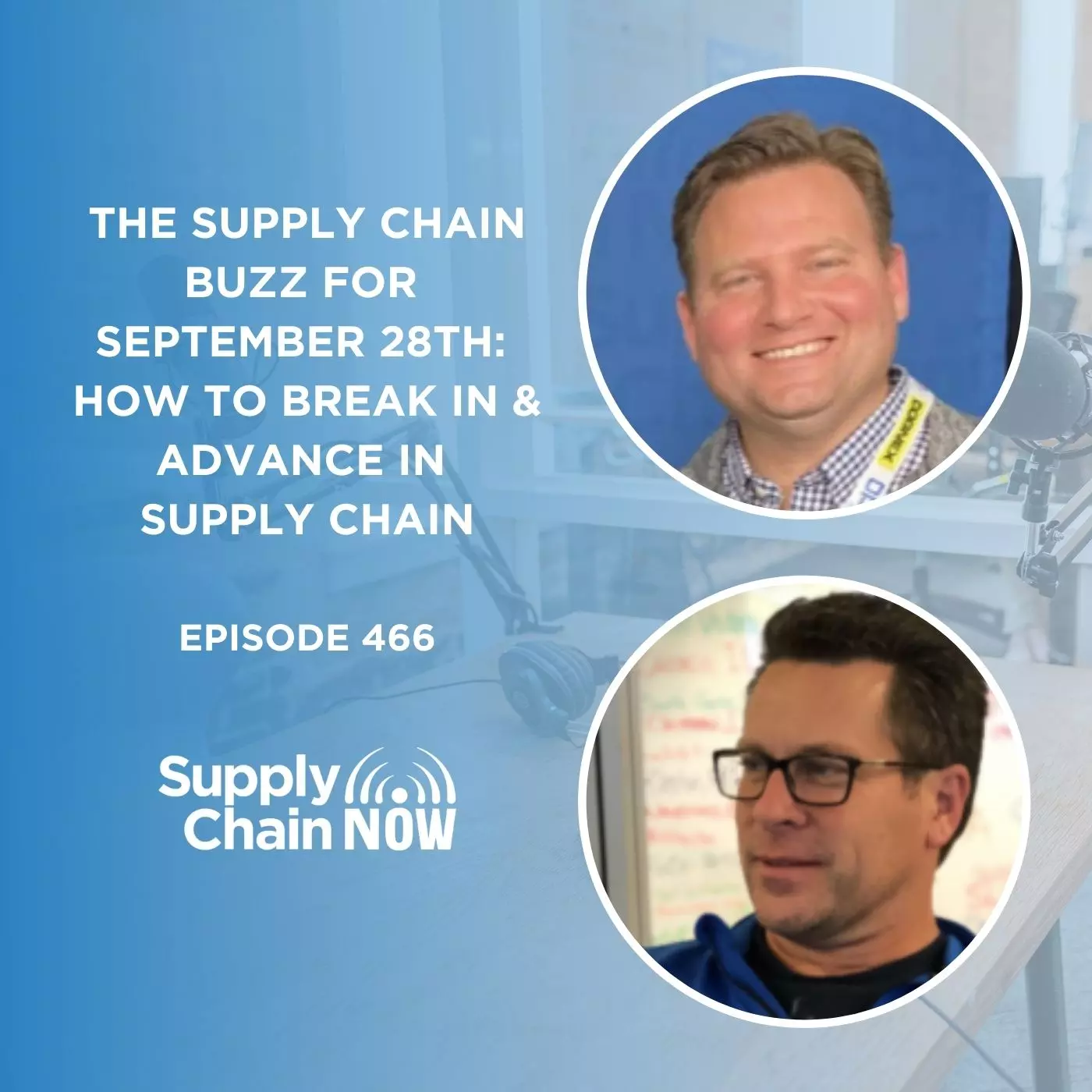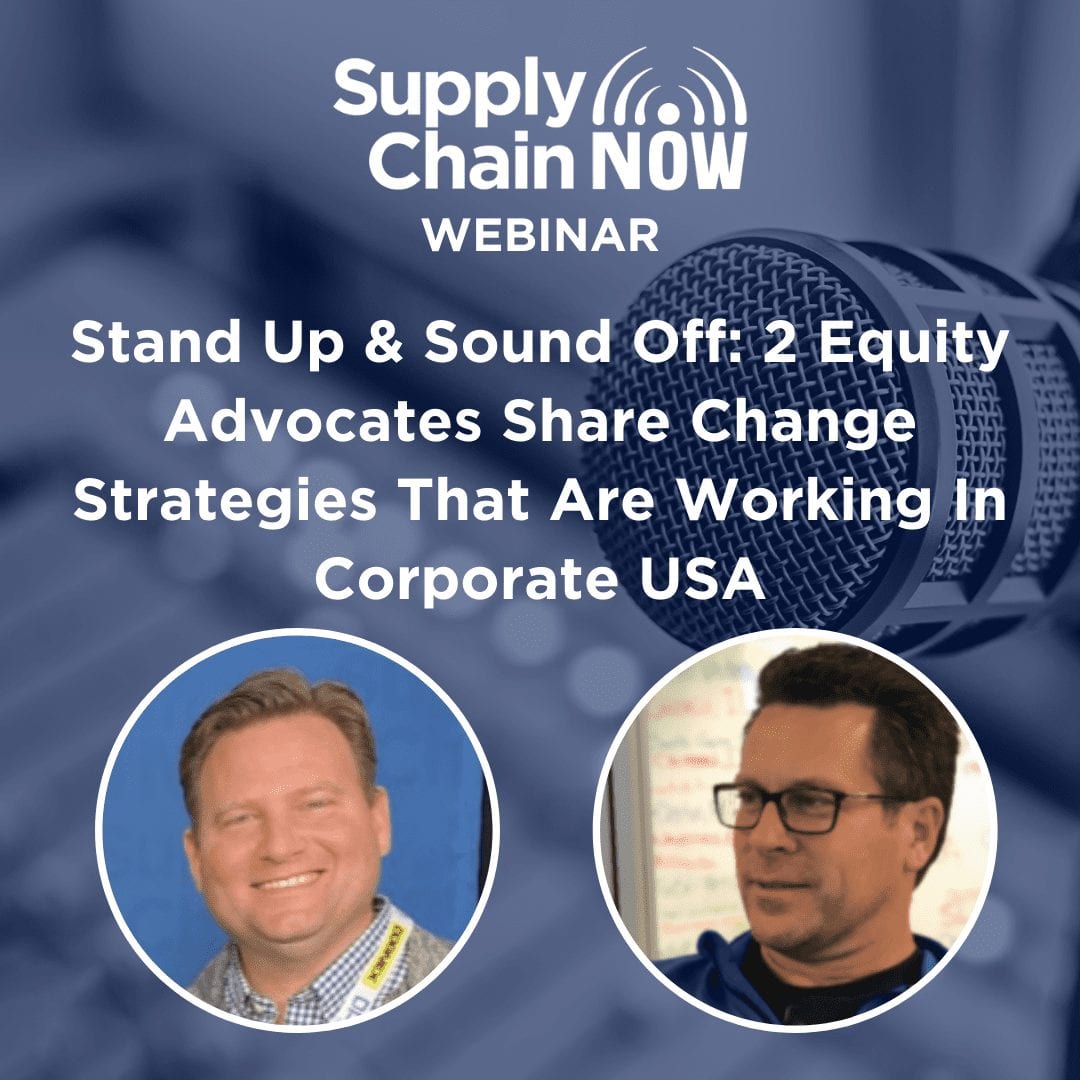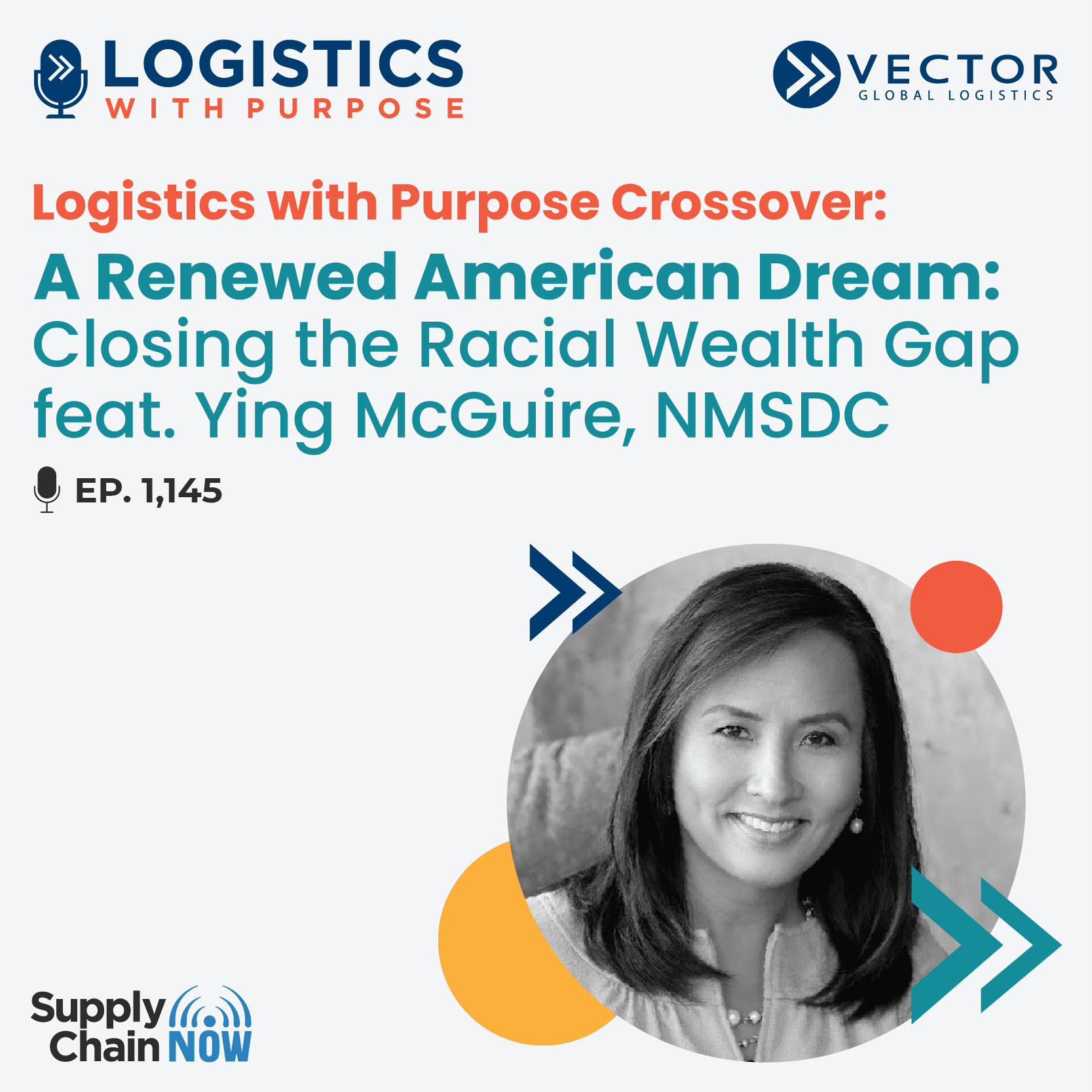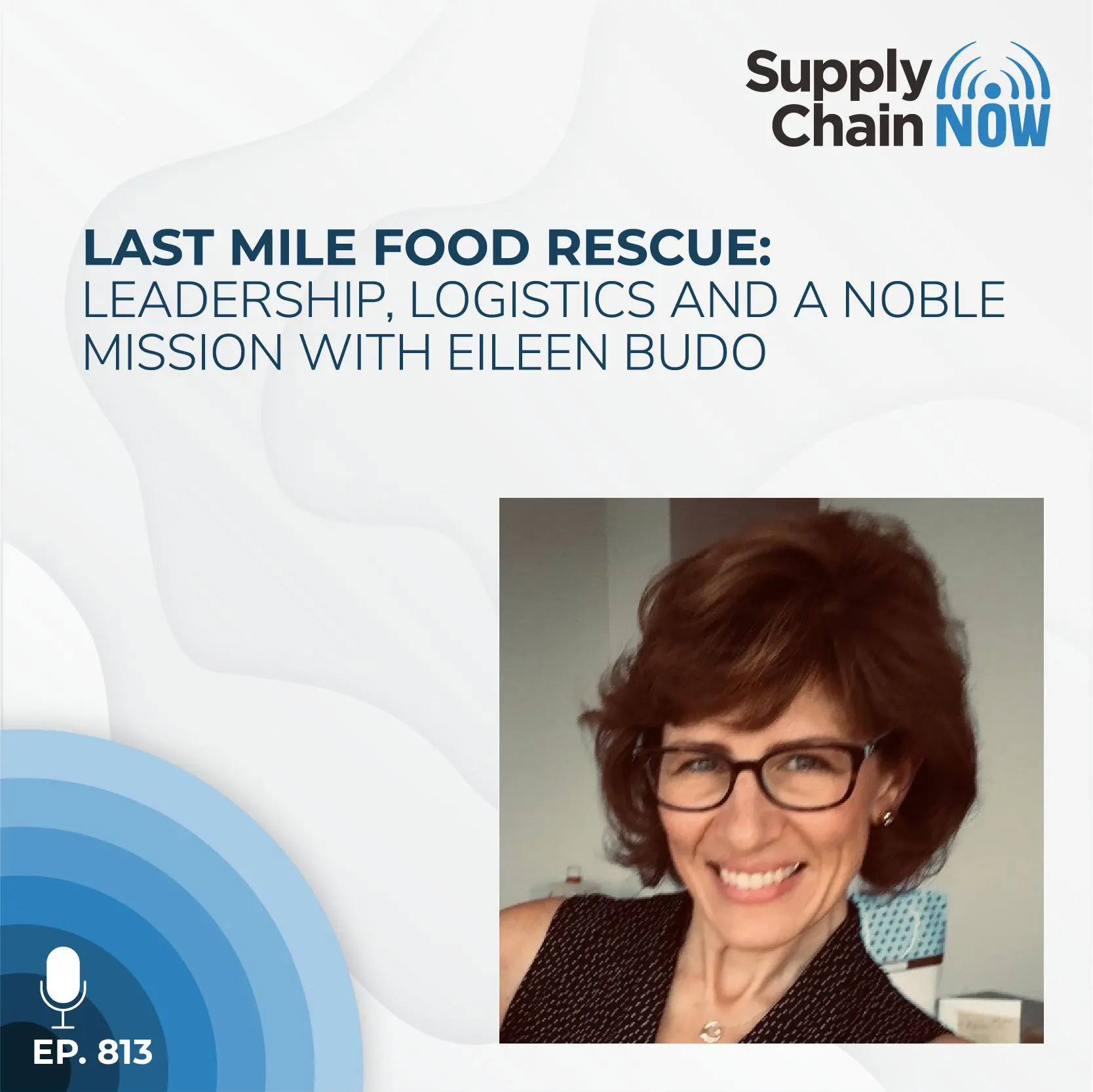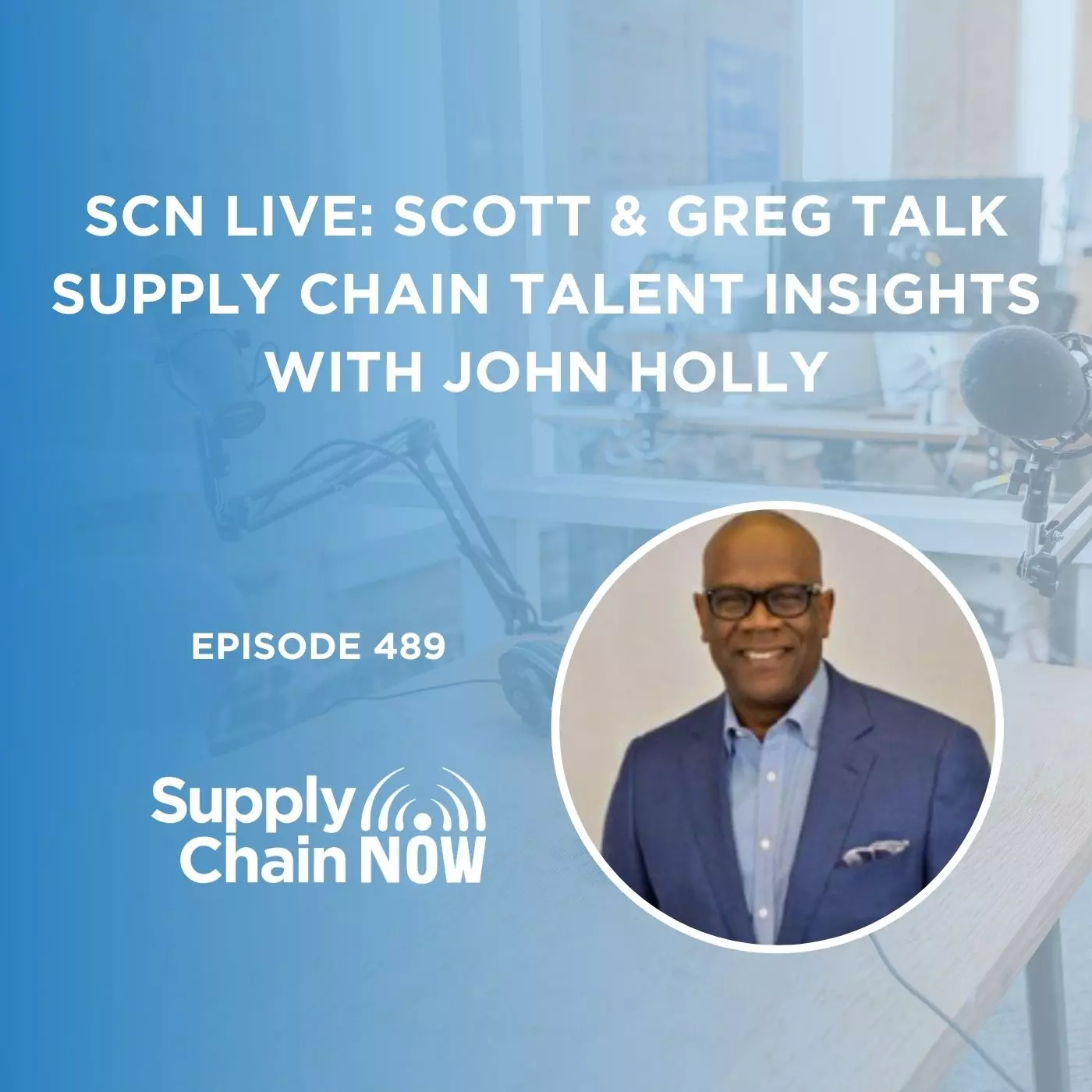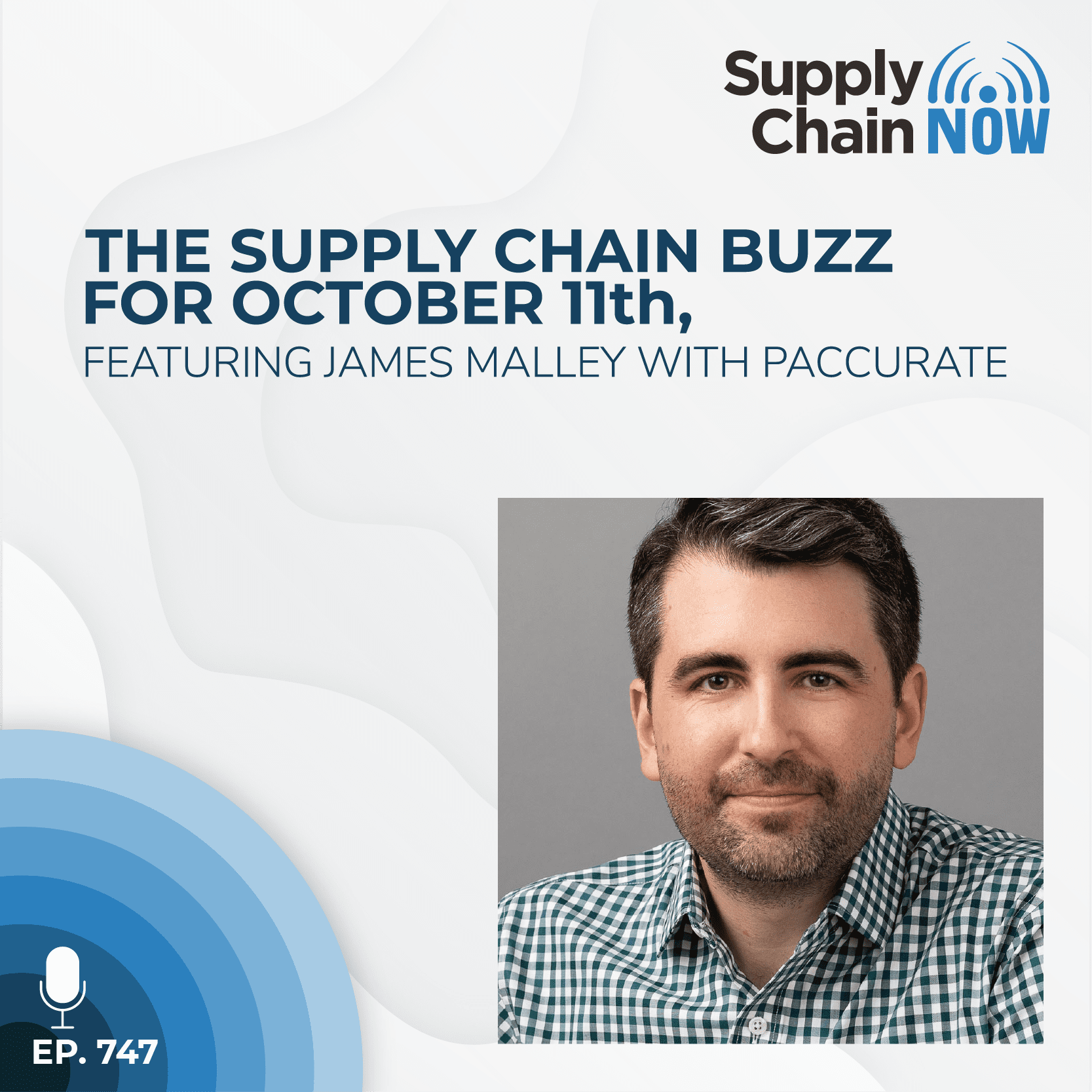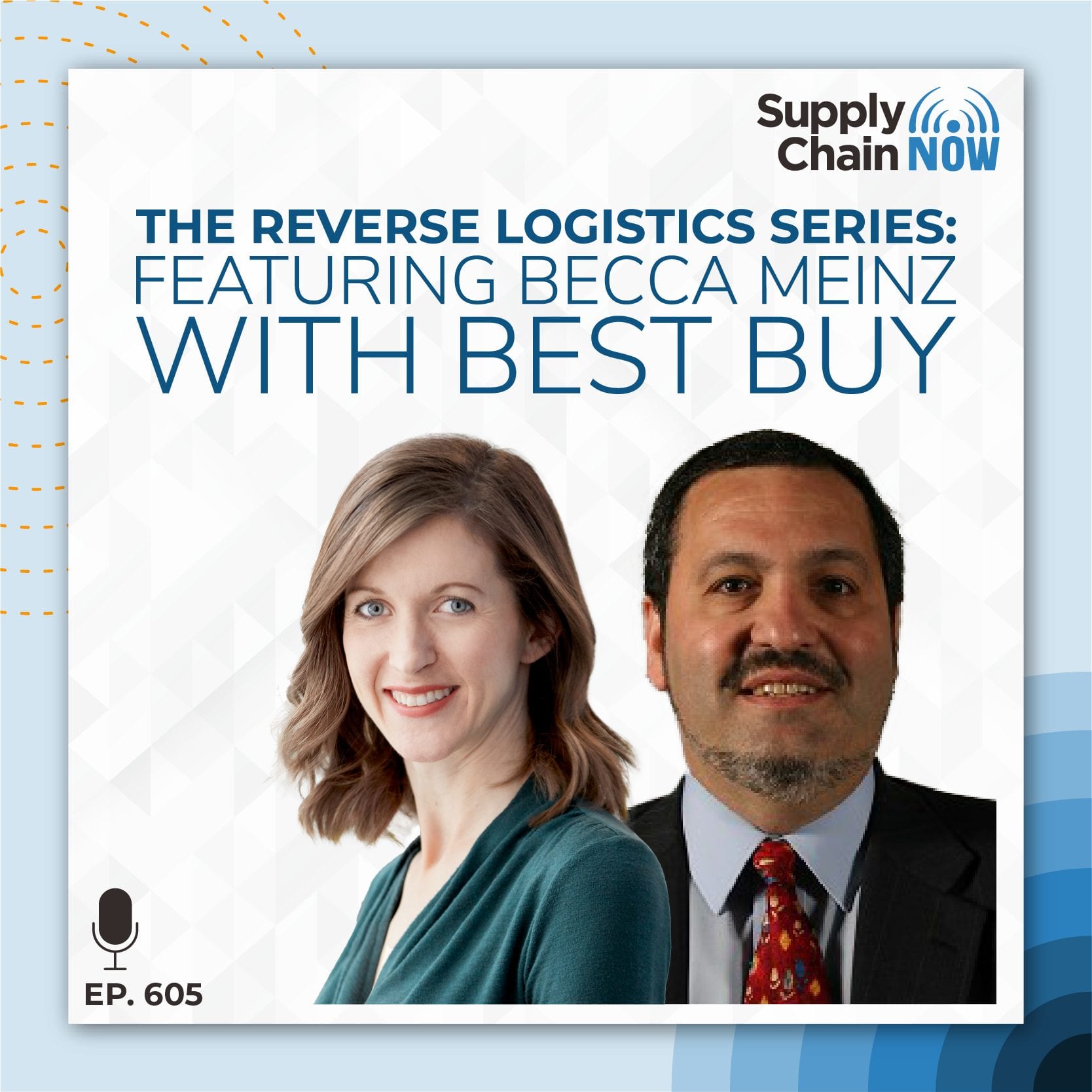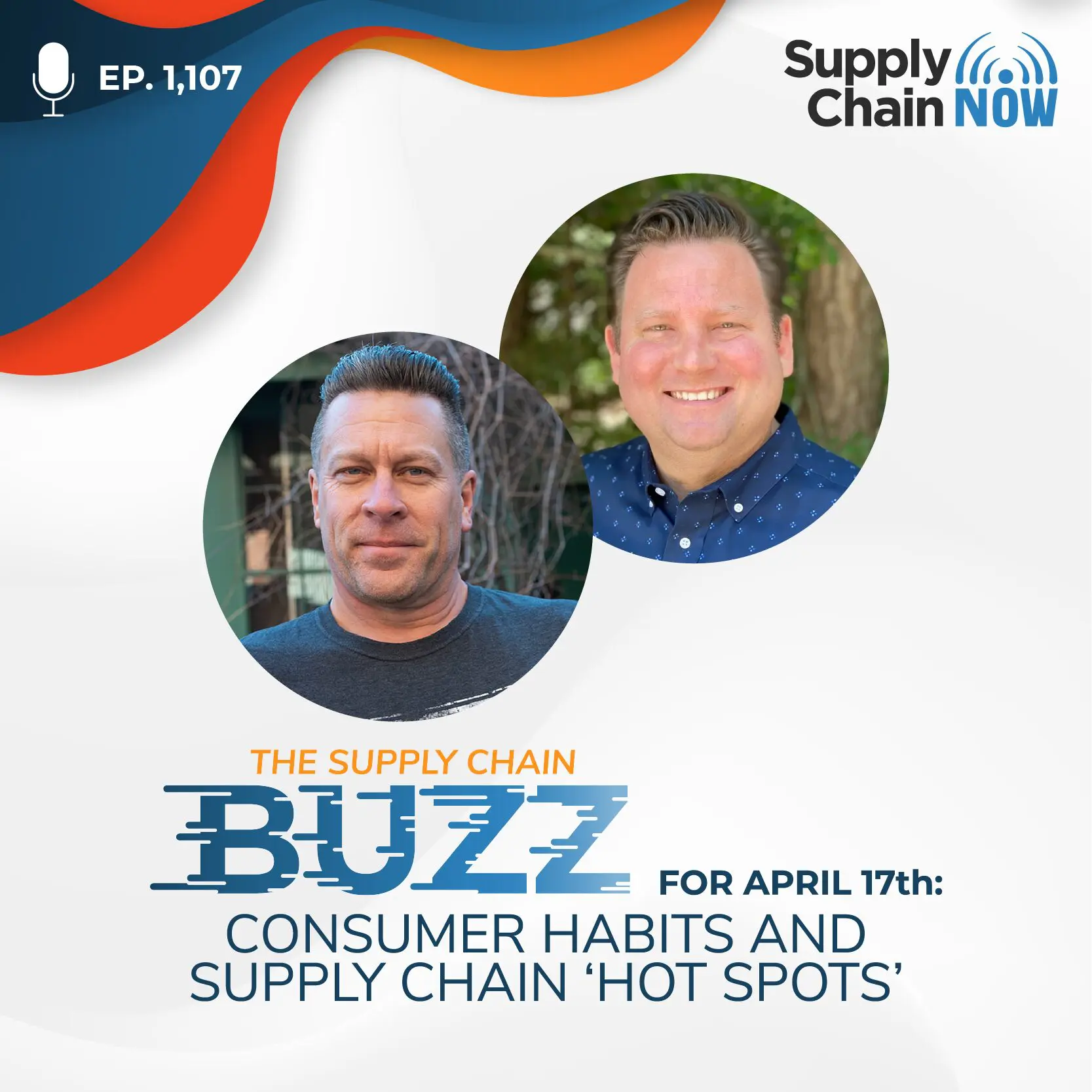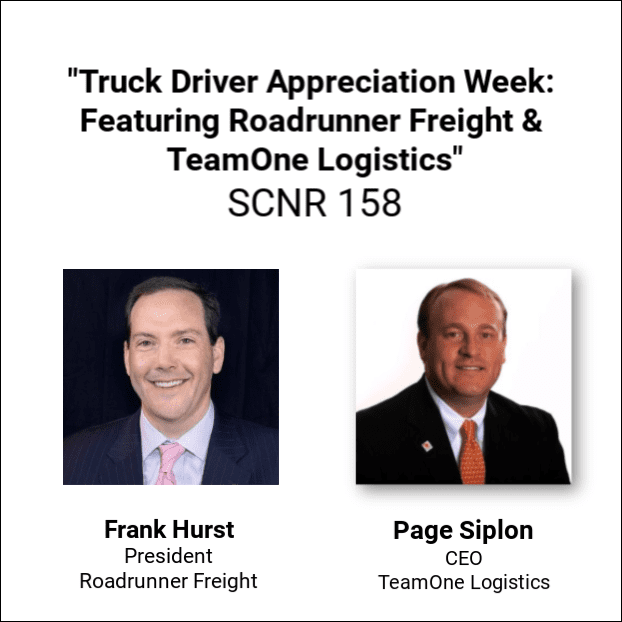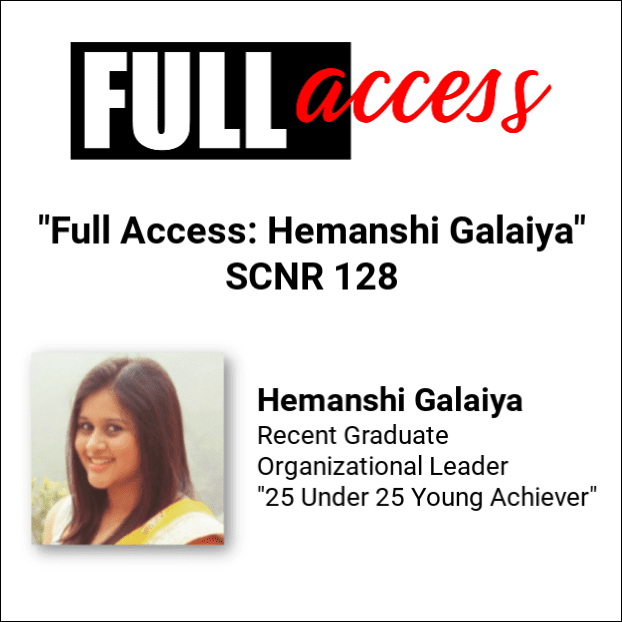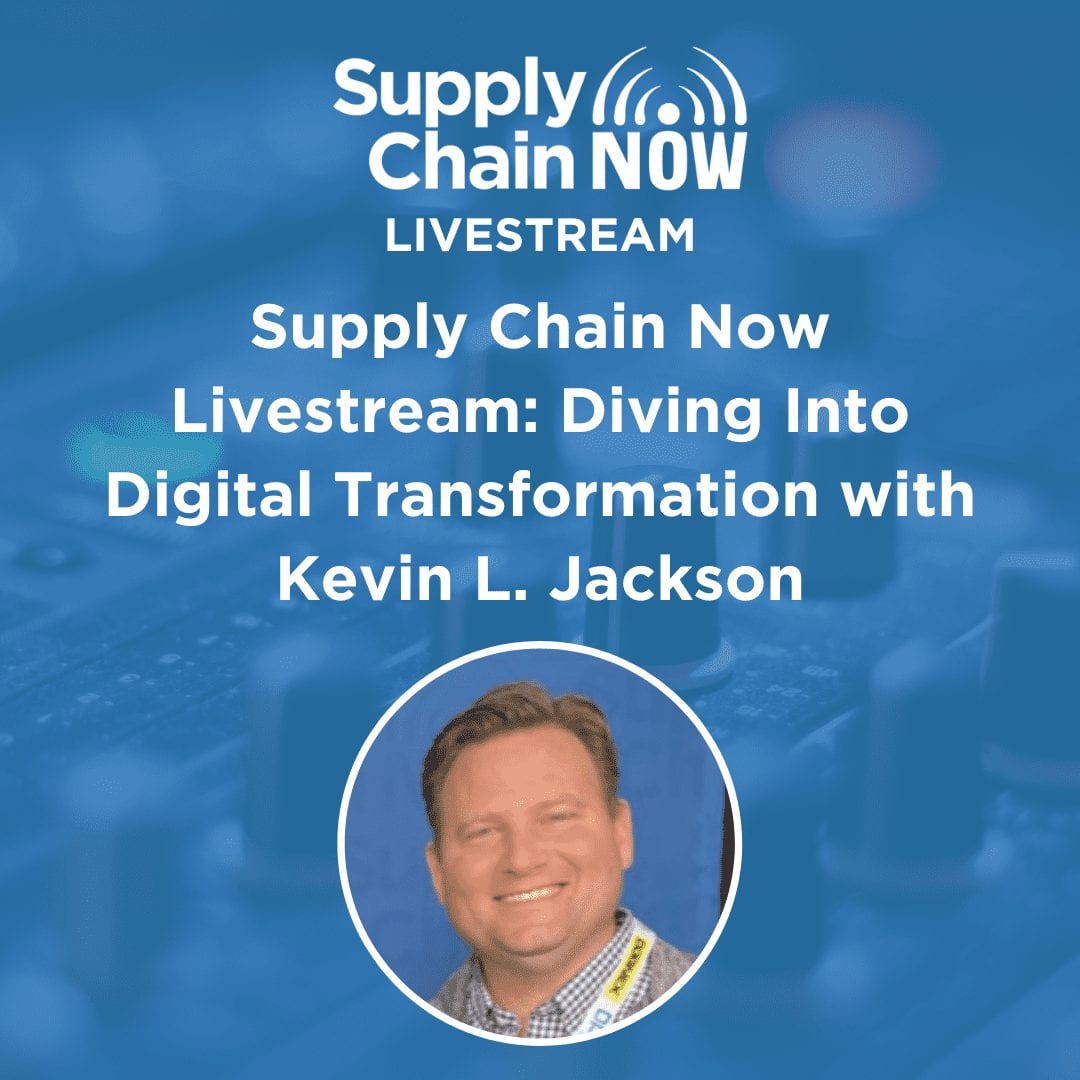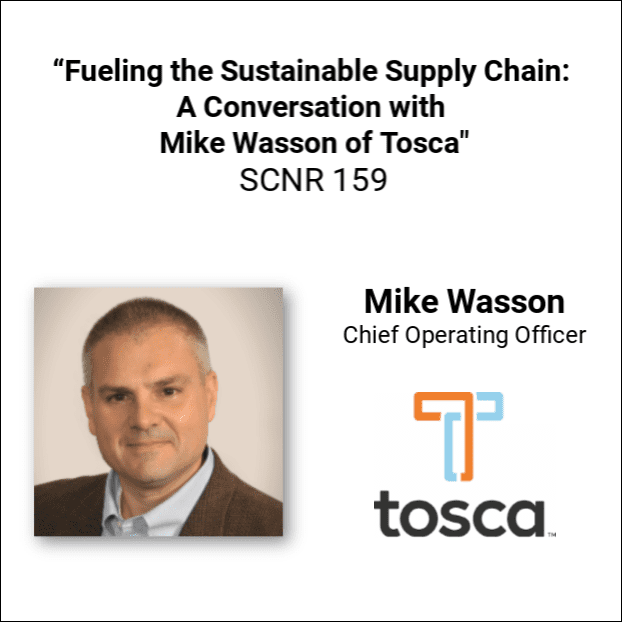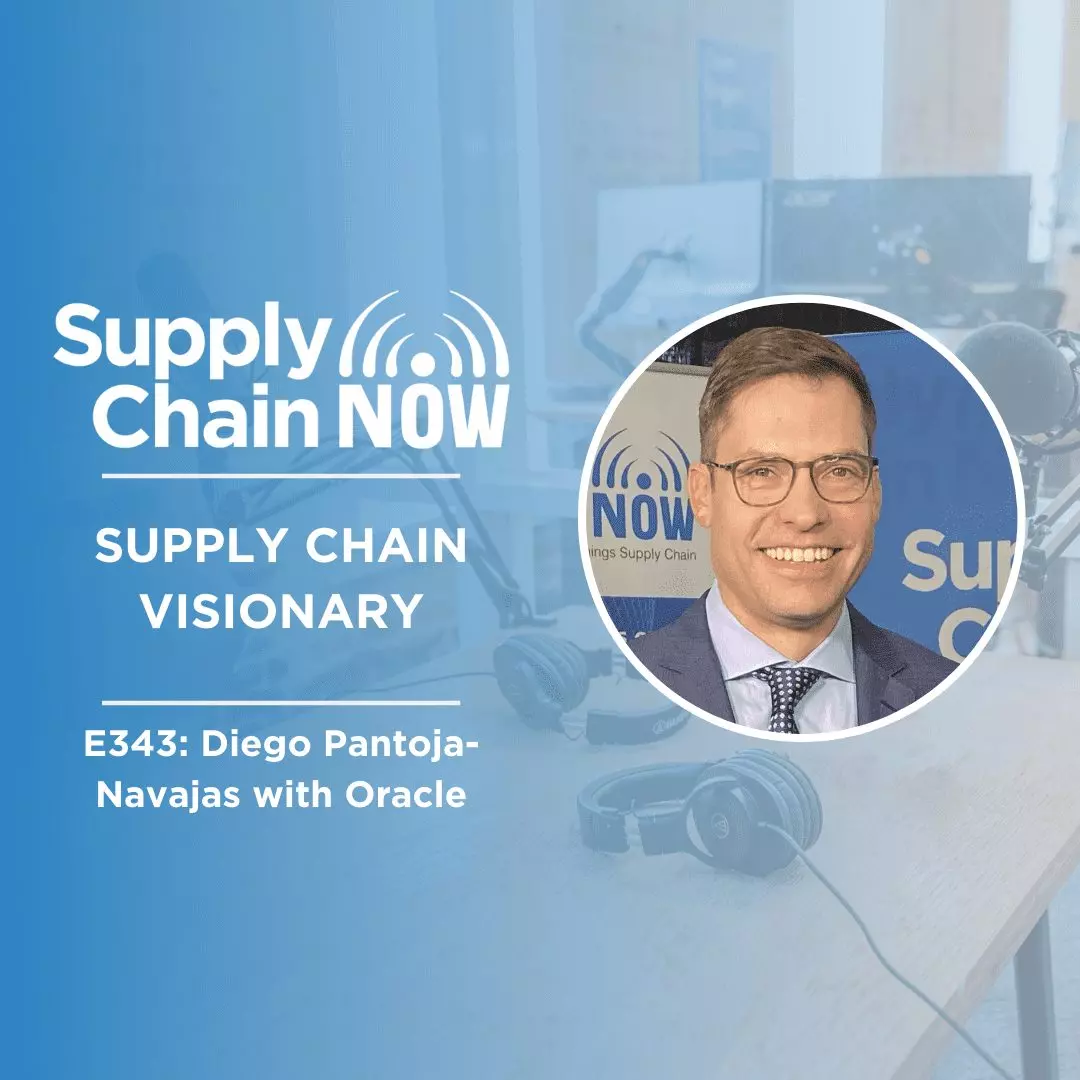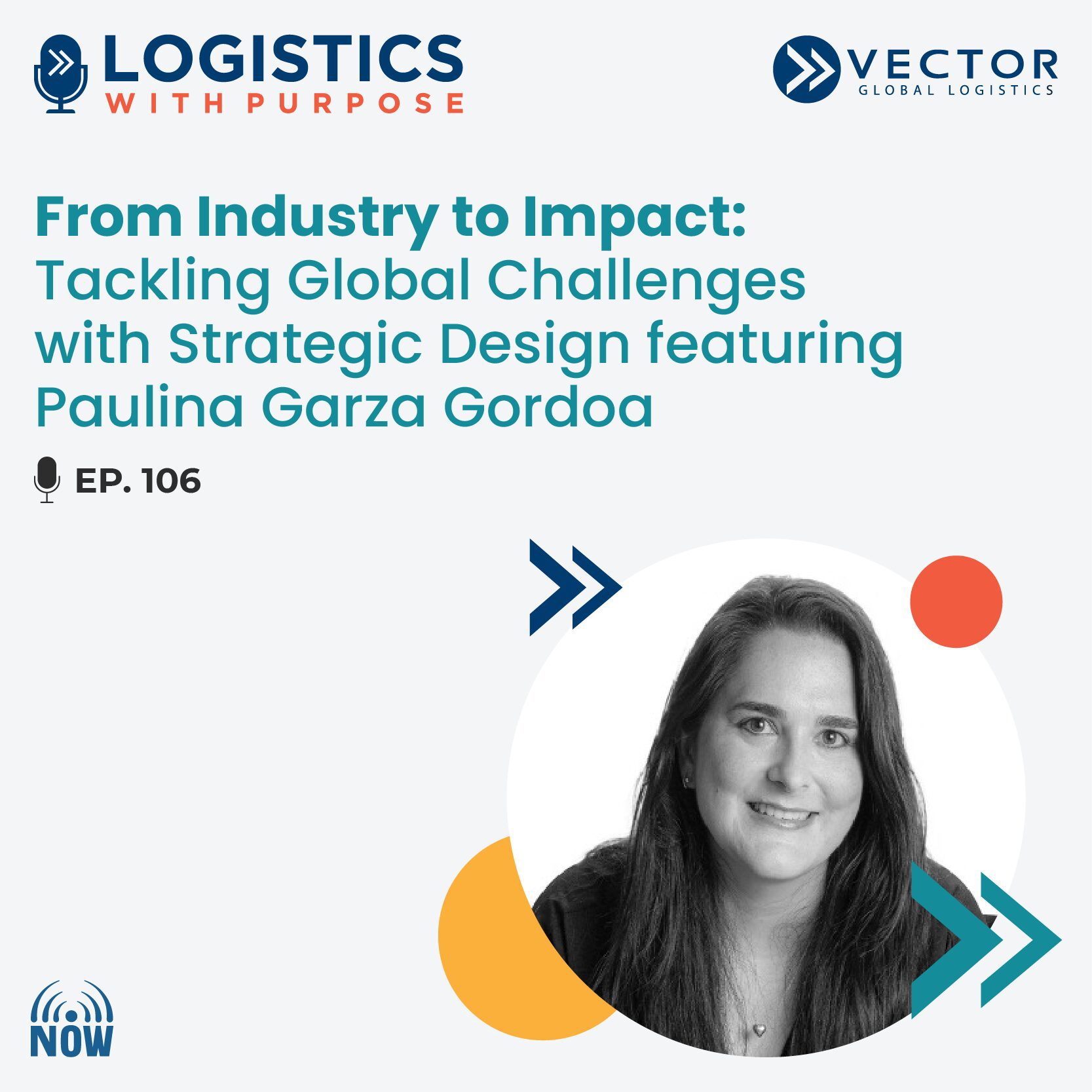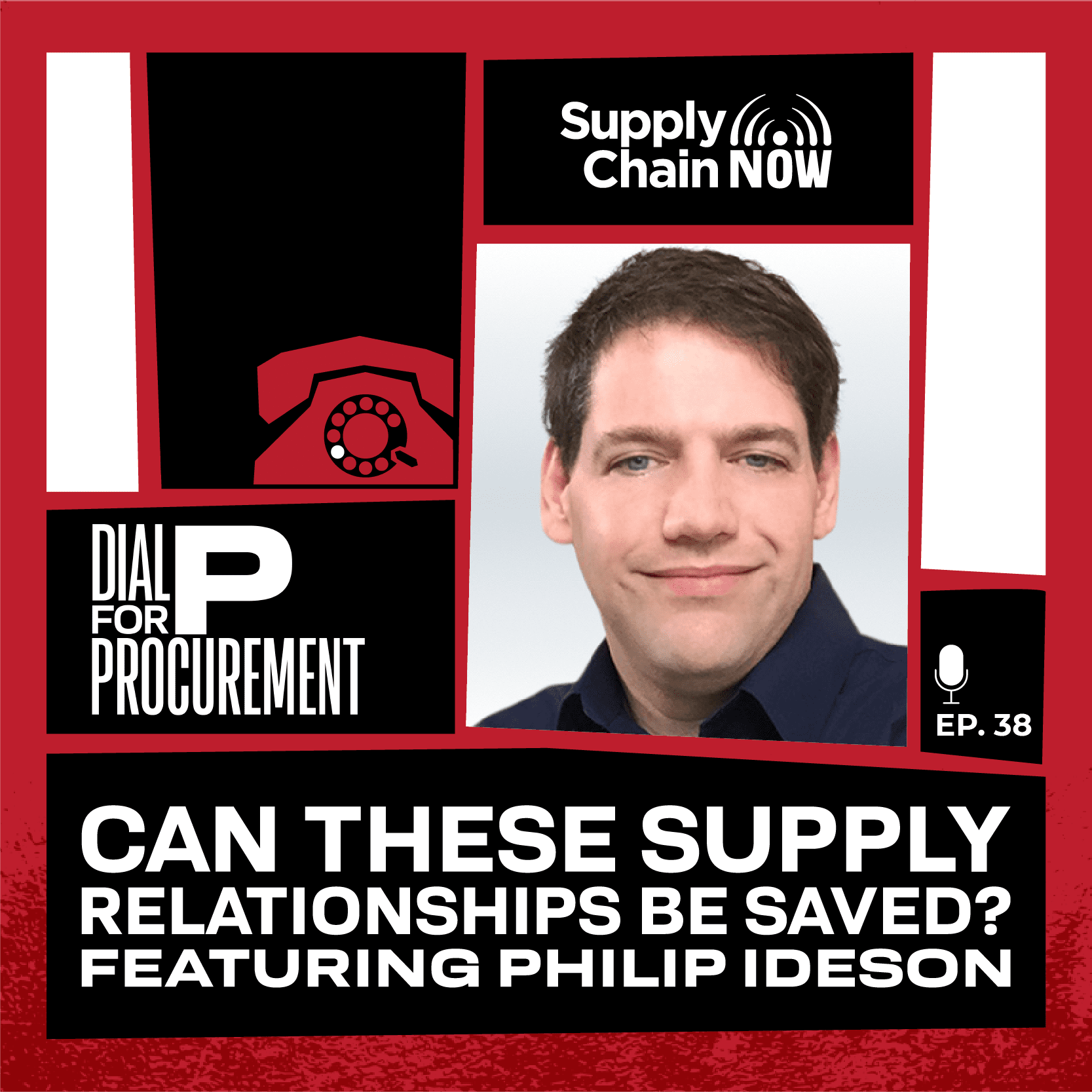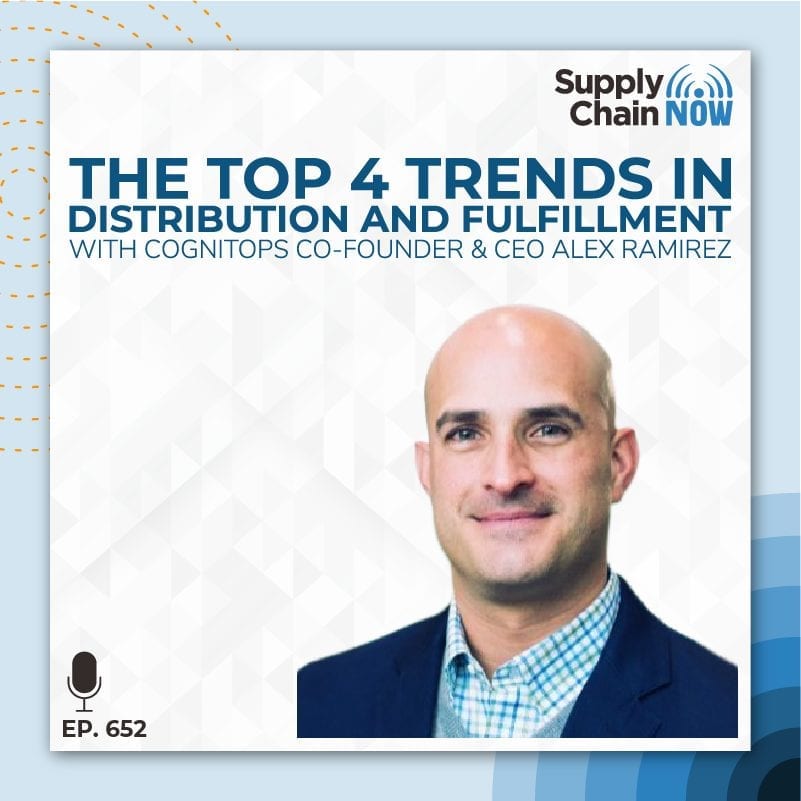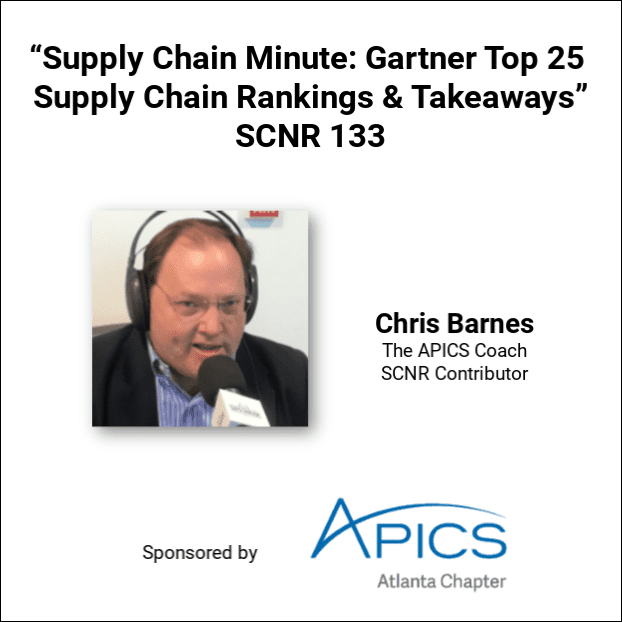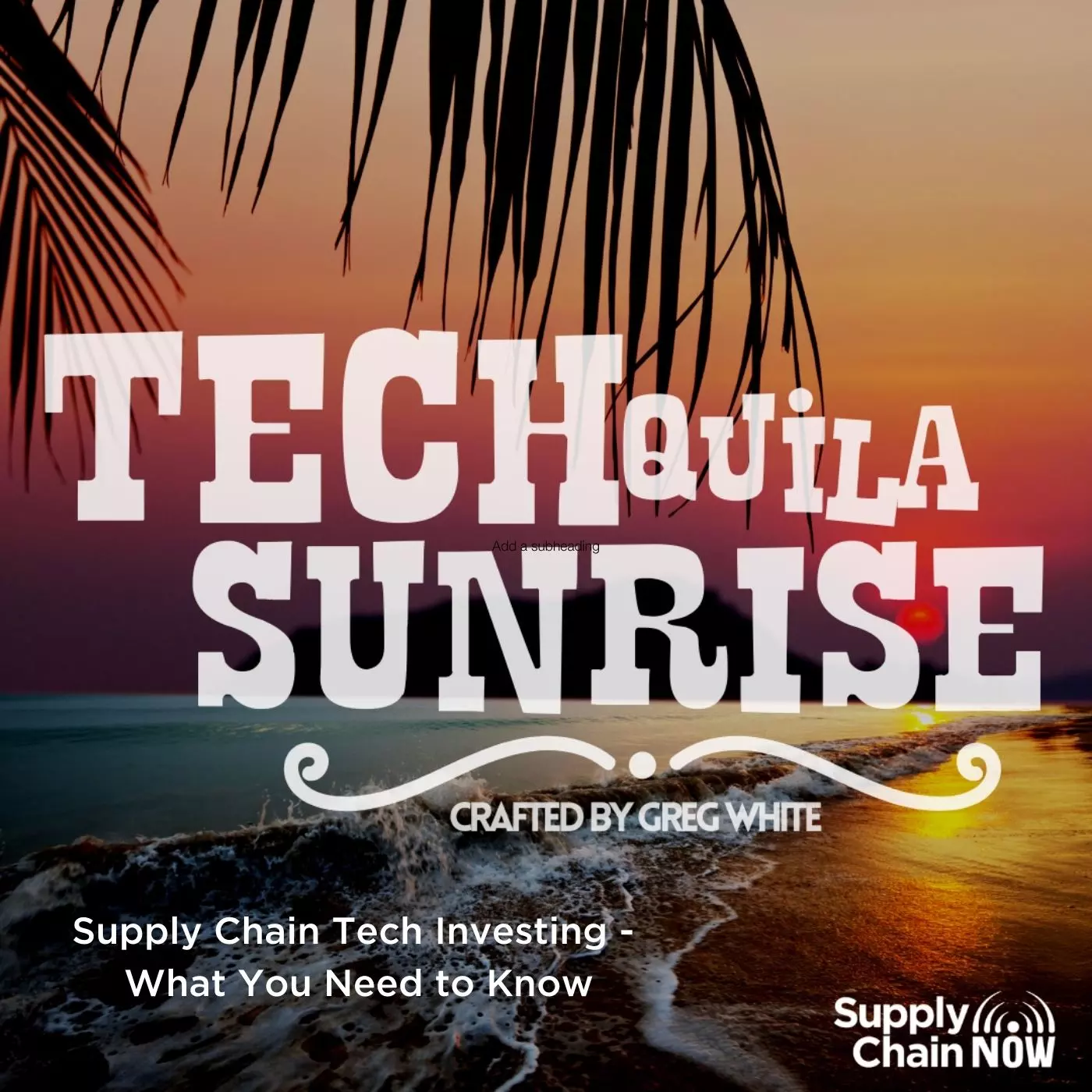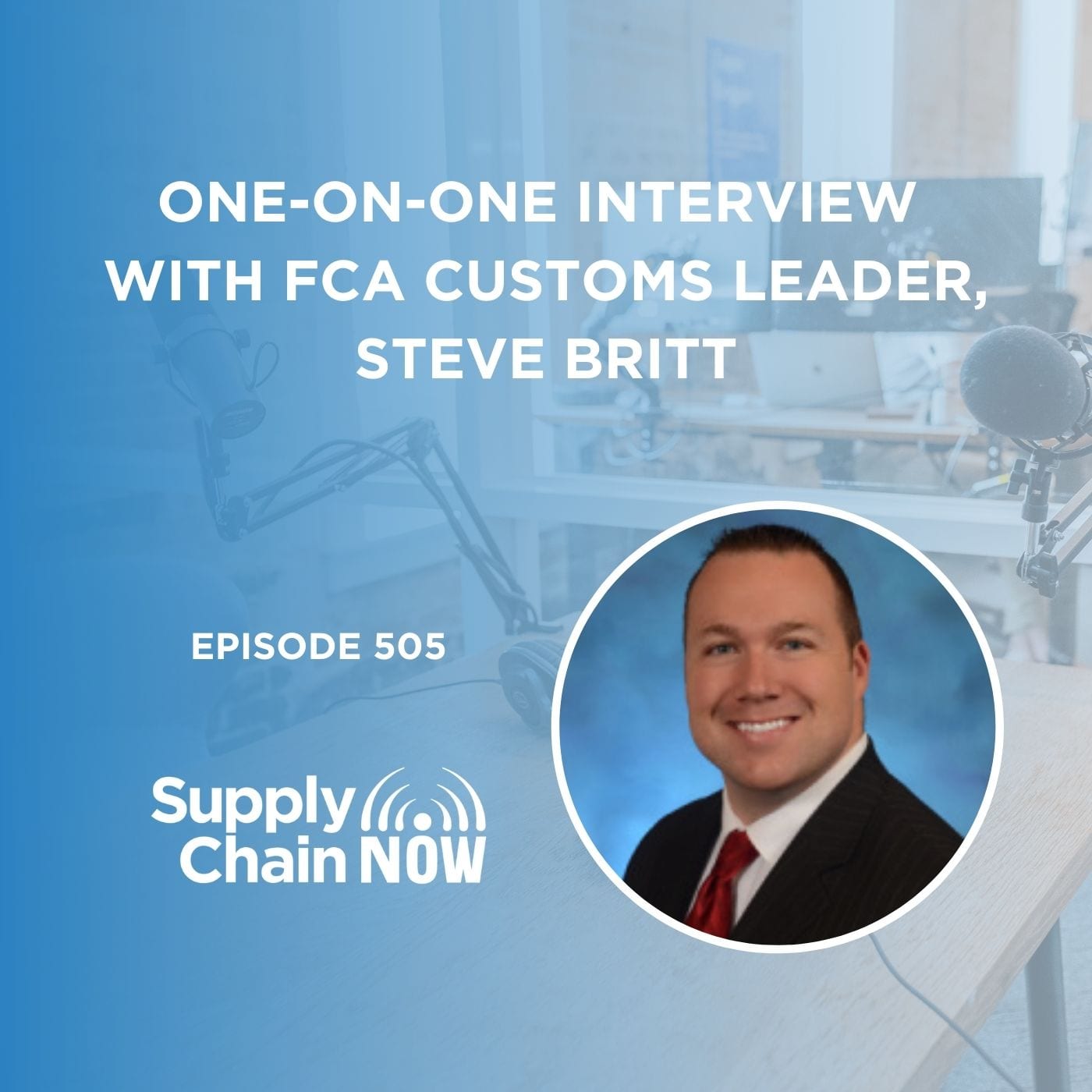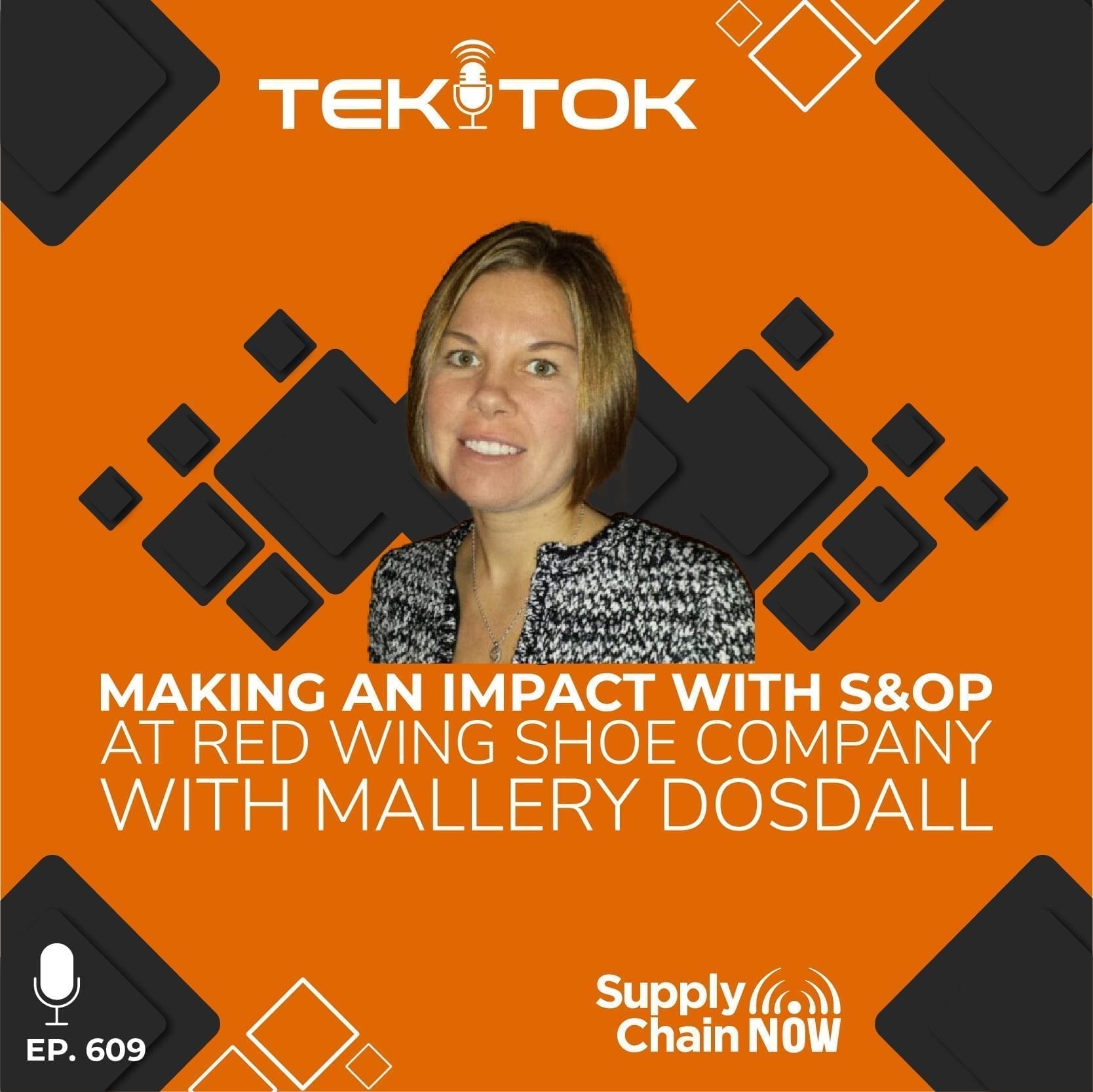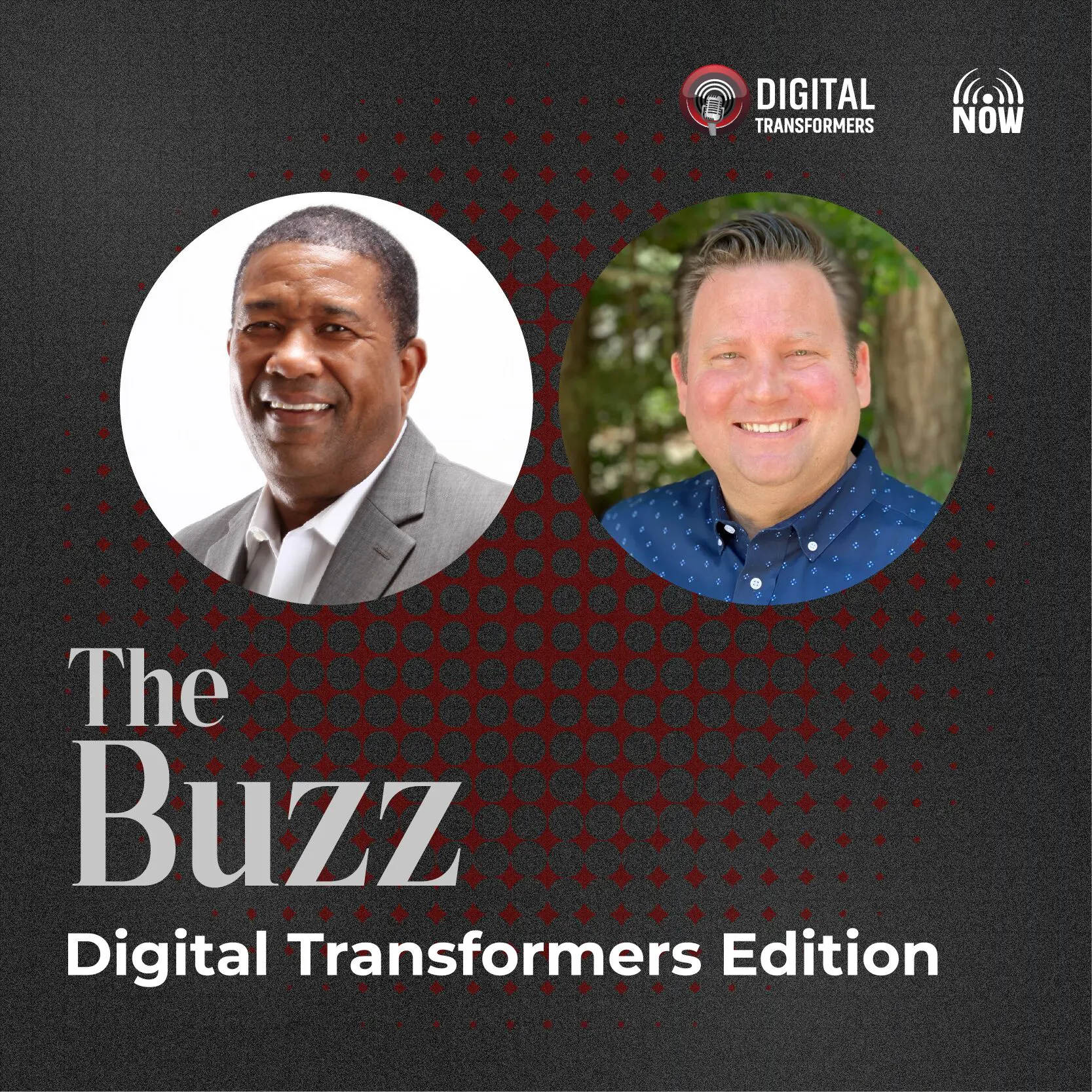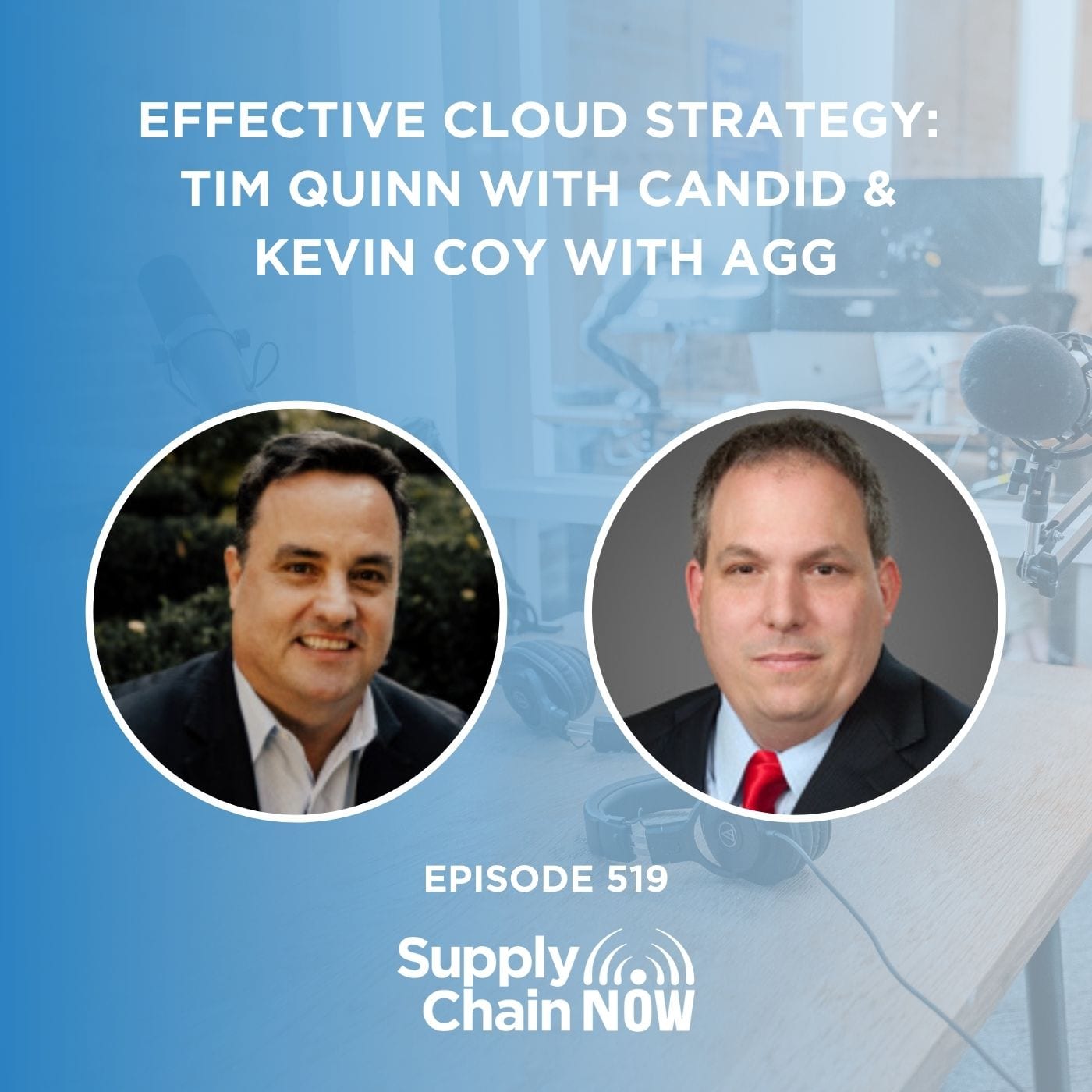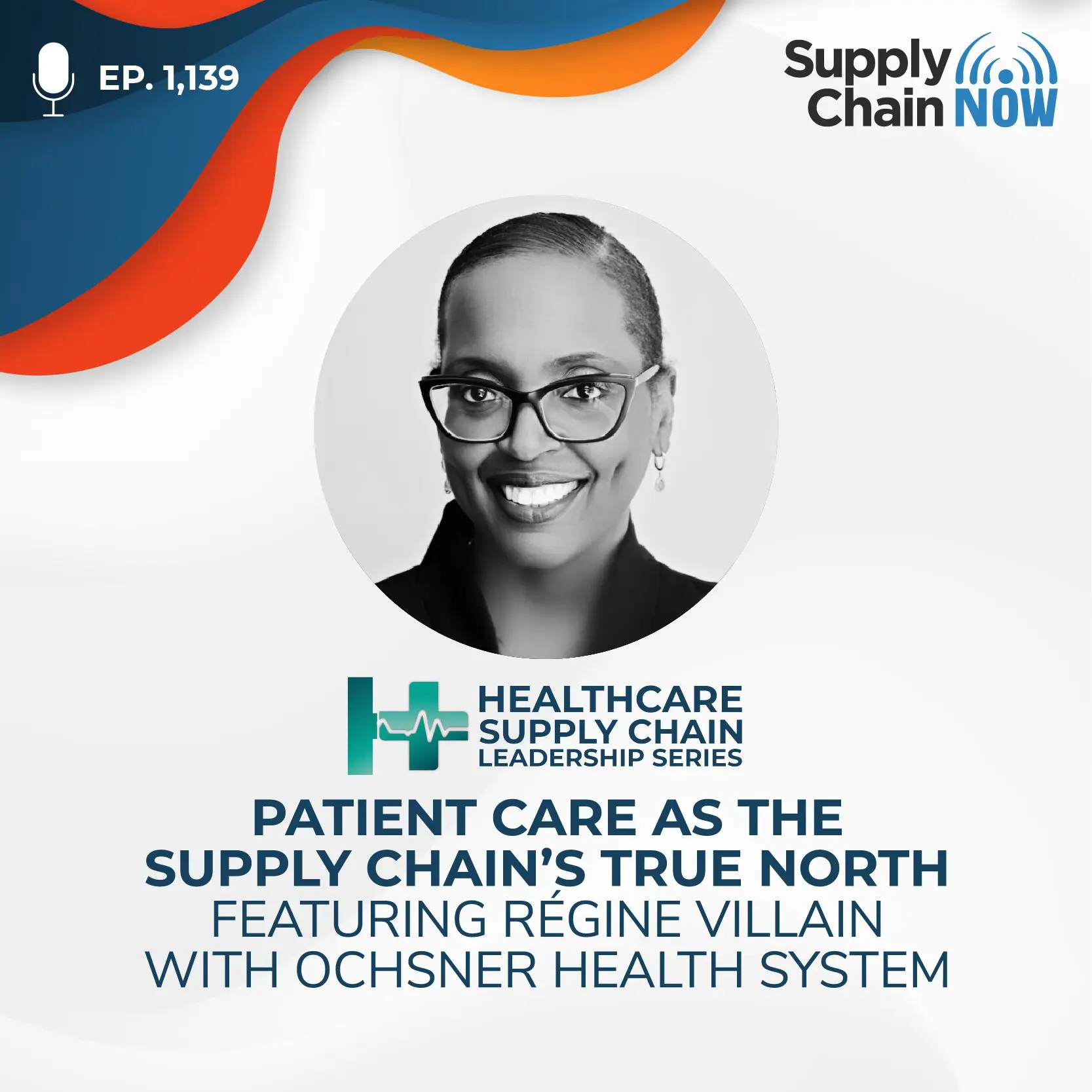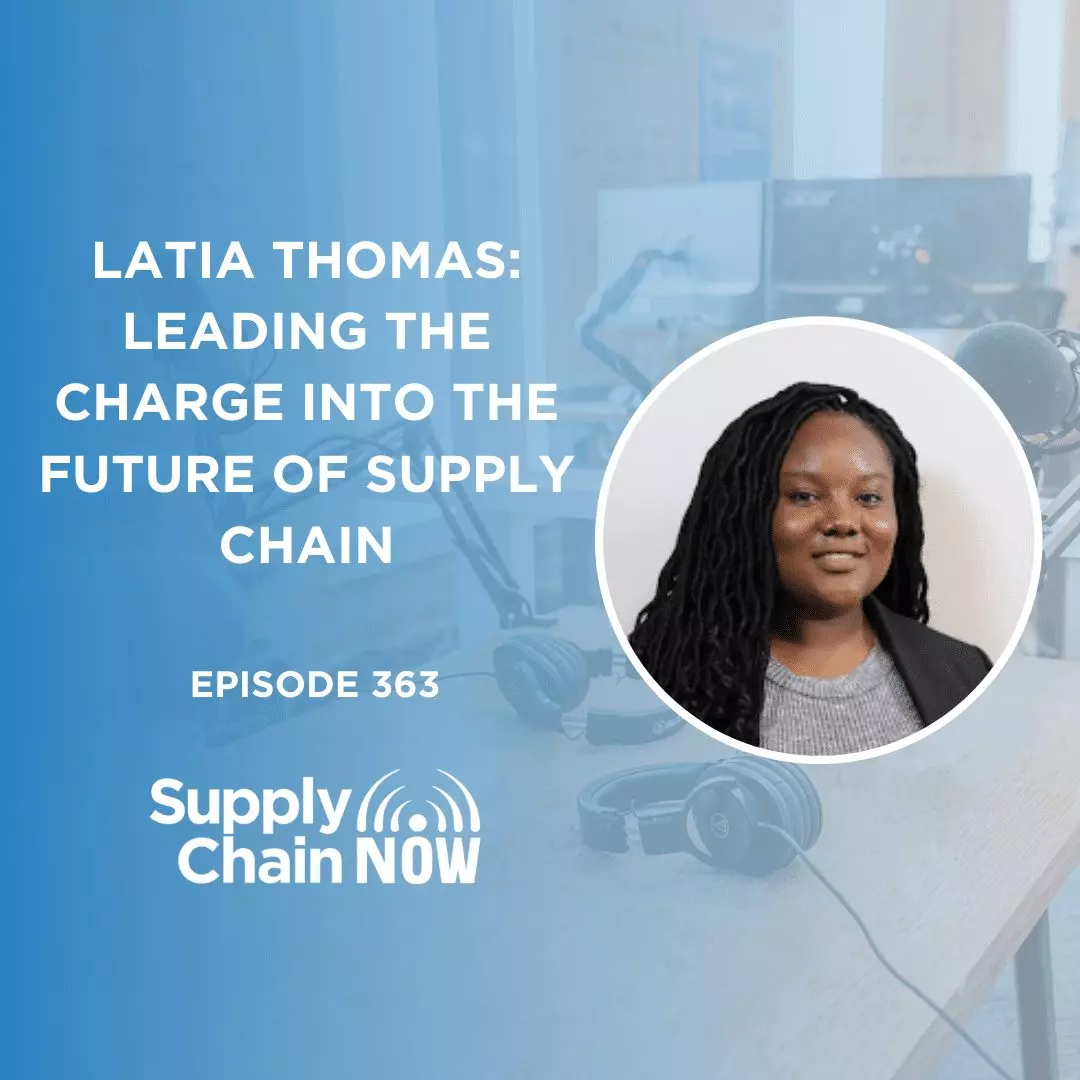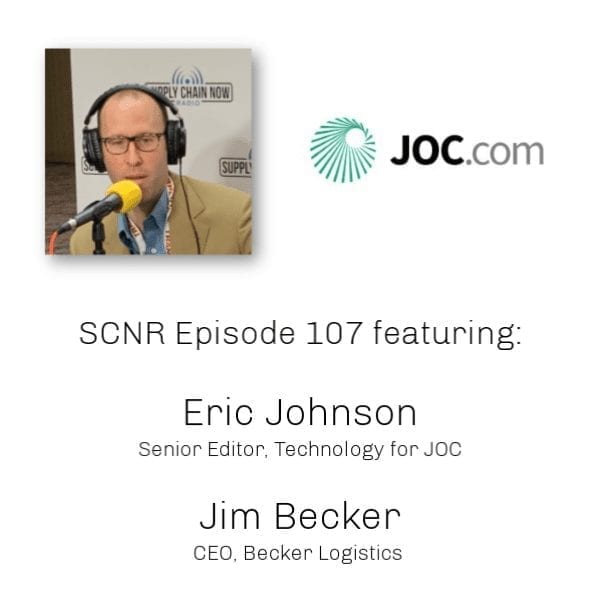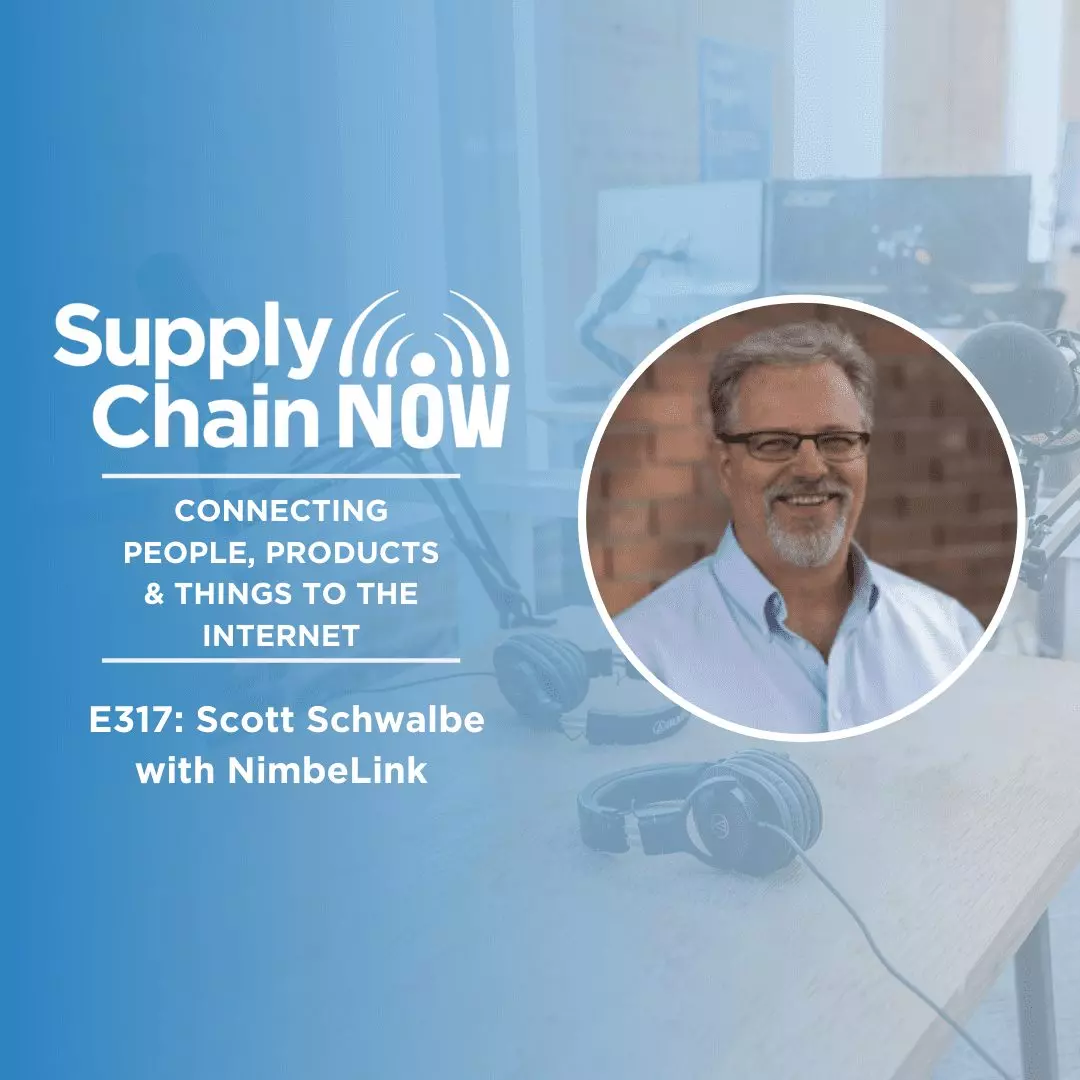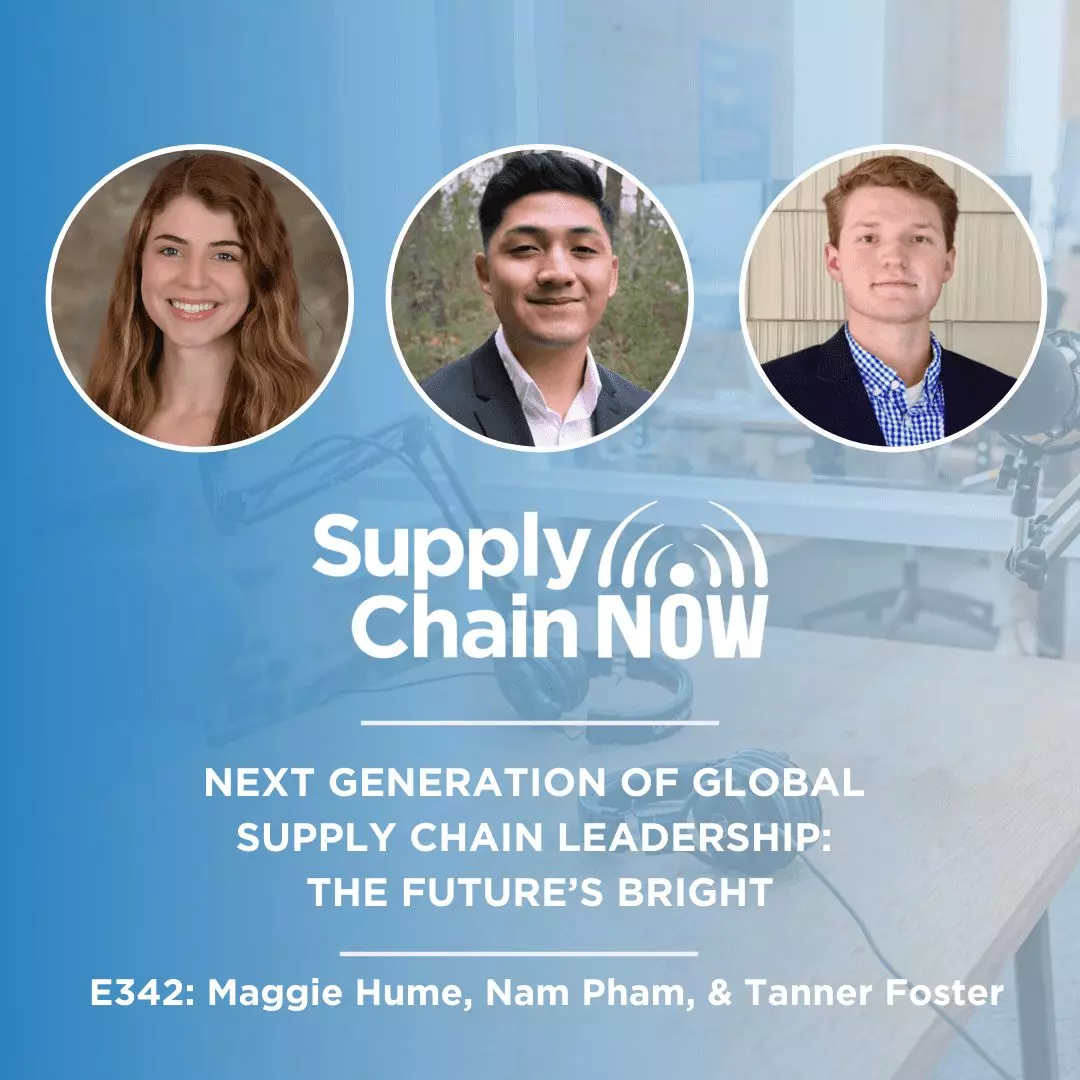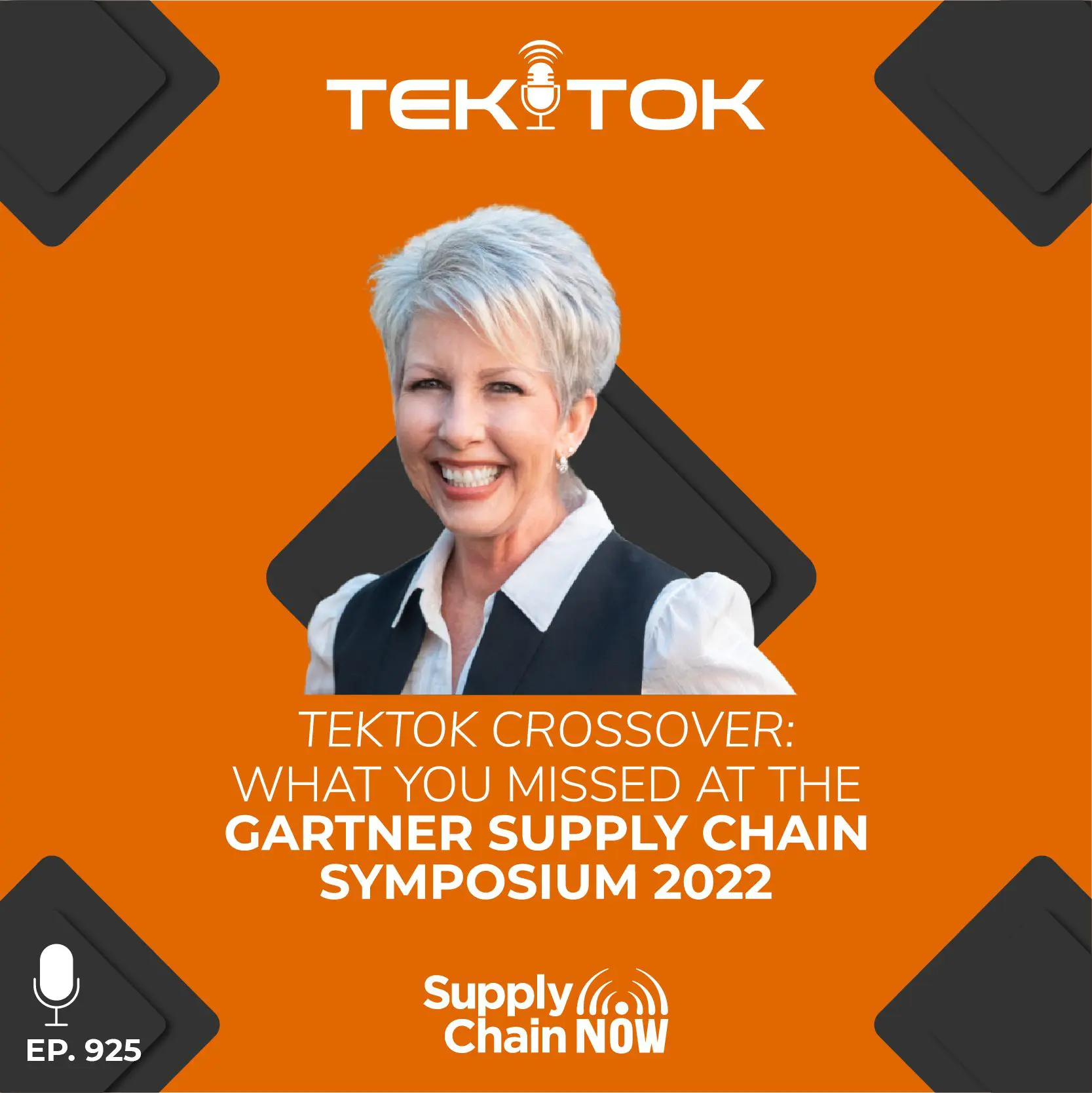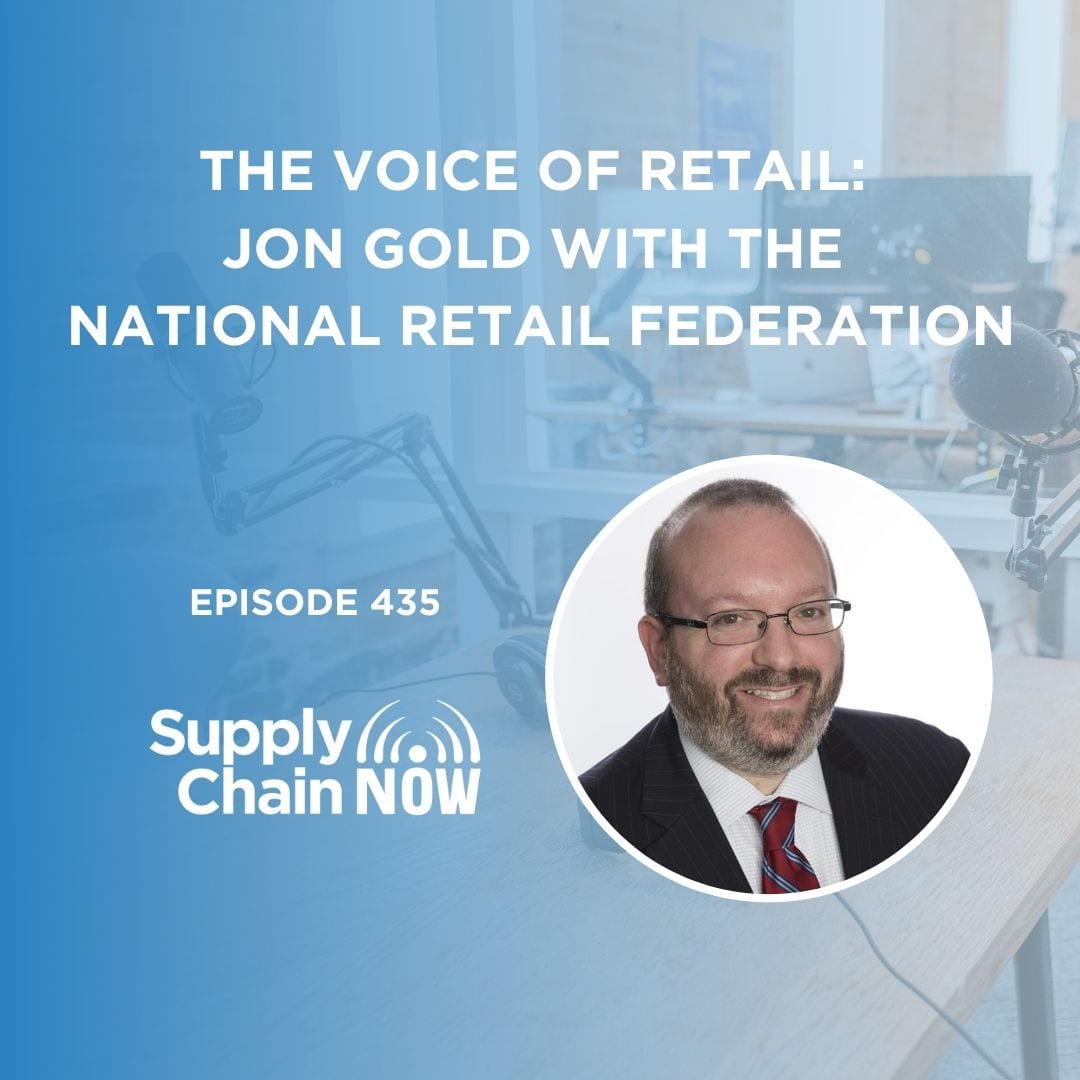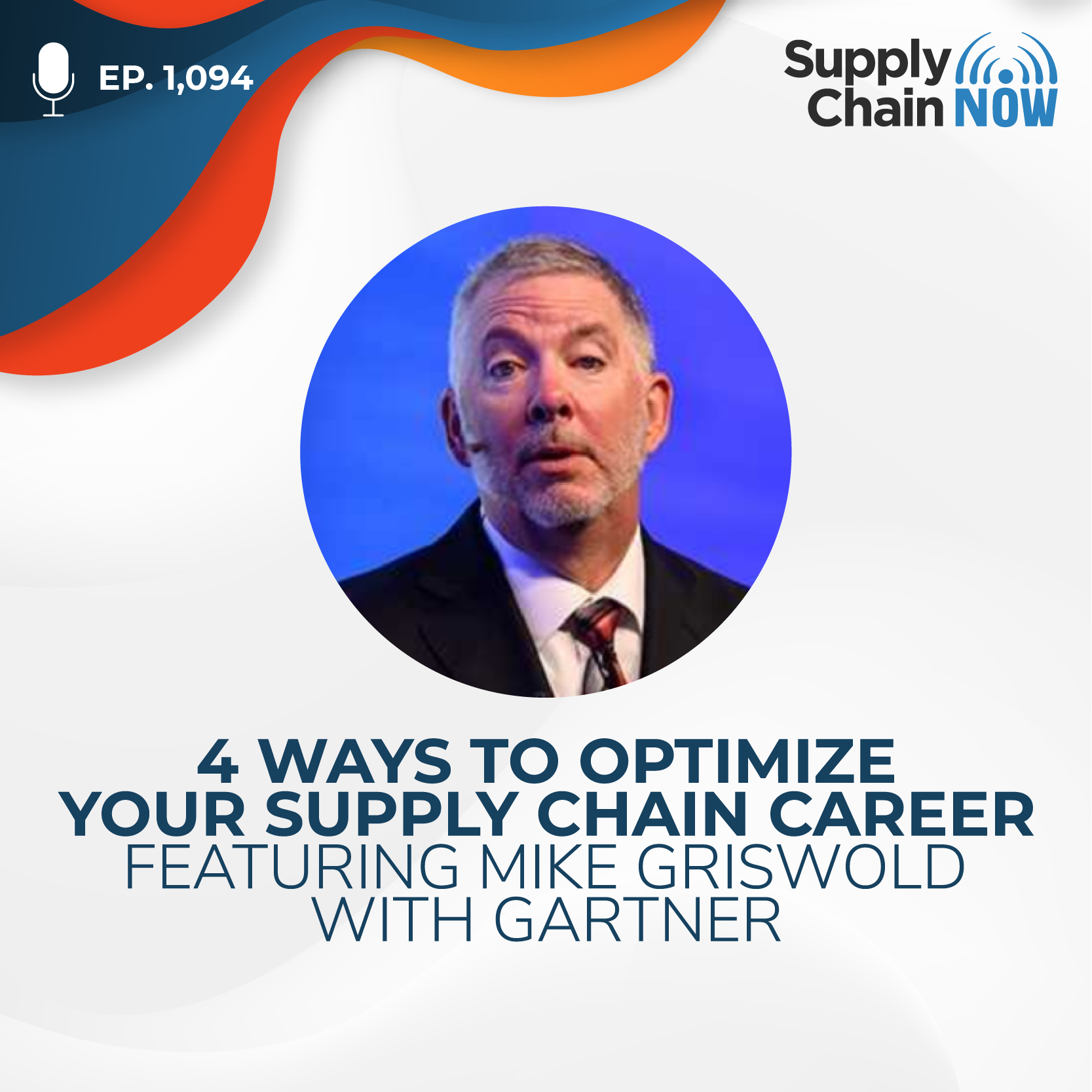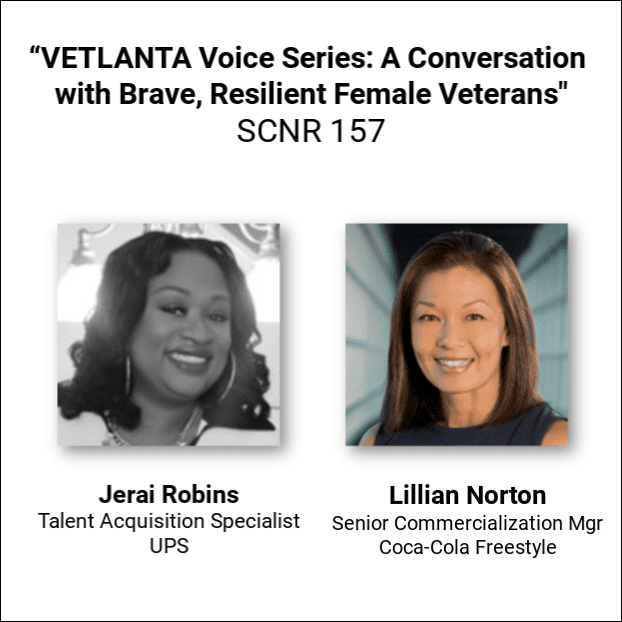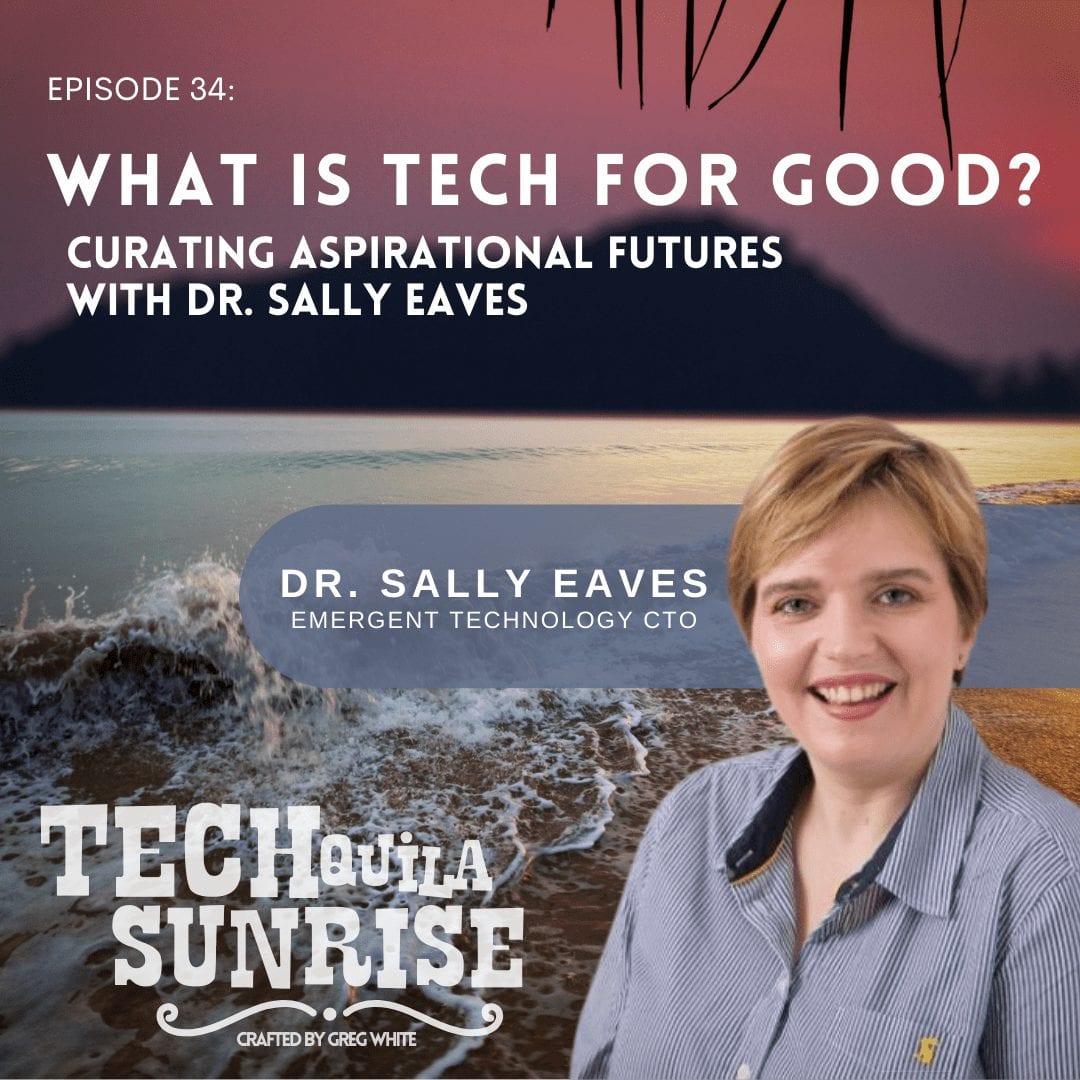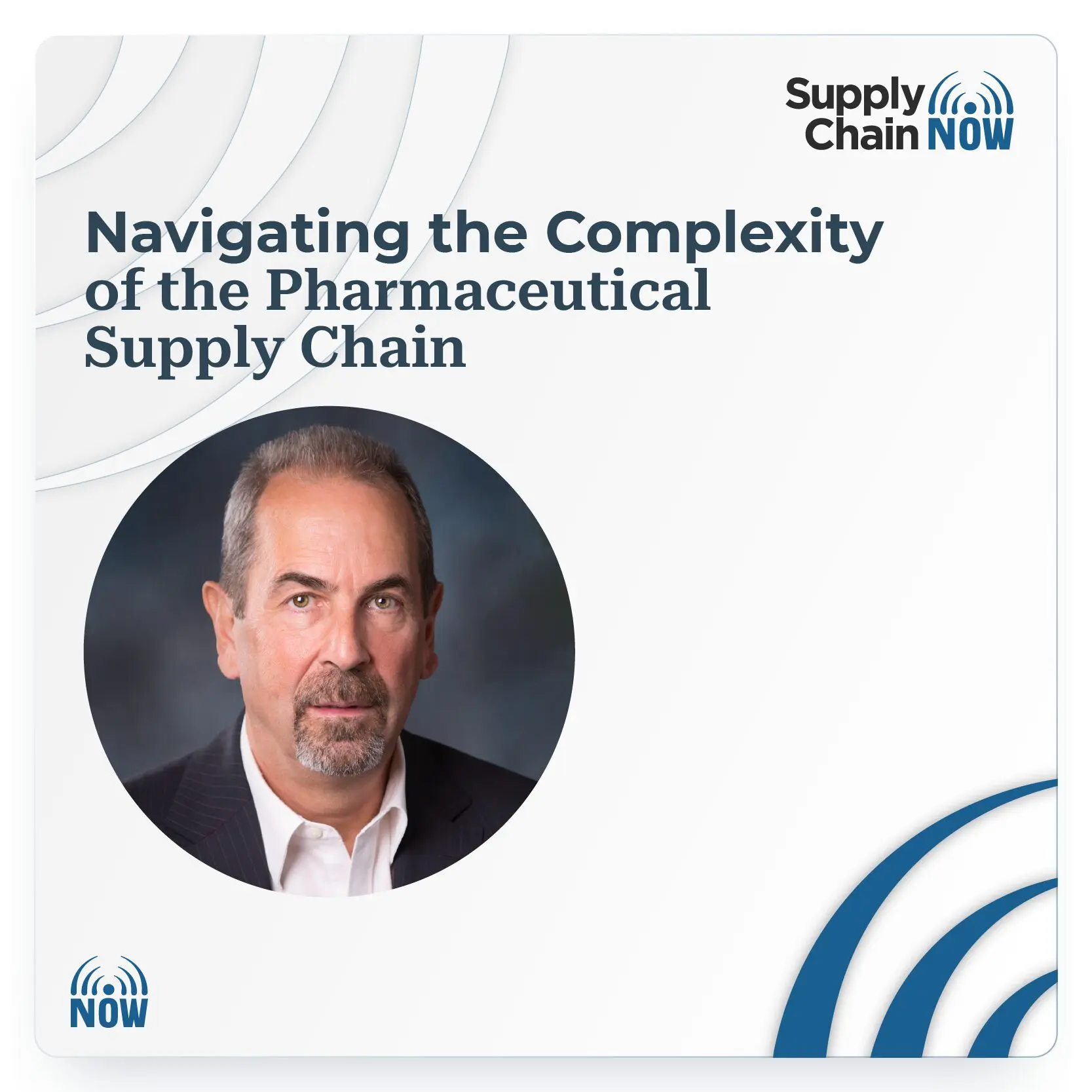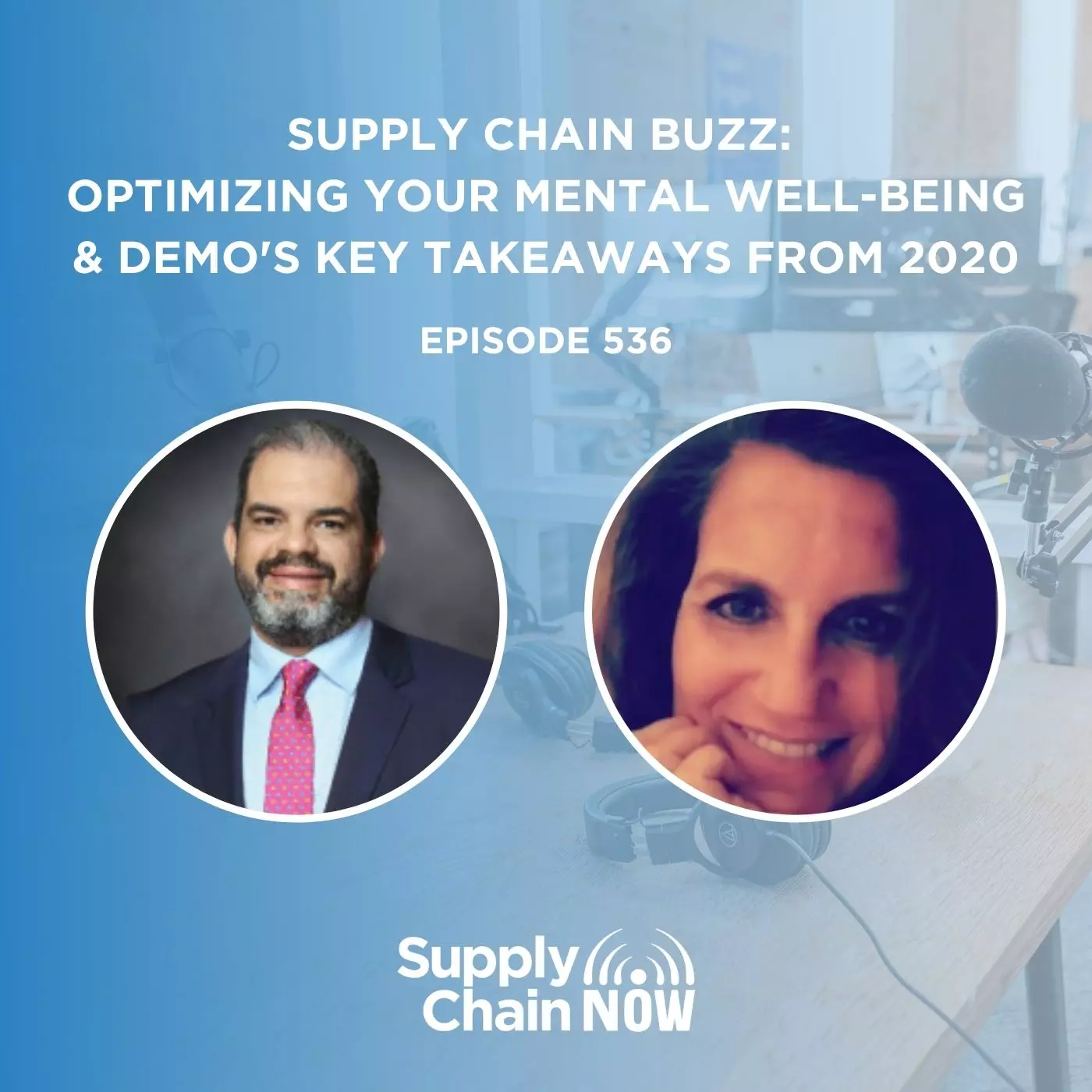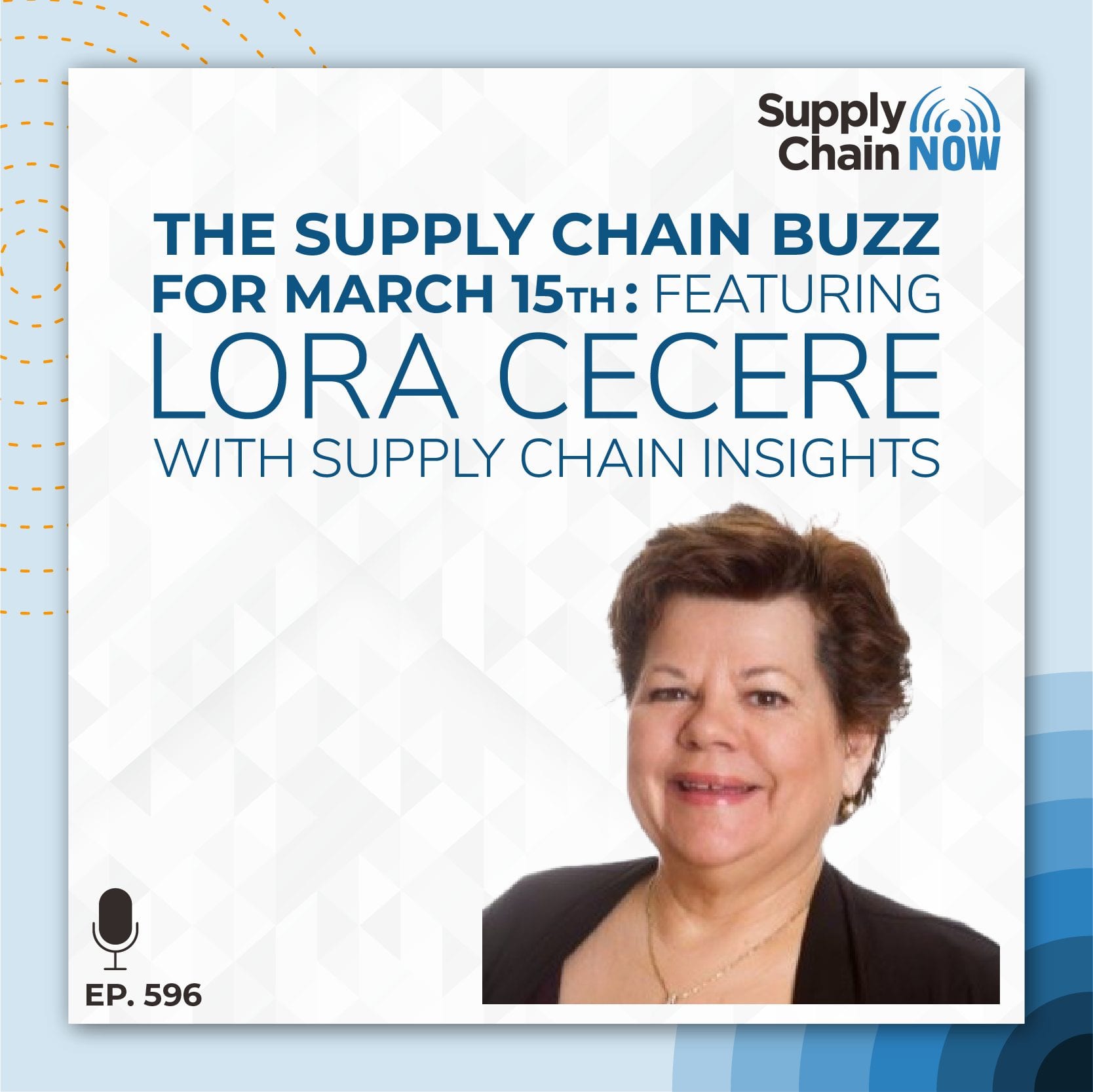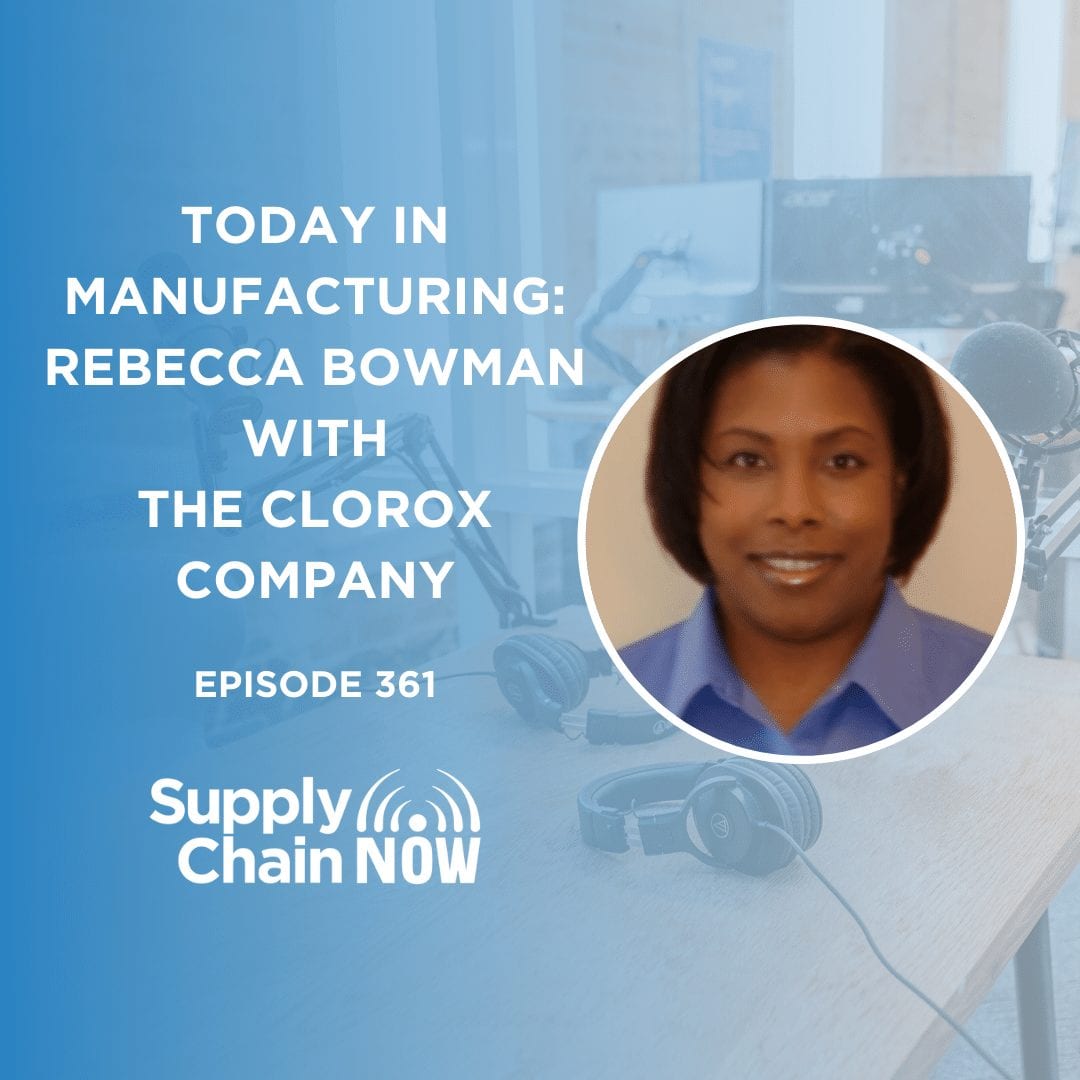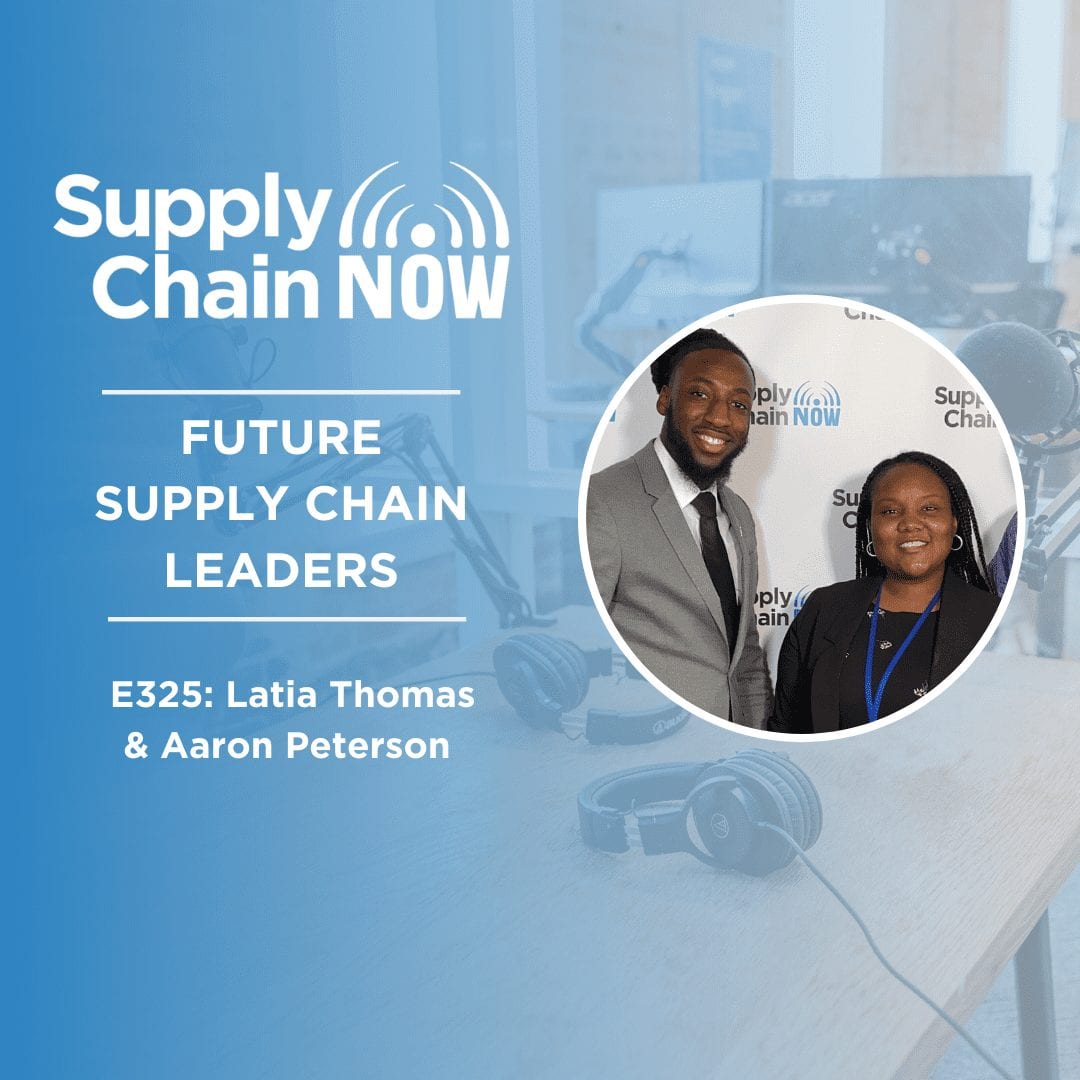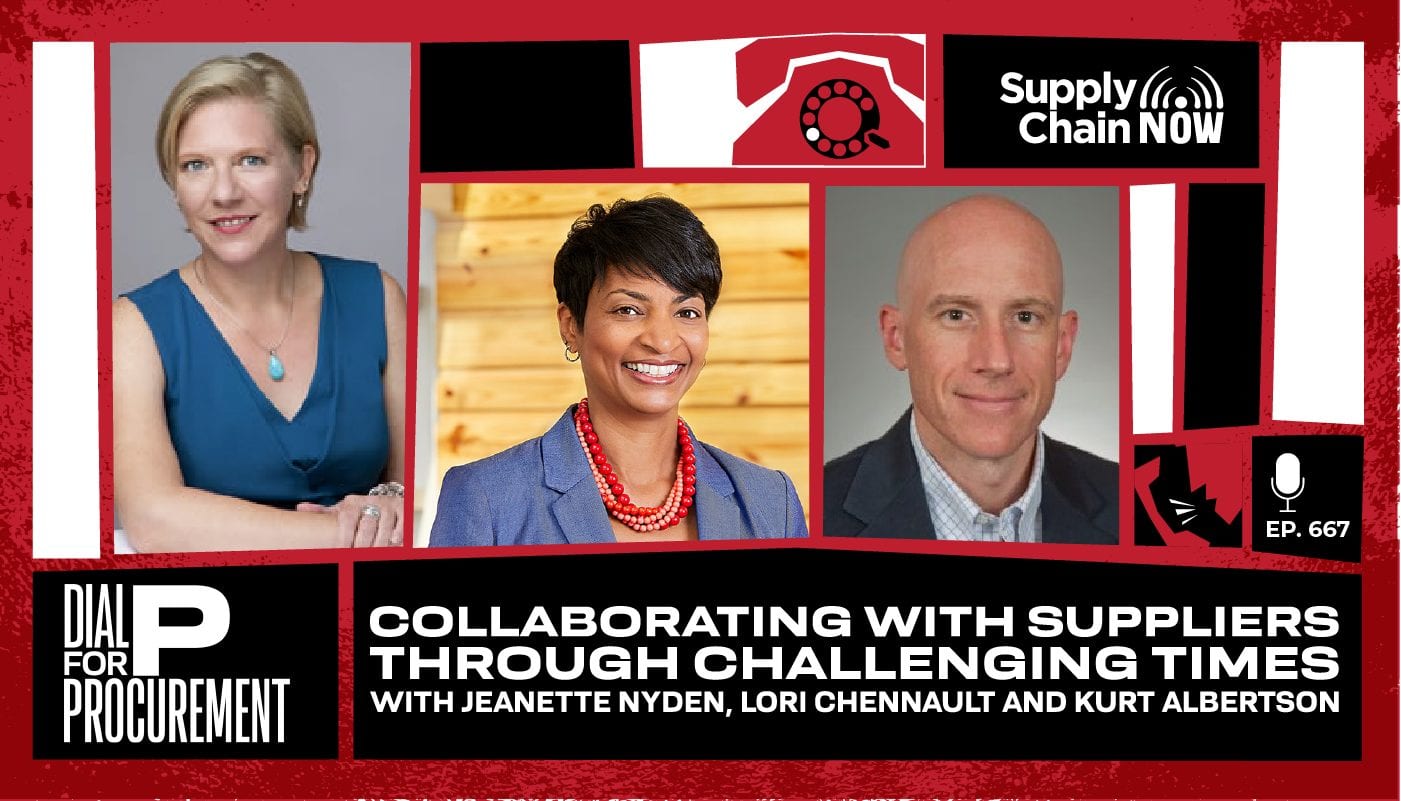
Episode Summary
“We approach every opportunity with humility and transparency, recognizing that diversity and thought help solve problems. We find it insightful and powerful to connect with our suppliers to solve problems.”
– Lori B. Chennault, Senior Vice President of Strategic Sourcing and Procurement at Georgia Pacific
“The contract is the last thing you do. You need to document obligations to one another, because you may not be around to remember what was negotiated. The contract is not about the relationship. That’s not a contract thing; that’s a human thing.”
– Jeanette Nyden, Contracts Expert and Author of The Contract Professional’s Playbook, Getting to We, The Vested Outsourcing Manual, Negotiation Rules!
“We’re spending a lot of time with our clients on the SRM framework and approach. Unfortunately, when you look at the data from our studies, the capability that is the most immature in most organizations is supplier relationship management.”
– Kurt Albertson, Principal in the Procurement Advisory Practice and North American Lead at The Hackett Group
Collaborating with suppliers isn’t easy – and it doesn’t always come naturally either. One silver lining to the last 18 months is that there are plenty of opportunities to work together, whether procurement is helping suppliers or vice versa. If done right, those opportunities will become relationships that offer significant value for both parties well into the future.
In this episode of Dial P for Procurement, Lori B. Chennault, Jeanette Nyden, and Kurt Albertson examine the process of collaborating with suppliers ‘under pressure’ from three different perspectives: head of procurement at a large enterprise, contract negotiation expert, and industry analyst.
During a conversation recorded as a livestream with the Supply Chain Now audience, Lori, Jeanette, and Kurt share the following with co-hosts Kelly Barner and Scott Luton:
- How procurement can work with suppliers, through relationships and contracts, to make the best of challenging circumstances for all parties
- The role of formal contracts in setting commercial partnerships up for success without typing the hands of those involved
- Whether there is alignment (or not) between what leading procurement executives believe is important and what they are best prepared to execute
Episode Transcript
Intro/Outro (00:00:03):
Welcome to Supply Chain Now, the voice of global supply chain. Supply Chain Now focuses on the best in the business for our worldwide audience, the people, the technologies, the best practices, and today’s critical issues, the challenges, and opportunities. Stay tuned to hear from those making global business happen right here on Supply Chain Now.
Scott Luton (00:00:32):
Hey. Hey. Good morning or good afternoon. Scott Luton and Kelly Barner with you here right on Supply Chain Now. Welcome to the latest episode, Kelly, of Dial P for Procurement. Kelly, how are you doing?
Kelly Barner (00:00:45):
I am doing great. Thank you, Scott. And thank you everybody that’s joined us. We’re always happy when it’s the third Tuesday of the month at noon, Eastern.
Scott Luton (00:00:53):
We really are. And of course we are delighted to partner with our friends at Buyers Meeting Point to produce the Dial P programming. Hey, really quick aside, some folks may not make the connection between where the Dial P for Procurement name comes from. Kelly, fill them in.
Kelly Barner (00:01:09):
Oh, this is one of my favorite things to talk about. So, I’m a movie buff, but more classic movie buff than a new movie buff. And Alfred Hitchcock is one of my favorites. So, Dial M for Murder is one of the movies, I don’t even know why, Scott, you and Greg White and I were discussing Alfred Hitchcock movies. It’s not supply chain. But Greg just joking around had said, “Hey, we should do Dial P for Procurement.” And I said, “Stop. That’s it. I won’t even entertain other ideas.” And it’s worked out branding. It’s super catchy. There’s a really cute little emoji that we use. So, that’s where the Dial P comes from.
Scott Luton (00:01:45):
I’ve said there’s lots of transferrable themes taking place between Alfred Hitchcock movies and global supply chain here in recent months. But, nevertheless, it’s all about great conversations, great thought leadership, and real content. And we’ve got all of that and more in today’s episode. So, Kelly, we’re going to say hello to a few folks here momentarily. But, you know, tons of tough times over the last, you know, 18 points or so. Certainly, we’re all fighting through it, but it makes us get very grateful and become very grateful of the strong relationships we have both in and out of industry. We’ve got to keep on going and find new ways of working together. So, Kelly, what else would you add to that?
Kelly Barner (00:02:24):
You know, I would add to that, that we certainly learned over the last 18 months or so that nobody can succeed alone. And whether you think of yourself as being in a supply chain or part of a supply ecosystem, we’ve seen the good, we’ve seen the bad, we’ve seen everything in between. But now we’re getting enough back to normal that we’re starting to see some consequences. Interestingly, one thing people don’t think of, consequences are not necessarily punishments, consequences are just outcomes. And we’ve seen some great success stories and we’ve seen some definitely not so great stories, but that we can all learn from regardless. So, it’s been a great opportunity for learning.
Scott Luton (00:03:00):
And that’s been one of our eureka moments, we got to learn and apply, learn and apply. No Band-Aids. So, with that said, we’re going to be introducing our guests here in just a second. I want to say hello to a few folks, Kelly. Folks that have tuned in and have begun commenting already. Lee Hofweber. Lee, I hope this finds you well. He says, he’s in a meeting. He’s going to be on silent. So, Lee, we’re going to miss your contributions. You’ve got some great ones in these recent live streams. Zelalem, I believe. And if I got that wrong, I apologize, send me a note. He’s joined via LinkedIn. I would love to know where you’re dialed in from, Zelalem. Great to have you here today. Of course, Memory is back with us. Hey, twice in one week. Memory, welcome, welcome, welcome. That was an Oprah moment. That was probably, as you were describing the genesis of the name, Kelly’s my hunch. Big show. Bob Bova.
Kelly Barner (00:03:52):
Oh, yes. Please, everybody, share your favorite Alfred Hitchcock movies. We should do a session on that sometime.
Scott Luton (00:03:58):
Amen. Yeah. So, clearly, he’s a fan of Vertigo, which I have not seen that movie. But great to have you here with us via Facebook, Bob. Hope this finds you well. And Francois. I’ll tell you, Kelly, Francois, it’s been a while since we last connected. But there’s a reason for that because he’s been creating some great content via podcast and live streams in his own neck of the woods. So, great to have you back with us here today. And agreed, these relationships can often be overlooked. Businesses of all size and, especially, those businesses that are growing, but that’s one of the proven fuels for growth. Right, Kelly? It’s great supplier relationships. Okay. Finally, Lee reminds us, he’s tuned in from Houston, Texas. A proud Houstonian – I think what they call folks from Houston, I believe. Kelly, we’ll find that out as we move ourselves through the conversation here today. So, let’s do this. And it looks like we had some other – Jeanette, Rear Window, I guess, is her favorite Alfred Hitchcock movie. I had not seen that one either, Kelly.
Kelly Barner (00:05:02):
You are seriously missing out. I’m forgetting his name in real life, but the guy who played Perry Mason is the bad guy. Grace Kelly, who’s gorgeous. Jimmy Stewart is amazing and awkward and funny. That’s your required assignment for this weekend, Scott. Sit the kids down. This is a family thing. Sit everybody down. Watch Rear Window. Excellent. Excellent. I knew I was right in picking you, Jeanette.
Scott Luton (00:05:25):
And it looks like our team, of course, likes the classic Psycho. And Bob Bova reminds us, that was Raymond Burr.
Kelly Barner (00:05:31):
Thank you. Raymond Burr. That’s right.
Scott Luton (00:05:34):
On the money, we can always count on the folks in the cheap seats. Okay. Well, folks, we’re really excited, kidding aside, for this esteemed panel we’ve got here today. We’re looking forward to learning from this trio of leaders. And I want to introduce them and then we’ll swoosh all three in at the same time. First, we have Lori Chennault, Senior Vice President of Strategic Sourcing and Procurement at Georgia Pacific. Jeanette Nyden, Contracts Expert, but also author of the books, The Contract Professionals Playbook, Getting to We, The Vested Outsourcing Manual, and Negotiation Rules. So, she’s been really busy publishing a variety of books and resources.
Kelly Barner (00:06:13):
She has been.
Scott Luton (00:06:14):
And then, finally, Kurt Albertson, Principal in the Procurement Advisory Practice and North American Lead at the Hackett Group. Hey, good afternoon, everybody. Great to have you here, Lori, Jeanette, and Kurt.
Kurt Albertson (00:06:28):
Thank you.
Lori Chennault (00:06:29):
Thank you.
Scott Luton (00:06:29):
You bet. And, Lori, I want to start with you as we kind of warm things up really, really quick. You know, you and Kurt and I, and many of our team members here behind the scenes, call Atlanta home and what a great place, not only to live, but to do business in. Of course, home of the hard charging Atlanta Hawks, you know, fresh off the heels of an incredible victory last night. But, Lori, I want to ask you, and then I’m going to come to Kurt, what’s one of your favorite parts about living in a city like Atlanta?
Lori Chennault (00:06:59):
Oh, there’s so many great things about Atlanta. But I would have to say being a foodie, one of the favorite parts of Atlanta, just the number of restaurants and the diversity in restaurants. I think you can find any flavor of the world here in Atlanta. So, that’s exciting for me. You know, my family, we try to eat somewhere different every week and I think that’s possible for an entire year here.
Scott Luton (00:07:25):
I agree with you. Well, we used to live in town and not too far from Buford Highway, which really offers an eclectic mix of different restaurants. And, you know, these times have been tough on our restaurant or so. It’s really an in service industry. So, I love how kind of that’s a weekly goal for you and your family, Lori. And we all need to make sure we try to work hard to support folks in the restaurant industry. And, Lori, you’ve been here – gosh – for almost 25 years. Is that right?
Kelly Barner (00:07:53):
That’s right. I moved right in the Olympics.
Scott Luton (00:07:56):
I love that. That was a special time for the city. Really, kind of started a new chapter for the City of Atlanta. So much has happened since.
Lori Chennault (00:08:04):
That’s right.
Scott Luton (00:08:04):
Well, great to have you here, Lori. We’re going to be diving into the conversation momentarily. But we also have a fellow second Atlantan on this panel. Kurt, good afternoon. How are you doing?
Kurt Albertson (00:08:15):
I’m doing great, Scott. Thanks for having me. How are you doing?
Scott Luton (00:08:18):
Hey, we’re doing great. It’s Tuesday but it can feel like Thursday. It’s been a very productive week. But, Kurt, you know, same question to you, what do you love about living and working in the Atlanta area?
Kurt Albertson (00:08:29):
Well, I think Lori took the one that anybody from Atlanta is going to mention, you know, straight off the bat, the food. So, Piedmont Park, I mean, you got to love Piedmont Park. You know, those of you who hailed from New York, you certainly have a big park up there, but I’ll put my money on Piedmont Park. You know, a huge park right in the middle of the city. A lot of people get together. And you can take the dog. You can take the family and go for a picnic. There’s a lot of food surrounding the park as well. So, for my dollar, I’m going to go with Piedmont Park.
Scott Luton (00:09:02):
That’s an excellent answer. And throughout the Metro Atlanta area, there’s a ton of parks. I don’t know, I think maybe Atlanta doesn’t always get its due when folks talk about that element of living and working throughout the City of Atlanta, Metro Area. So, great to have you here, Kurt. And I’ll tell you, I’m going to put you on the spot before I move over to Jeanette. Any prediction on the Hawks? I don’t know if you’ve been walking watching that series like we have.
Kurt Albertson (00:09:27):
Yeah. I think, you know, with Trae Young out leading them, I think this is going to be the year that they surprise a lot of folks and we get back in to finish up some unfinished business this year.
Scott Luton (00:09:39):
Love it. And, Lori, you’re nodding your head. Is that a two thumbs up too?
Lori Chennault (00:09:43):
Two thumbs up. Go Hawks.
Scott Luton (00:09:46):
I’m with you. It’s really energizing. You know, I got to tell you, I hadn’t been following the Hawks. It’s been a few years since the Al Horford days and Jeff Teague. And it’s really cool to see this team and the leadership around it and just the energy. So, we’ll see what happens from here. The Sixers are no joke a tough team. Okay.
Scott Luton (00:10:03):
So, Jeanette, good afternoon or good morning for you. Great to have you here. Jeanette, you’re dialed in from the beautiful City of Seattle.
Jeanette Nyden (00:10:12):
Yes. Seattle, Washington.
Scott Luton (00:10:13):
Okay. But before we ask you your favorite part about living and working in that area, which I bet is just a wonderful place to be, you had a little trivia you offered prior to us going live. So, do share.
Jeanette Nyden (00:10:26):
I’m so proud of this trivia. Yesterday was my first eight hour day in my office since March 11, 2020. On March 12, 2020, I got a call around noon from the Seattle Public School District, please come get my daughter and all her stuff because school was closing. We had no idea. And I’ve been working from my dining room mostly. I mean, I do come into the office. But yesterday, eight hours, super thrilled.
Scott Luton (00:10:52):
Well, congrats. Those milestones, especially here as we fight across the states, and really across the globe, to get into truly this post-pandemic environment. That’s a great story to hear. To add to it -and I promise, Kelly, we’re getting to work here momentarily. I love hearing these warm up questions and answers – Jeanette, tell us, what’s your favorite part about living and working in Seattle?
Jeanette Nyden (00:11:15):
Oh, I’m just a couple of minutes away from all kinds of wilderness areas, literally. So, we’ve got the Cascades, we’ve got the Olympics, we’ve got Puget Sound. I’m not that far from the Canadian Border, the Mount Rainier, Mount Baker, Mount Hood, Mount St. Helen. And I’m an outdoor gal, backpacking kayaking, riding my road bike. So, I can pretty much choose to go anywhere at any time. And the rain does not faze me or my family. So, we are very happy with just how much public open green space we have in the state.
Scott Luton (00:11:55):
I love it. Okay. You paint a beautiful picture. All right. So, we’ll say hello to a couple of quick folks, and then I’m turning it over to you, Kelly. So, Nanda, great to have you back. Tuned in from Norway. I look forward to your contributions here today. And, of course, Mohib AA is tuned in via Wichita, the air capital of the country. And, Mohib, great to have you here. I look forward to hearing your POV today as well. Okay. So, Kelly, quite a panel here today. Where are we getting started?
Kelly Barner (00:12:21):
Yes. So, we’re getting started and I’m going to give a heads up to everybody listening in the audience. We’re going to break our conversation today into two parts. We’re going to start by talking about the challenging times that we’ve just been through, but all kinds of challenging times, not just pandemic. Anybody in procurement supply chain knows there’s tons of challenge opportunities for us to learn from. And then, we’re going to actually move on and deal with what we learned in those times and what we can put into practice.
Kelly Barner (00:12:47):
So, Lori, as we start to get to know a little bit more about the role that everyone holds professionally, most people I’m sure are familiar with Georgia-Pacific as being one of the world’s largest manufacturers of pulp and paper, but that’s super high level. So, can you share some specific examples of the products that people might be familiar with so they can sort of think this through in the context of their own world as we discuss?
Lori Chennault (00:13:13):
Oh, sure. Sure. So, a little background about GP. First of all, we have nearly 30,000 team members across the U.S. and nearly 150 locations. So, as you can see, we have quite a large organization here. GP is wholly owned by Koch Industries, which is based in Wichita. So, we have a friend on the phone from Wichita, so there’s one Wichita connection for the day. But GP really operates in three primary business segments. We have a Consumer Products Group, a Building Products Group, and then a Cellulose and Packaging Group.
Lori Chennault (00:13:50):
Consumer Products is a branded towel, tissue, and napkin business. And we have go to market in two ways. One is the at-home business, where, hopefully, everyone is using our products. We sell Dixie paper plates, Vanity Fair napkins, Quilted Northern is another one of our brands, along with Angel Soft and Brawny. So, hopefully, those are implanted in your brain now and when you visit the grocery store, you guys will find those brands. Then, if you think about the other arm of Consumer Products, it’s more of the professional line or – what we think of as – away from home, GP PRO. And those products are found in more of our public arena, so think about office spaces, restaurants, or even the airport. A popular brand you’ll see is enMotion, where we have the touchless dispensers. Really big in the hygiene. You probably don’t notice, but if you think about the pandemic and what’s grown over the past years, hygiene and sanitation, so big names there.
Lori Chennault (00:14:53):
And then, we have Building Products, it just kind of represents its name. It’s in the building industry. And then, Cellulose and Packaging where, I believe, we’ve probably touched every American’s home during the pandemic. Everyone went to online shopping. I believe everybody had something delivered during the pandemic. And so, the brown corrugated boxes is primarily what that business is known for. So, lots of partnerships with Amazon and so forth. And then, there’s another small piece of the business that people don’t know, but we do have a big recycling arm.
Kelly Barner (00:15:30):
So, across those, I think anybody could open their kitchen cabinet, go to the supply room at the office, and at least one of those products is going to appear in every single attendees situation.
Lori Chennault (00:15:42):
I hope so. I hope there’s a way we can find ourselves into your home.
Kelly Barner (00:15:49):
All right. And, Jeanette, so you come to us from a little bit of a different background. You’re a contract negotiation expert. How did you become a contract negotiation expert?
Jeanette Nyden (00:15:59):
So, I’m an attorney by training and I’ve been licensed for 30 years. And about 20 years ago, I had a client who said to me sort of offhandedly, “Well, if you could teach my sales team to negotiate the deal you just negotiated for us, you know, I’d be willing to pay you for that.” But as an attorney, we typically don’t train in that way. I worked at a law firm. And so, that was a lovely comment, but, boy, did it bite me hard. And I just thought, “Oh, you know, I could start working with people and teaching them how to negotiate agreements and work with contract terms.” And four books and, you know, 19 years and some months later, here I am.
Jeanette Nyden (00:16:47):
And I am such a nerd. It is my complete and utter passion to teach contract terms, and how it’s a system, and how it works together, and how if you make one change here, it can change other parts of the contract or relationship and other places. So, it’s never a boring day for me if I get to talk to someone about a contract.
Kelly Barner (00:17:07):
And that’s good to hear. So, if Scott’s homework for this weekend is to go watch Rear Window – thank you for bringing that up, Jeanette. Everybody else’s homework, if you have not already, go get at least one of the books from the Vested Outsourcing series.
Jeanette Nyden (00:17:20):
Thank you.
Kelly Barner (00:17:20):
They will completely change your thought process about today’s topic. A huge shout out to Kate Vitasek, because she’s an amazing thought leader in this area as well. Then, finally, Kurt, you’re our special surprise guest for today. How long have you been at Hackett and where specifically is your role focused?
Kurt Albertson (00:17:41):
Yeah. That’s a great question. So, I’ve actually been at Hackett for 16 years, believe it or not. Which is, I still can’t believe it. Every day I’m like, “Wow. Has it really been that long, 16 years? I probably need to go do something else.” But at this pace, I’ll probably be here and finish out my career here. So, my role is working with Global 1000 type organizations and their procurement leadership, and helping them as they transform that function. So, I spend a lot of time in normal times onsite working with our clients to kind of talk to them about best practices and help them achieve what we call world-class performance.
Kurt Albertson (00:18:21):
The Hackett Group is very well-known for its benchmarking of functions like procurement. And then, taking a very empirical view of the world and kind of identifying which of those practices, whether they be technology, or process improvement, talent, what have you, actually correlate with world-class. Now, I originally started up in Detroit in an automotive plant as an engineer, so I love the data approach that the Hackett Group takes. So, I use our best practices, our data, our information, our frameworks to help drive transformation within our clients.
Scott Luton (00:18:59):
I love that. All right. So, Kelly, I know we’re going to be making a shift here in just a minute. And first off, thanks, Lori, Jeanette, and Kurt for kind of setting the table a bit. But before, Kelly, you take it in a different direction, I want to share a couple of comments here. So, Carmen is with us via South Africa. Welcome, Carmen. I look forward to your POV here today. Mohib says, “Air capital of the world -” Wichita, of course “- most newborn aircraft spread their wings for the first time from our runaways.” How about that? I love that. And then, Peter Bolle, of course, is back with us. “Hello, Dial P’ers. Woo-hoo here. Finally.” All right. Welcome, Peter. So, Kelly, where are we headed next?
Kelly Barner (00:19:34):
All right. So, next, we’re going to actually talk about challenging times. So, Lori, let me start with you. And, again, just joking, huge stretch of the imagination, just try to think back to maybe some challenging times. When you and your team are facing difficulties, how do you know that you are in a situation where it’s appropriate to reach out and try to address or understand a challenge jointly with suppliers?
Lori Chennault (00:19:59):
Yeah. So, that is an interesting question. First, let me just start by saying, being in procurement, you have challenges every day. We are lucky enough – and I tell people – we sit right in the middle of the supply chain. We’re servicing our business partners on our commercial side that are servicing our customers. And then, we’re servicing our manufacturing side or our operations that are servicing our businesses. So, we are actually lucky enough to be faced with – and I say lucky, because challenges are just opportunities. That’s all challenges are, you know, we look at them as opportunities to learn and to grow.
Lori Chennault (00:20:38):
And so, you asked how do we know when to engage a supplier when we have a challenge. And I tell you there are a couple things. First, we approach every opportunity with humility and transparency, and recognizing that diversity and thought helps solve problems. So, we find it pretty insightful and powerful to connect with our suppliers to solve problems. You know, we invest quite a bit of time of building those preferred partners that enable a relationship to create innovation, collaboration, so that we build this mutual beneficial relationship. And so, when you approach a relationship with a supplier as, this should be mutually beneficial and we want to solve problems together, it should be a win-win for both. And it makes the problem solving a lot easier.
Kelly Barner (00:21:36):
Absolutely. Now, when you think about the suppliers, to a certain extent, your circumstances are going to dictate who it is that you reach out to. Because when you’re looking at a problem, there are going to be specific suppliers that can potentially help address it or problems in a specific supply chain that invokes certain suppliers. But when you think about being able to establish trust and working based on relationship, are there ways that you either formally or informally figure out if there’s going to be a cultural, a collaborative, the right type of relationship that exists between your team and that supplier so that the trust and the creativity can both flourish?
Lori Chennault(00:22:14):
Yeah. Well, I tell you, like I said, we really pride ourselves on being a very humble organization. And, look, we use MBM, which is Market-Based Management, and we have some guiding principles and that’s anchored by integrity and humility. And we believe we interact all the time using those. And we look for suppliers that value the same thing. We look for suppliers that are willing to engage from a same risk perspective with us. We look for suppliers that are looking for something mutually beneficial. Relationships should not be just one sided. And to maximize the value and to create value, again, we look for those partnerships of saying, “Hey, how do we contribute to each other with the ultimate goal of creating more value for society?” So, the reason we have problems is because there is an opportunity, right? There was a need that was not met. And so, how do we find the right supplier to partner with to approach that need or to fill that void?
Kelly Barner (00:23:08):
Absolutely. Now, Jeanette, coming to you. When we think about these needs or these voids that naturally are going to exist in business because things don’t stay the same, one of the challenges that I think a lot of procurement professionals face is this notion that the job of a contract is to specifically project everything that could possibly go wrong. And then, right next to it, it says what you’re supposed to do when that thing goes wrong. And that’s not realistic. What advice –
Scott Luton (00:23:53):
Wait a second, Kelly. That’s not how it works.
Kelly Barner (00:23:58):
Am I breaking news? Wait. It’s because I’ve read all the Vested books. I’m playing a little bit of inside ball here with all of my vested contract knowledge. How do you have conversations with procurement teams to help them put contracts in place that do the right things without trying to say, you know, “On a Tuesday at 3:00 p.m. a water main is going to break in New Jersey. And when that happens, you will do the following.” How do you balance the need for specificity with the need to keep things overarching?
Jeanette Nyden (00:24:25):
So, staying with the Vested philosophy, which my books – you know, definitely two are co-written with Kate. And the fourth book, the Playbook is very heavily influenced by the Vested Outsourcing – it’s a flexible framework. So, you want to devise a contract that’s a framework so it does act as a referee at times. So, what does that mean for it to be a flexible framework? So, for example, what’s your change modification process, your change orders? How do you do that? How do you do scope changes? How do you do that in a fair way? So, if you do banded pricing, so you’ve got the maximum and the minimum pricing and pricing can float within that. Often, we think that’s very fair because as prices naturally could increase for raw materials as long as it’s within the band, it can float and it can float down as long as it’s within the band. Now, when it gets above band or below band, how do you use your scope change mechanisms in order to trigger scope changes that would allow for price increases or price decreases?
Jeanette Nyden (00:25:33):
So, the thing is – and I work 60/40, 60 percent procurement, 40 percent on the sales side – suppliers don’t often like to give money back, but they’re more than happy to do scope changes if prices increase. And so, that’s part of what I like to do in terms of balancing things out, is, look at all the structures that make something very flexible and agile. And then, making sure that the contract have the mechanisms to trigger those met that flexibility. So, I’m a huge one and I demand performance, especially if you’re a sole supplier. You’re a sole supplier, so, therefore, you must perform. There’s no free pass or free lunch. However, you also have to make sure that you’ve got the right corrective action procedures in place that you understand what your leading indicators for, key performance, failure could be. So that, when you see these key indicators starting to lag and you know it could potentially impact a quarter or two quarters down the road, what corrective actions, what recovery plans, recovery schedules can you put into place?
Jeanette Nyden (00:26:45):
Now, the contract has that language. “Kelly, I’m going to put you on notice. You now have to create a schedule plan that recover some of the time. Maybe you manage the float, but I own the float. How are we going to do that?” But the contract has the trigger, “I noticed you. You have X number of days to provide me the recovery plan.” But it doesn’t dictate how you’re going to recover. Just that you will recover. And then, it will be a mutually agreed recovery plan.
Kelly Barner (00:27:15):
So, obviously, this is hugely complicated, Kurt. And I know at Hackett Group, you guys, between studies and conversations that you’re having with chief procurement officers, very much have your finger on the pulse of thinking, how does all of this align with what you’re hearing from chief procurement officers in terms of what’s top of mind for them right now and, maybe, how they’re addressing some of these complicated situations.
Kurt Albertson (00:27:39):
Yeah. So, you know, I think the point that has been made, Jeanette called it a framework, you put the framework in place. I think Lori used the term trust with suppliers. One of the biggest topics or capabilities, I’ll say, that procurement leaders are really focused on trying to build out – and I’ll come back to that statement in a second here – is really this supplier relationship management approach. How do we create value throughout the lifecycle of working with these critical suppliers that we have? The ones that can really help us move the needle on the outcomes we’re trying to drive. And so, we’re spending a lot of time with our clients on this SRM kind of framework and approach.
Kurt Albertson (00:28:22):
Unfortunately, when you look at the data of all the studies we did, the number one capability that is the most immature at most organizations is supplier relationship management. So, to the point that that’s been made, organizations aren’t good at this, right? I mean, they’re just not good at it for various reasons. And a lot of it is, you know, it’s not like the strategic sourcing process. Like, you put in place a contract, I drove savings, ring the gong. Okay. You can see the number I drove. SRM takes a lot more effort. It’s called Supplier Relationship Management for a reason. That relationship piece, just like our children, our spouses, our friends relationships, if you want to get something out of a relationship, you have to make the investment and put that time in.
Kurt Albertson (00:29:10):
And back to something that Lori said around trust, you know, I facilitated a lot of discussions that looks something like this. The procurement leaders are in the room. The key category managers for their most strategic categories are in the room. And senior executives for some of their key suppliers are in the room. And you can tell that there is zero trust between the supplier and the procurement team in terms because the supplier-leadership just will not open up. You have to coax, you know, that out of them because they’re fearful. They’re fearful that if they say something, it’s going to be interpreted in the wrong way. Or they really try to just say things that they know their category manager or procurement leadership wants to hear.
Kurt Albertson (00:29:58):
So, SRM, it’s one of those key drivers that we see that can deliver tremendous value, whether we’re talking about cost reduction, improvements, risk management. We did see this year supplier relationship management was one of the key capabilities that procurement really looked to, to kind of manage through a lot of the supply continuity risks they were finding themselves focused on. But, unfortunately, SRM is the least mature capability for a lot of procurement teams.
Lori Chennault (00:30:30):
Yes. Kelly, may I make a comment on that?
Kelly Barner (00:30:32):
Of course, Lori. Yes.
Lori Chennault (00:30:33):
Sorry about that. But I think he raised a few good points and just some thoughts on how we’ve approached that in our organization, because we’ve actually been going through our own transformation as a sourcing and procurement capability. And while we have worked on relationships, we’ve emphasized more of building preferred partnerships. And we believe preferred partnerships should be built on transparency, humility, collaboration, and integrity. And so, we really aspire to create those preferred partnerships that are built on that, that allow the open collaboration and the two way feedback to create that mutual benefit. So, I think that’s important not to lose when you talk about the supplier relationships, as we are really focused on the mutual benefit and the virtual cycles of continuous learning and mutual benefit. So, really focused on that preferred partner transparency. I think that’s absolutely critical to build interest.
Lori Chennault (00:31:33):
And there’s an element of humility that, I think, both sides have to come to the table with to recognize if there’s going to be a partnership, there are things that each of us are good at and bring to the table. And how do we work together in the partnership to leverage what each of us are bringing to the table. As the consoler from the supplier, I have to recognize that I’m trying to help them lower their cost to serve. If I can help them lower their cost to serve, my cost of ownership should get better. That’s a win-win for both of us, right? If we focus on finding what’s common to create value, to create that win-win, I think that helps build these relationships or partnerships, as we like to call them. It’s not just with suppliers. We focus on that with our internal customers, with our employees, with that external customers. It’s really finding that common ground of mutual benefit.
Scott Luton (00:32:27):
I love that. And in fact, I love what Lori shared, Kurt shared, and Jeanette. It’s like getting new groceries and put them all in the cupboard. And it’s like, where do you start with the next meal? But transparency and humility, Lori, I love to shout that from the mountain tops. Those are some of the wonderful fertilizer for really establishing growing those preferred partnerships you’re talking about.
Scott Luton (00:32:48):
Kelly, I want to share a couple of quick comments, I’ll grab a couple here. So, Memory, kind of going back she says, “Toughest challenge since COVID started is building new relationships with suppliers when companies downsized. You have to be able to build relationships quickly and broaden your contacts with suppliers so it’s not dependent on just a few contacts.” Excellent point there, Memory. And then, Peter – this is a common theme – “Relationship matters matter.” Peter, I appreciate you bringing that for each of these conversations here today. Let’s see here. Memory also says, “Value price cost framework. Scales were flipped upside down.” And then, finally, Charles Heeter says, “That’s key, Lori, mutual benefit. Each party understanding how the relationship bolsters the other’s value.” Love that, Charles. Great to have you here. Okay. So, Kelly, so much, so little time, so much to talk about. Where are we going next?
Kelly Barner (00:33:45):
I know. So, I’m going to really quick, Jeanette and Kurt, hit each of you with a quick question, just because I think Lori added some really interesting things for us to think about just then. Jeanette, starting with you, we’re talking about the importance of relationships, is an intent to form a relationship or the basis for relationship something you overtly write into a contract? Or it is something that is implied in the way a contract is written, negotiated, and enforced?
Jeanette Nyden (00:34:13):
No, it’s not implied. When we write contracts, there isn’t an implied “relationship”. It’s the structure for how the two parties are going to work together. It creates the obligations that each party owes the other party. In order to actually have the intention for the relationship, you do need to have a statement of objectives and you do need to sit down. And I have facilitated these conversations with Kate Vitasek and through the Vested process, where we actually bring the procurement side, the line of business sales for the supplier, and their line of business support, and bring it into the room together, and really determine what the ground rules are going to be for that relationship, what the mission and vision for that relationship will be.
Jeanette Nyden (00:35:03):
We have a great tool called the compatibility and trust survey, CAT, which my book, Getting to We, has some examples and charts that we have pulled anonymously from our work, so that you can really see how we can build that relationship. That’s a human thing. That’s not a contract thing. That’s a human thing. And you do it by coming together and agreeing that this is how we’re going to work on what our principles are, applying the guiding principles. The contract is the last thing you do, where you need to document obligations to one another, because you may not be around to remember what was negotiated. So, someone else has got to be able to pick that up and understand obligations. But, no, the contract is not about the relationship.
Kelly Barner (00:35:49):
And it’s interesting, Kurt, going back to your comments. You actually mentioned two different things, and I’m curious to get your read on this. So, you talked about how supplier relationship management is, in most cases, the least mature area of experience or capability within procurement. But you also mentioned managing supply continuity risk. How would you rank the two of those in terms of maturity and preparedness? Are we stronger on the continuity risk than we are with supply relationship management? Are they both areas that we’ve discovered that we really need to invest a lot more in?
Kurt Albertson (00:36:24):
Well, that’s a great question. And I would say the answer to that question looks very different today than it did, probably, 18 months ago. And probably the best data point I can give you is, you know, we do a key issue study for procurement leadership every year and supply risk management across all industries. And, certainly, this depends on the industry you’re in. Certainly, some industries, they would probably rank it higher. But, in general, supply risk management is never a top. It barely has broken the top ten with respect to the key priorities of procurement, if you kind of average it out across all the industries.
Kurt Albertson (00:37:04):
Well, guess where it was for 2021? Number two. So, it became a critical capability. And, you know, when we were talking with clients over the last, it’s changed. But this idea of supply risk management and supply continuity risk, how do we manage that better is now, you know, a top two or top three priority for procurement leaders. And they’ve been investing a lot of capabilities, technology, data, leveraging supplier relationship management, putting in new processes, new talent, new capabilities to better manage it. So, we’ve gotten better at it, obviously. Unfortunately, a lot of folks are talking with our clients. It was a big gap. You know, kind of March, April last year, when this all kind of went down, they realized just how poor they were with respect to that.
Kurt Albertson (00:37:59):
And I’ll give you an example. A lot of companies didn’t have a repository for all the key contacts for their suppliers. And they had to run around, all category managers looked through the contracts to really kind of pull all that information together. They started pulling together databases. But they were successfully managing through it for the most part, but it required a lot of brute force, a lot of manual efforts, a lot of reaching out to your suppliers to talk to them to get a perspective of how they were doing, but also how their tier two suppliers were doing with respect to the risks.
Kurt Albertson (00:38:36):
So, again, to answer your question specifically, I would say, you know, we’ve gotten a lot better over the last 18 months with respect to supply continuity risk. And we do expect that to be a key focus for the foreseeable future as organizations continue to build capabilities. SRM is attached to that. It’s a value lever they’re using to help support that. But there’s a long way to go when it comes to supplier relationship management.
Scott Luton (00:39:04):
If I can just interject a couple of quick comments here. So, Mohib says, “Supply relationship is not speed dating unless customer relationship is.” I love that. Nanda says, “Contract is the last thing we do. So true, but not frequently followed. Many organizations just jump into contract negotiations at the first instant.” Excellent point there.
Jeanette Nyden (00:39:28):
Scott, if I can add on to what Nanda said. It’s not just many organizations. I actually find most organizations, there’s something fearful about wanting to sit down and establish the relationship first. And there’s a certain sense of comfort and going into the terms and conditions. And then, the way we do terms and conditions is just completely start at the top with the wherefore, whereas, go into the definitions. And you know, of course, Article 33 is your limitations of liability. And that’s, you know, the biggest contention for the law department. And the whole thing is just wonky in my perspective.
Scott Luton (00:40:10):
Excellent point.
Lori Chennault (00:40:11):
Yeah. One other thing to that, Jeanette, is, if you think about the supplier relationship, it really starts at the time of that RFP. You know, when you put an RFP out in the market, you have to approach it with transparency and willing to share with the suppliers that are coming to the table to bid. And that’s where the relationship starts. And to the point that the contract is at the end, the relationship or the dating starts during the RFP. And so, you know those kinds of first impressions, when you start to meet someone new or start a relationship. So, I think it’s important to think about that relationship and your needs upfront at the RFP, right? When you’re putting the proposal out in the market, and you’re showing people who you are, and how you want to conduct business, and your willingness to be open and transparent, kind of set the tone of your expectations of how you want the relationship to be as well.
Scott Luton (00:41:13):
Excellent point there, Lori. Kelly, if I could just interject one quick thing – and, again, folks Kelly is the smart one between the two of us. I want to ask kind of a dumb question, but I think it’s an important question. Because I think the pandemic has taught us many things, and has taught practitioners many things, and it’s taught consumers or non-practitioners many things as well. I think one of the things, perhaps, that folks maybe not involved in supply chain have learned through the pandemic is finding good quality suppliers is extremely difficult. And I can tell you, from my time in manufacturing, when we were in metal stamping – where I learned a ton from a lot of smart people – finding this weldman or this supplier, this or the other, it was really a challenge. And that’s where a lot of the expertise, when it comes to the procurement sourcing world, comes into play. But, really quick, if I could just take a quick pulse check, a really quick short answer, is finding new suppliers, is it as appreciated as it should be? And, Lori, we’ll start with you. Really quick, is it under appreciated or over appreciated?
Lori Chennault (00:42:11):
It’s under appreciated.
Scott Luton (00:42:14):
I’m with you. Kurt?
Kurt Albertson (00:42:16):
I would say it’s under appreciated in a lot of key areas.
Scott Luton (00:42:19):
Yeah. Great point. Jeanette?
Jeanette Nyden (00:42:21):
Scott, your question is about finding new suppliers?
Scott Luton (00:42:23):
Yeah. Do we under appreciate just how tough it is?
Jeanette Nyden (00:42:27):
How tough it is, I missed that. Way under appreciated. Especially when you think about negotiating contracts, what are a lot of people’s best alternative to a negotiated agreement? Well, just go to somebody else.
Scott Luton (00:42:43):
Right. Easier said than done. Especially, as you get into the first few months after the ink has dried and then the performance has to take place. But, Kelly, sorry, I didn’t mean to take us down the other path.
Kurt Albertson (00:42:56):
Can I just add one point to that? Particularly, you know, the other key area we are right now is diversity of your supply base. So, you know, talking about this idea of finding good suppliers, you know, that is a key area right now. This is a huge area for Hackett. I started our first study in this space some 15 years ago. But this topic has exploded over the last 15 months. And there is a big focus on that topic or that question, you know, how do we find those really good suppliers, particularly in the supplier diversity space. That’s a big area of focus.
Scott Luton (00:43:35):
Thank you for that. That’s awesome. It sounds like y’all are trailblazers in this regard. So, Kelly, where are we going next?
Kelly Barner (00:43:42):
Actually, at this point, I think, Scott, you’re going to take us through with each of our guests kind of having a look at – so despite all your best efforts and, hopefully, your careful speed dating and your good selection of suppliers, and your excellent establishment of a contract, something has gone wrong, right? And, hopefully, everybody has learned something from it. So, do you want to take everybody through? And let’s see about what we can learn that we can share with the audience that they can implement going forward.
Scott Luton (00:44:08):
Thank you, my trusted captain. That is exactly where we are. So, Lori, on that note, things are going to break, things are going to go wrong. Kelly used the water main leak up in New Jersey. There’s thousands and thousands –
Kelly Barner (00:44:21):
When in doubt, blame New Jersey.
Scott Luton (00:44:25):
But, Lori, if you could talk about kind of that review, you know, that postmortem, what does that look like with you and your team? And then, how can you ensure that, you know, actions taken to address the root causes and to make sure it doesn’t come back to bite us again?
Lori Chennault (00:44:43):
Yeah. Good question. So, here’s the tough part of not being emotional when you have a problem. Because problems, again, or opportunities are created because there was a void. And, oftentimes, in the supply chain, there’s pressure to resolve something quickly. And so, the first rule of thumb is, let’s not all be emotional here. The second thing is, when you’re working to solve a problem, the end of mind is to prevent the problem from happening again. So, as we approach kind of the postmortem or the RCA, approach it with the goal of, “Hey, what are we going to do to prevent this from occurring again?” So, that’s kind of our first rule of thumb. The second thing you’ll hear me say, again, is, with transparency and humility. Everybody come to the table with, “Hey, where did we go wrong? What happened?
Lori Chennault (00:45:39):
And it’s not necessarily to blame or point fingers. But, again, like, let’s prevent this from happening again. So, we keep the dialogue and open communication. Proactively make a list during the conversation of key action items that we want to follow up on. Then, again, if you built that preferred partnership and everybody is recognizing this is for mutual benefit and longer-term value, not just this one incident, we work together to prevent things from happening again. So, that’s been our approach of mutual benefit, humility, forward looking, long-term relationship, and long-term value.
Scott Luton (00:46:23):
Excellent point. And to borrow this phrase, due diligence, that Memory has put in the comments there. And, Lori, I’d love for you to weigh in one quick follow-up here. Once you encounter the problem and you’re working with your suppliers to address it, can that oftentimes show that you’ve done your due diligence upstream before the problem and you chose the right preferred partner?
Lori Chennault (00:46:45):
It can. It depends. But I think there’s an element of humility, too, of saying, where did it go wrong? Is that something that we did? Where are we not clear? Because a lot of times there’s a miscommunication. If you think about supplier, things that go wrong is, where we not clear with the ask or the buy? And upfront, are we crystal clear, if we think about due diligence? And then, on their side, have they done enough to ask to ensure that they’re crystal clear in our ask? So, I think there’s some communication and some due diligence as well as, “Hey, as the company here that’s making the buy, let’s be crystal clear on what it is we want to go by and our expectations around the services that we’re buying.”
Scott Luton (00:47:31):
I love that. And that tees us up for our next question I’m going to pose to Jeanette. Because one of the great places and all this where we can be crystal clear is the contract. So, Jeanette, I want to ask you, should the contract be revisited in the aftermath of a snafu or an unexpected problem or any problem? Or does the successful – so should it be revisited or does a successful outcome indicate that the contract did its job? So, Jeanette, what’s your take there?
Jeanette Nyden (00:48:01):
Okay. So, the contract is a lifecycle and it’s a continuous lifecycle. So, just because you get to the end of a term, doesn’t mean that you’re done. It means that it triggers another cycle for procurement, which could change what’s being procured or how it’s being procured. But contracts are not evergreen forever. They could be long term. So, they must be in an ever increasing cycle of renewal, which means that there’s plenty of opportunities to revisit opportunities, challenges, but also to incorporate lessons learned. When there’s a problem, that’s typically when we pay attention, right? We do the root cause analysis. We look at the lessons learned. Typically, I brought in as an outside expert to sort of figure it all out.
Jeanette Nyden (00:48:51):
What I think companies tend not to do is celebrate the success by also doing a root cause analysis. We tend to pat ourselves on the back, have the virtual champagne, this relationship was fantastic, let’s go at this again for another five years. And then, the next five years are not as successful as the first five years because we never did the root cause of that success. So, I would say, because it’s a contract lifecycle, for your word, award, post-award, and then it goes right back into pre-award phase again. We’ve got to consistently understand what’s successful and also what our challenges are.
Scott Luton (00:49:30):
Well said. And, Jeanette, I love that digital champagne that you speak about. Because let’s face it, we do pat ourselves on the back when this fire, regardless of size, has been put out. And it’s really important to make sure that that’s not the cultural driver, right? Otherwise, we’ll continue to manage by firefighting. So, I love your comments there, Jeanette. I want to share a couple of comments and then, Kurt, I’m coming to you with one of our last questions of the segment.
Scott Luton (00:49:55):
Memory says, “Hey, most contracts collect dust in filing. They come out of hibernation when a crisis pops up.” Excellent point. Charles says, “Kelly, when something goes wrong is when we get busy and help that supplier get back within the lines.” In his opinion, “It’s not all on them. It’s on us.”
Kelly Barner (00:50:14):
You are so right, Charles.
Scott Luton (00:50:16):
Excellent point. And, Peter, I can’t do your analogy justice here. But he’s talking about the layers across supply chain and he’s using the Shrek comparison. But I love that, Peter.
Kelly Barner (00:50:27):
I think he wanted parfait, Peter. Just to demonstrate some of my newer movie knowledge, Donkey wanted parfait, Shrek consistent onions.
Scott Luton (00:50:35):
I love that. All right. So, Kurt, I’m going to come to you here as we start to wrap up, as much as I hate it. This segment, I’ve learned a ton from hearing each of y’all speak on your expertise and your experience. So, how successful have companies been at truly partnering with your strategic suppliers to solve business issues and concerns? What’s going on, Kurt?
Kurt Albertson (00:50:56):
Well, unfortunately, here’s the big problem, right? And (A), I think both Lori and Janette said some really good things, you know, specifically around it’s not all on the supplier. If we really want to solve problems, if we really want to create value beyond kind of the initial relationship we put in place, it takes a collaborative effort. And, you know, to be honest, most of the barriers that I’ve seen are from the buying organization. They’re not from the supplier. The supplier, in many cases, is dying to work with you to deliver more value. Because in the long run, that benefits them, their relationship. They have a strong relationship. They’re much more confident in the business they’re going to have with you.
Kurt Albertson (00:51:46):
The big issue I’ve seen – and it goes back to the supplier relationship management approach and framework just not being very mature – is, if you think about the typical category manager, sourcing manager, whatever it is you’re calling them, they’re really good up until the conch. Well, and Jeanette might argue. But, generally, they focus on getting the contract done. What they’re not good at, because a lot of these collaborations with your suppliers are very complex and require a lot of navigation throughout the entire enterprise to really make any progress, so you might have to pull in R&D. You might have to work with engineering. You might have to work with your operational team. And to be honest, that’s very complex. Now, we’re procurement resources. Now, we’re working across processes and organizations that we don’t necessarily have formal relationships or interfaces with. And without a formal SRM approach and framework, that’s very difficult to do. So, in most cases, a supplier for example, might have a very good solution or opportunity for you, but we just don’t have the mechanism to kind of take that idea and implement it within a complex organization. And that’s often where I see some big gaps.
Lori Chennault (00:53:07):
I completely agree.
Scott Luton (00:53:09):
All right. Well, we got to start to wrap things up. But, Kelly, before I toss it back to you for, maybe, your final thought and we’ll make sure folks of course know how to connect with our esteemed panel here, I do want to share Peter Bolle’s comment. He says, “Lori equals a no nonsense approach to supplier relationship management.” Clarity leads the way. And we could all use a double dose of clarity here in this environment where we’re all leading through. So, Kelly, before we go around the panel and make sure everyone knows how to connect with this great bunch of leaders here, your final comment, and we’ll start to wrap.
Kelly Barner (00:53:46):
Sure. You know, I think my final comment here is that, we’ve been through an incredibly difficult time, but, Lori, to your point, challenges are opportunities. And if we approach this whole situation with humility, if we approach it, Kurt, understanding what the best practices of leading organizations are, so that we can take some of those in. And, Jeanette, we can use contracts and our approach to contracts to try to prevent some of this from going wrong in the future, or know what to do when it does go wrong. I think this is the moment. You know, we all keep talking about, like, will we ever go back to normal? I think this is the moment where we have to resolve not to. We have to resolve, we’re going to learn from what’s happened, we’re going to change what we need to change, and we’re going to be better because of it. So, everything that we heard today, I think, absolutely reinforces that from different perspectives. And I absolutely encourage everybody who’s joining us live as well as on demand later, definitely connect with these three because they’ve brought three completely different, but incredibly important voices to this topic.
Scott Luton (00:54:51):
I love that. Very nicely done, Kelly. Wow. I’ll take some notes on that one.
Kelly Barner (00:54:54):
A little bit of practice now.
Scott Luton (00:54:56):
But I think one of my favorite parts is how they, all three of our panelists here, are coming in at different levels at this conversation. That’s really helpful for kind of a holistic understanding of supplier relationships and beyond. So, with that being said, Lori Chennault with Georgia-Pacific, if folks want to compare notes with you or learn more from you, where would you suggest they start?
Lori Chennault (00:55:20):
LinkedIn. I am out on LinkedIn as Lori Chennault from Georgia-Pacific. Send me a note, DM me.
Scott Luton (00:55:28):
Wonderful. And we look forward, maybe we can compare food notes next time and live stream together.
Lori Chennault (00:55:32):
That’s right.
Scott Luton (00:55:33):
I love that. And it’s such a pleasure to have you with us here today. Next up, Jeanette Nyden – gosh -you’re publishing a library. I’m surprised we got an hour of your time here today. Congrats on all of that. But how can folks connect with you?
Jeanette Nyden (00:55:46):
Thank you. So, also on LinkedIn. And my website has – because I am publishing a library – lots of free resources, and that’s www.jnyden.com.
Scott Luton (00:55:57):
Wonderful. And, of course, to our listeners and folks out in the community and cheap seats, I believe we’ve got everyone’s LinkedIn profile or relevant links in the show notes, and they’ll certainly be in the replay. So, thanks for sharing that, Jeanette. And, finally, Kurt Albertson with the Hackett Group. Kurt, great to meet you here today. I’ve enjoyed your contributions. How can folks connect with you?
Kurt Albertson (00:56:14):
Yeah. Like the others, LinkedIn is probably the best way. Just shoot me a note on LinkedIn, Kurt Albertson, the Hackett Group. Or you can go to the hackettgroup.com and submit an inquiry and just ask for me, and it’ll eventually route its way there. But probably LinkedIn is the most direct flight.
Scott Luton (00:56:30):
Wonderful. Wonderful. Well, on behalf of Kelly Barner and I, and, of course, the whole Supply Chain Now, the Buyers Meeting Point team, and, of course, Dial P for Procurement, thank you to all of our wonderful panelists. We’ll see you again real soon. Lori Chennault with Georgia-Pacific, Jeanette Nyden author, contracts expert, and, of course, Kurt Albertson with the Hackett group. Thanks so much to each of you.
Lori Chennault (00:56:50):
Thanks.
Jeanette Nyden (00:56:50):
Thank you.
Kurt Albertson (00:56:50):
Thank you.
Scott Luton (00:56:53):
All right. Kelly, man, I’ll tell you, we could have go on easily. I say this all the time, but with that group for this topic, it could have gone six hours and still be scratching the surface. But I like how you constructed that conversation and the variety of voices. And, you know, I’ve tried really hard, Kelly. I tried really hard. I had a ton, but it got to a point where I couldn’t keep up with the conversation and make sure we got comments from the audience. So many good takeaways there, Kelly.
Kelly Barner (00:57:22):
No. And that was a great combination, right? I mean, it’s always fantastic. I’m always grateful when practitioners are willing to share their perspective, their sort of like one in a million being able to get somebody of Lori’s caliber. But goodness, Jeanette is a lawyer. She is the published author and expert on this contract negotiation topic. And then, of course, Kurt bringing in the perspective of industry research and best practices, the analysts sort of look. I feel incredibly lucky that we were able to get the three of them here together to discuss this topic because I think it shows both how complex it is and what a huge opportunity it is for us to start doing it better.
Scott Luton (00:58:00):
Yeah. No kidding. And, of course, Lori leading strategic sourcing and procurement at GP given some of the different dynamics we’ve all experienced here collectively the last year-and-a-half. I’m not envious of her leadership role. But it went great between Jeanette, Kurt, and Lori, wonderful conversation. I got to share a couple of quick comments and then we’re going to wrap. Let’s see here. Peter says, “Until he’s blue in the face, I have said to vary and diversify your supplier base for the best total cost of ownership to secure your supply chain needs.” Excellent point, Peter. He’s blue in the face once more. Let’s see. Mohib says, “Take away. Note to self. Learn how Kelly presents the takeaway notes.” Excellent point.
Kelly Barner (00:58:45):
I’ll give you a free one, Mohib. Active listening. This is something we should talk about in one of these other sessions, you got to focus on active listening. It’s really tough with these guests being so great.
Scott Luton (00:58:55):
Excellent point. Excellent point. Jose, thanks so much for your comments via LinkedIn.
Kelly Barner (00:58:59):
Thank you, Jose.
Scott Luton (00:59:01):
Thanks so much for joining us here today. Appreciate that. Nanda and others, really appreciate all the comments and perspective we got. Sorry, we couldn’t get to all the questions presented. But we had a ton to work through with this esteemed panel. So, Kelly, with that said, of course, we’re going to encourage folks to connect with our friends at Buyers Meeting Point. We want to encourage you to check out Art of Procurement. Of course, the 2021 Supply Chain and Procurement awards, Kelly, which we’re really excited about. Did I miss anything?
Kelly Barner (00:59:29):
I don’t think that’s everything. No. I mean, is this the part where we thank everybody for joining us for Dial H for the Atlanta Hawks? That’s sort of the impression I got when we first kicked off the segment. Are we officially dialing H now?
Scott Luton (00:59:43):
Absolutely. I tell you, these Hawks, it’s just been years since we saw a team fight back and be resilient in a true resilient manner. We got to see what happens. I think the next game is Thursday night. But it’s really neat. You know, sports teams have provided – especially now they’re kind of kicking things back off – not only great points of normalcy, but it’s also helped bring people together. And I don’t want to be cheesy about that, but despite the rivalries, I mean, it really is a unifying element. Much like food, we’ve got a lot of traction for some food.
Kelly Barner (01:00:14):
We absolutely do. Atlanta sounds like a great place to go eat. And I’m kind of surprised, nobody mentioned that – unless I am wrong – isn’t Turner Classic Movies based in Atlanta, Georgia?
Scott Luton (01:00:24):
I think so.
Kelly Barner (01:00:25):
Absolutely. That’s like Mecca for movies.
Scott Luton (01:00:28):
We’ll have you in town soon.
Kelly Barner (01:00:29):
That sounds like a plan.
Scott Luton (01:00:30):
We’ll go on a food journey as well. But everybody, hey, thanks so much for your time here today. Huge thanks to, of course, our panelists. Huge thanks to all the folks that showed up in the cheap seats and for being an active part of the conversation. Big thanks to the Supply Chain Now team behind the scenes, Amanda, and Clay, and Allie, and Natalie, and others. On behalf of our entire team, most importantly, have a wonderful week wherever you are across the globe, but do good, give forward, be the change that’s needed. And on that note, we’ll see you next time right here on Supply Chain Now. Thanks everybody.
Intro/Outro (01:01:02):
Thanks for being a part of our Supply Chain Now community. Check out all of our programming at supplychainnow.com, and make sure you subscribe to Supply Chain Now anywhere you listen to podcasts. And follow us on Facebook, LinkedIn, Twitter, and Instagram. See you next time on Supply Chain Now.
Featured Guests

Lori Chennault leads the company’s sourcing capability which oversees Georgia-Pacific’s purchase of materials, supplies and equipment used across the organization from vendors around the world. As a 24-year veteran of the company, Lori has extensive experience working with and developing preferred partners as well as serving internal constituencies. She’s previously served as vice-president of information technology for the consumer products group and has held leadership roles in GP’s controllers organization. Lori has participated in various community activities such as serving as a member of the Information Systems Department Board of Advisors for Kennesaw State University and the MARTA Technology Board. Lori holds a bachelor of science degree in accounting from Hampton University. Connect with Lori on LinkedIn.

Jeanette Nyden Since 2003, Jeanette Nyden has been helping contract professionals master the contracting life-cycle from drafting and negotiation to contract management by providing a range of online and in-person training programs. She has a valuable skill set that most organizations desperately need. She is a lawyer who understands business operation needs to form a high-performing customer/supplier relationship, and a business consultant who understands the legal terms and conditions. She has personally been involved in deals as small as a preferred vendor agreement for a privately held manufacturer and as large as re-negotiating two outsourcing deals worth hundreds of millions of dollars each. She is a recognized expert in the contracting field having authored and/or co-authored four books: The Contract Professional’s Playbook, The Definitive Guide to Maximizing Value through Mastery of Performance- and Outcome-Based Contracting (with Lawrence Kane), Getting to We: Negotiating Agreement’s for Highly Collaborative Relationships, (with Kate Vitasek and David Frydlinger), The Vested Outsourcing Manual: A Guide for Creating Successful Business and Outsourcing Relationships (with Kate Vitasek, Jacqui Archer, and Katherine Kawamoto), Negotiation Rules! A Practical Approach to Big Deal Negotiations. Connect with Jeanette on LinkedIn.

Kurt Albertson has over 25 years working with Procurement Leaders helping on their journey to World Class. Connect with Kurt on LinkedIn.
